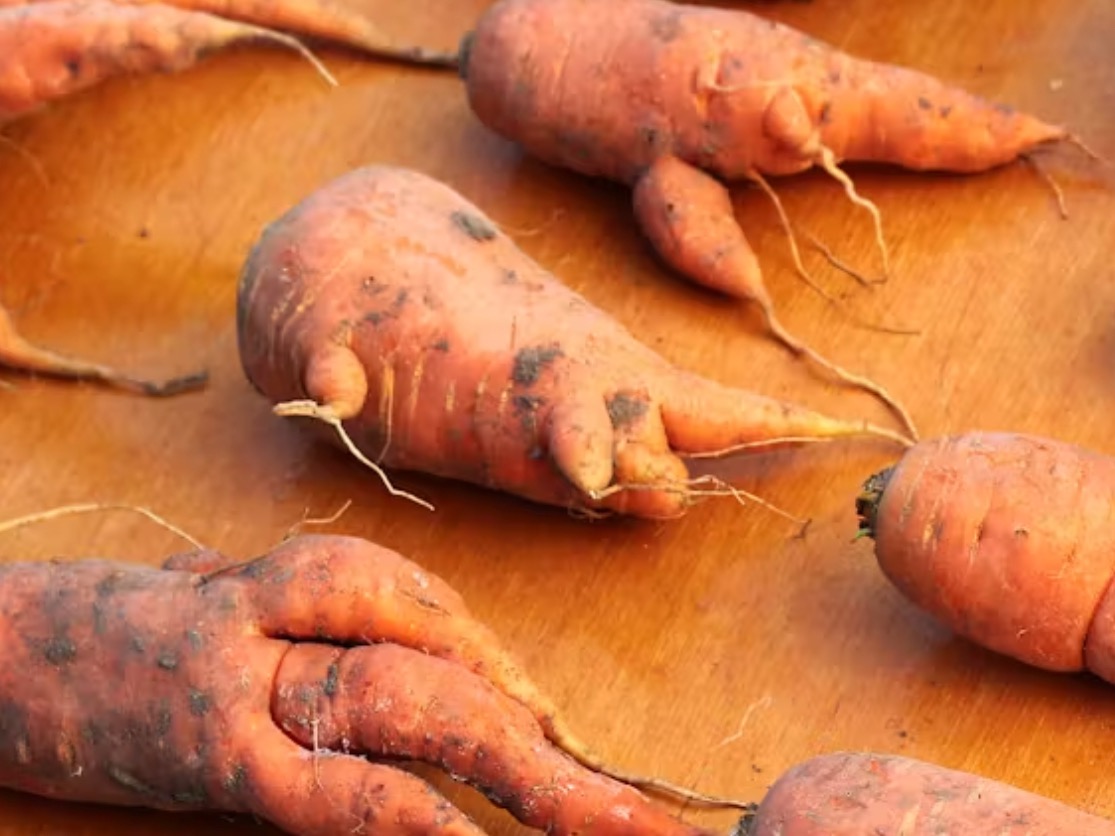
Alleviating food waste is increasingly being tackled by marketing, which has played its part in perpetuating the problem.
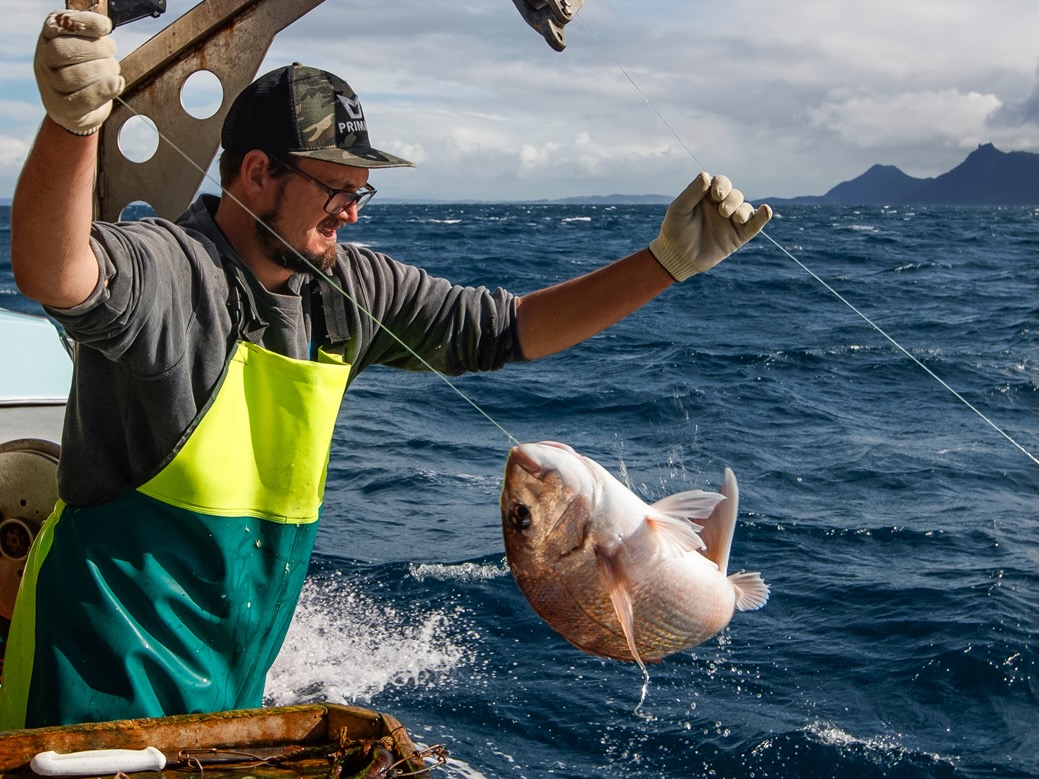
A team effort is required to build and retain a skilled seafood workforce that can deliver for all of NZ, according to Seafood NZ’s Jeremy Helson.

Calling the incident of a woman misidentified by facial recognition technology a “genuine case of human error” fails to address the deeper questions about such use of AI and automated systems.
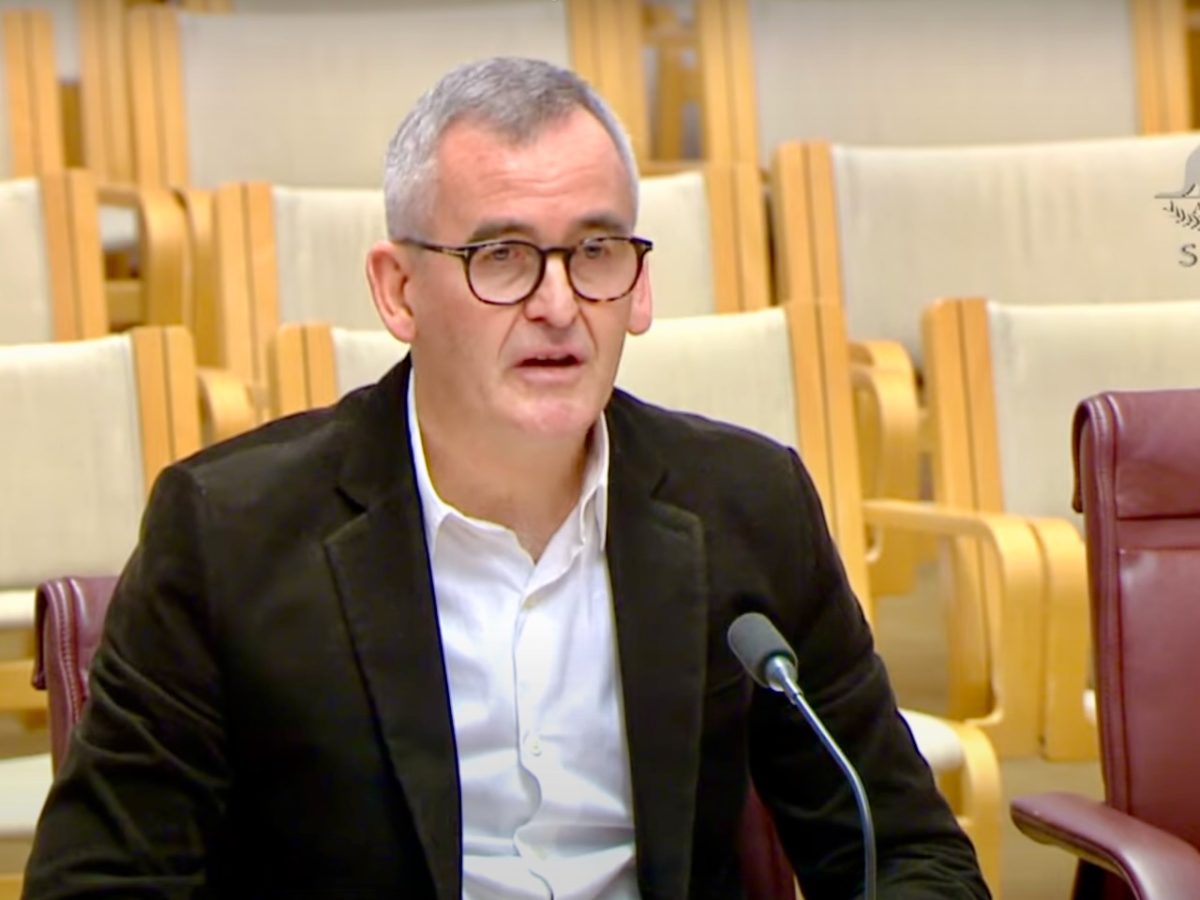
Woolworths’ CEO failed to disclose his company’s ROE under questioning during a Senate hearing – why?
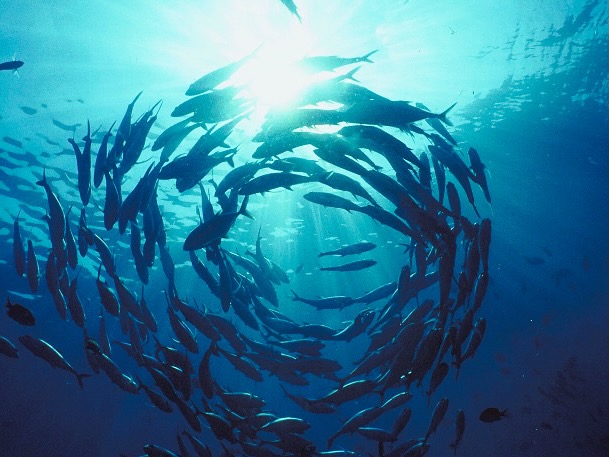
Making sure that more aquatic food we capture ends up in our mouths, rather than the bin, is crucial to reducing waste and enhancing long-term food security, says the World Economic Forum.
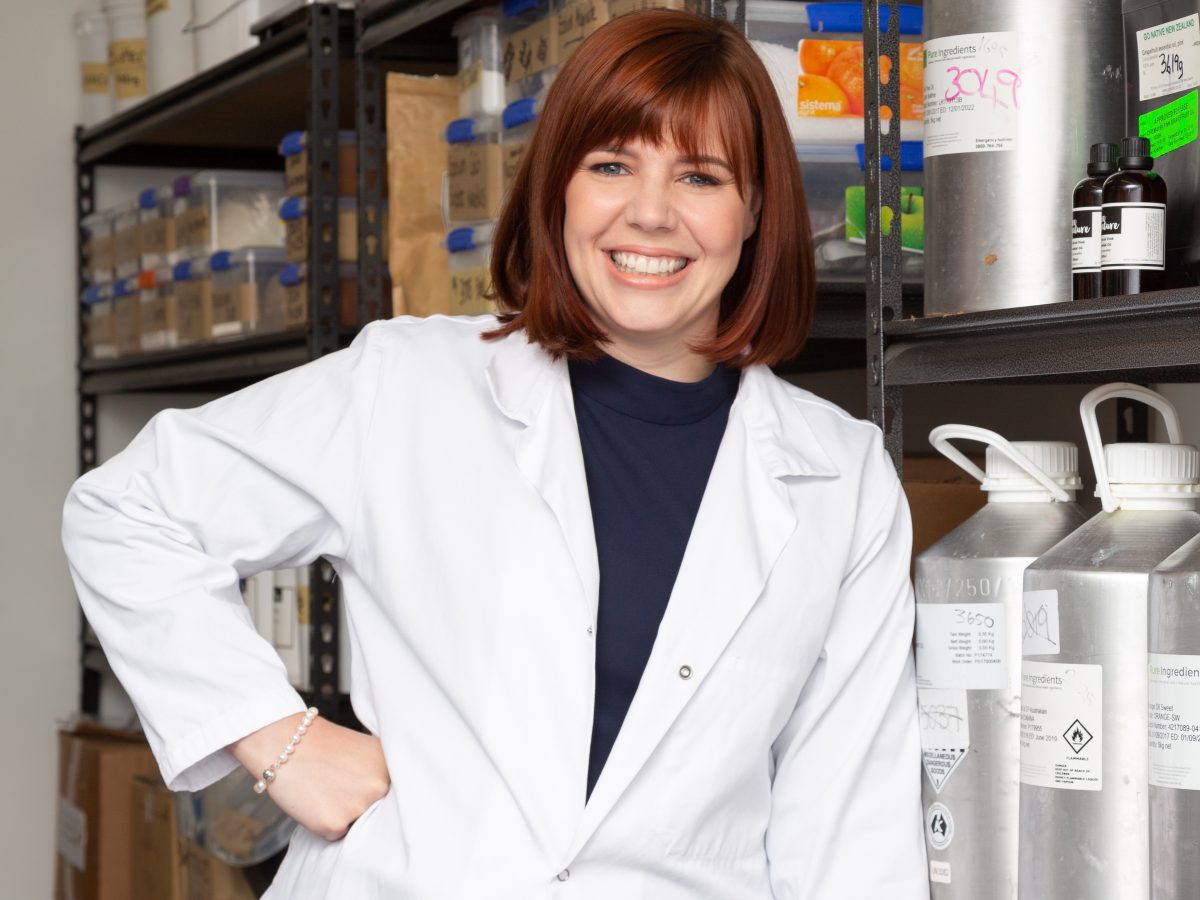
The Incrediballs and Ethique founder dissects the cooling of the plant-based sector and the investor reckoning that comes with it.
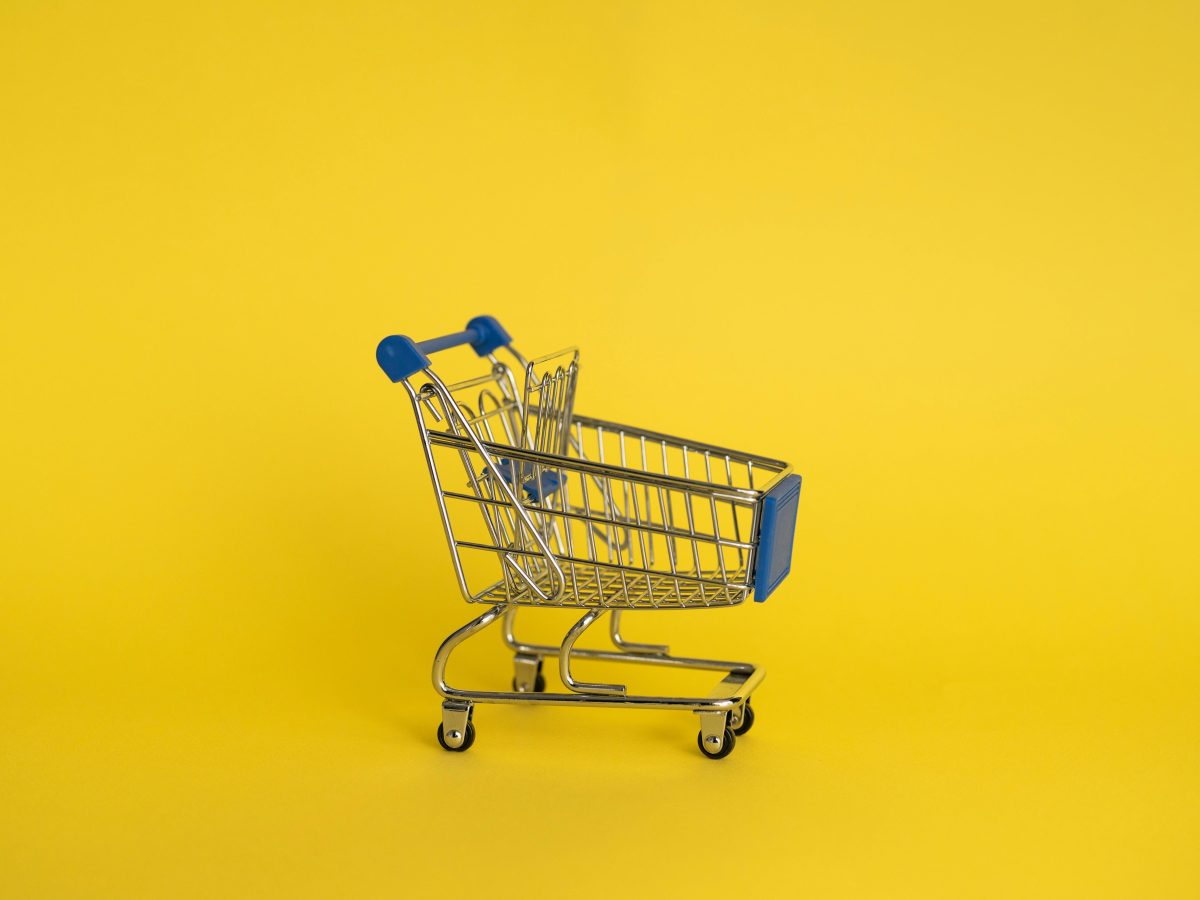
Regulation of supermarket power is overdue and Australia’s Treasury-commissioned review recommends changes – but are they enough?
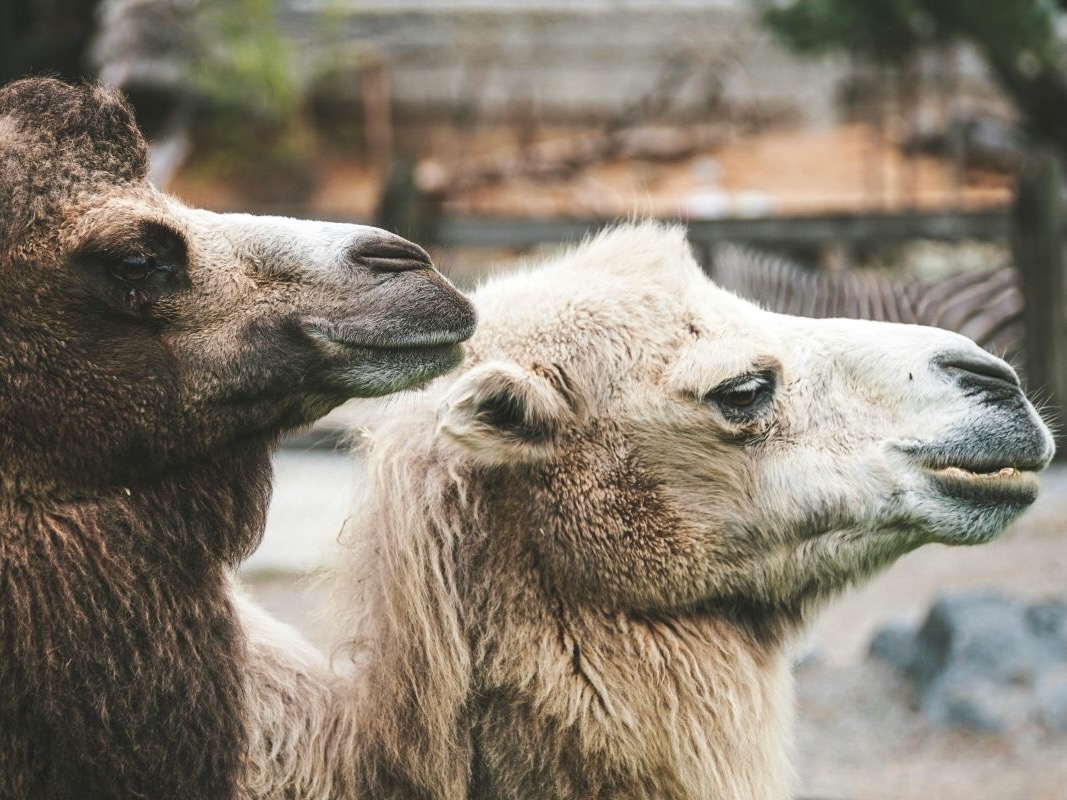
Megafarms are being set up to produce camel milk on industrial scales, but the emerging trend should cause us to pause and reflect, argue University of Oxford’s Ariell Ahearn and Dawn Chatty.

Food fraud is a growing economic and health issue – but AI and blockchain technology can help combat it.
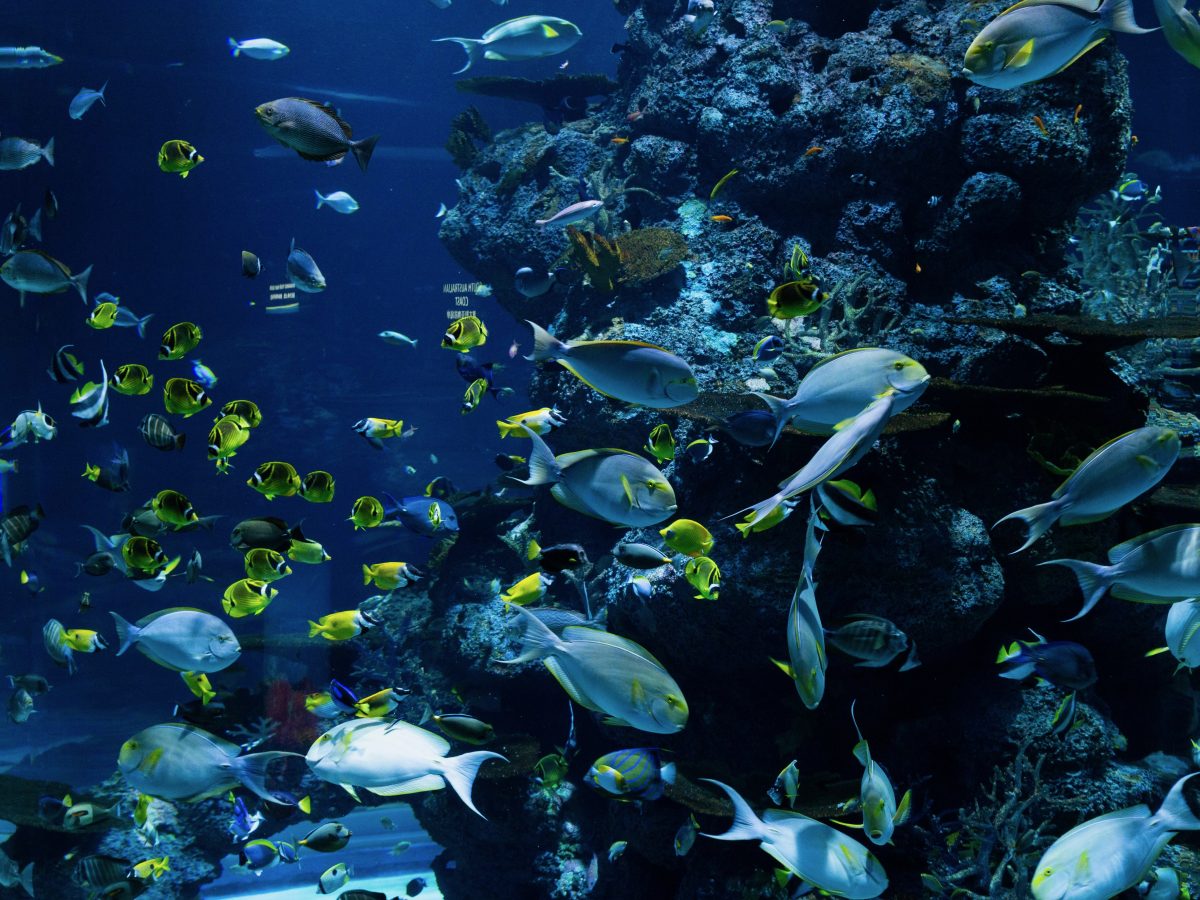
Marine protected areas can act as a reservoir to replenish adjacent fisheries, says an aquaculture researcher.

New Zealand needs policies that prepare the primary sector for changing protein markets and new governance for changing land use, according to researchers at the Protein Futures NZ initiative.
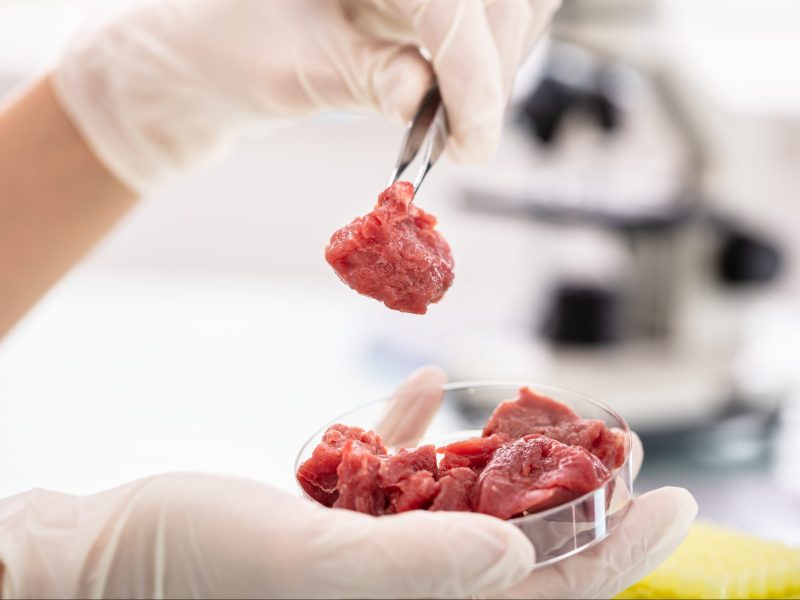
Greater adoption of analytical tools in alternative protein development can have outsized effects on market uptake and contribute to a more sustainable food ecosystem.
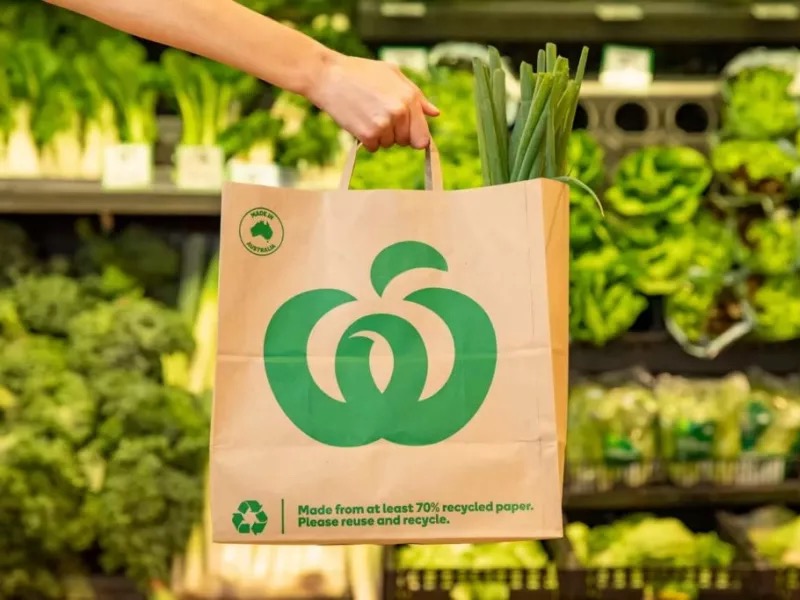
Woolworths held the title of most trusted brand in Australia for three and a half years, but now supermarkets are in the spotlight for all the wrong reasons, says University of Tasmania’s Louise Grimmer.

The global food system no longer meets the world’s health or sustainability needs but there are ways to help consumers make better choices, according to the World Economic Forum and Accenture.
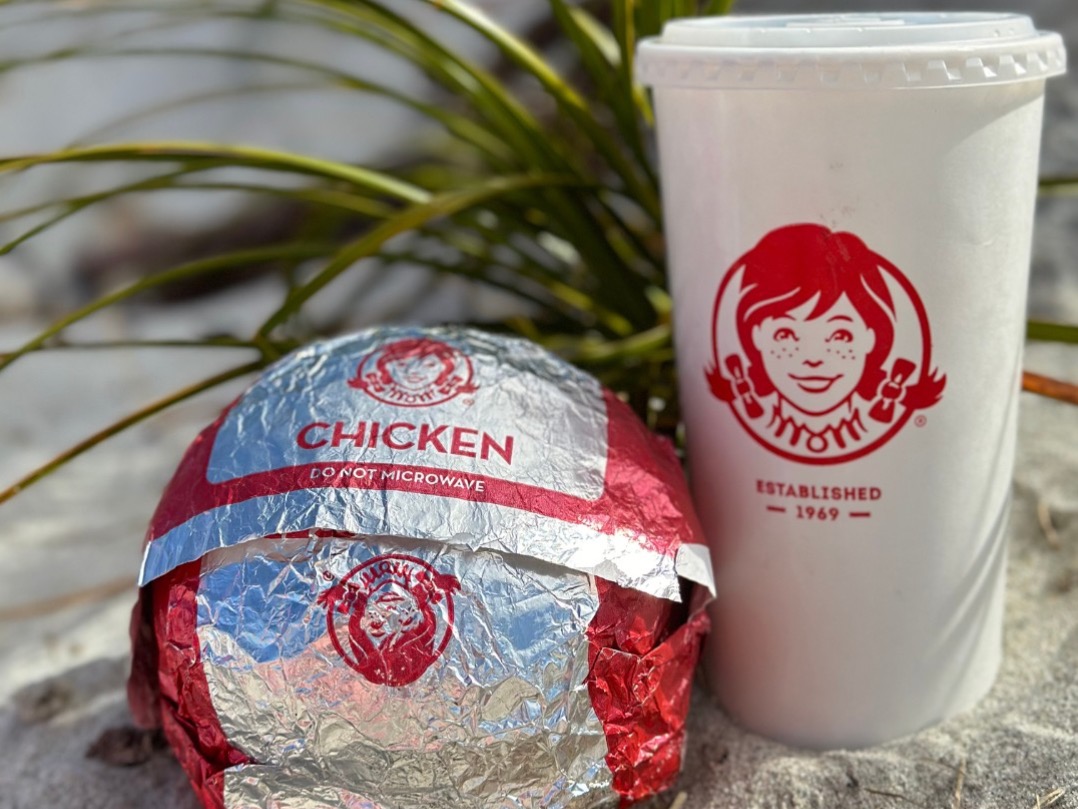
The controversy over Wendy’s pricing strategies is an example of how online word-of-mouth can distort communications and create confusion.

While the hospitality industry struggles with a skills shortage, researchers find that chefs in New Zealand and Australia face financial hardship and mental health challenges.
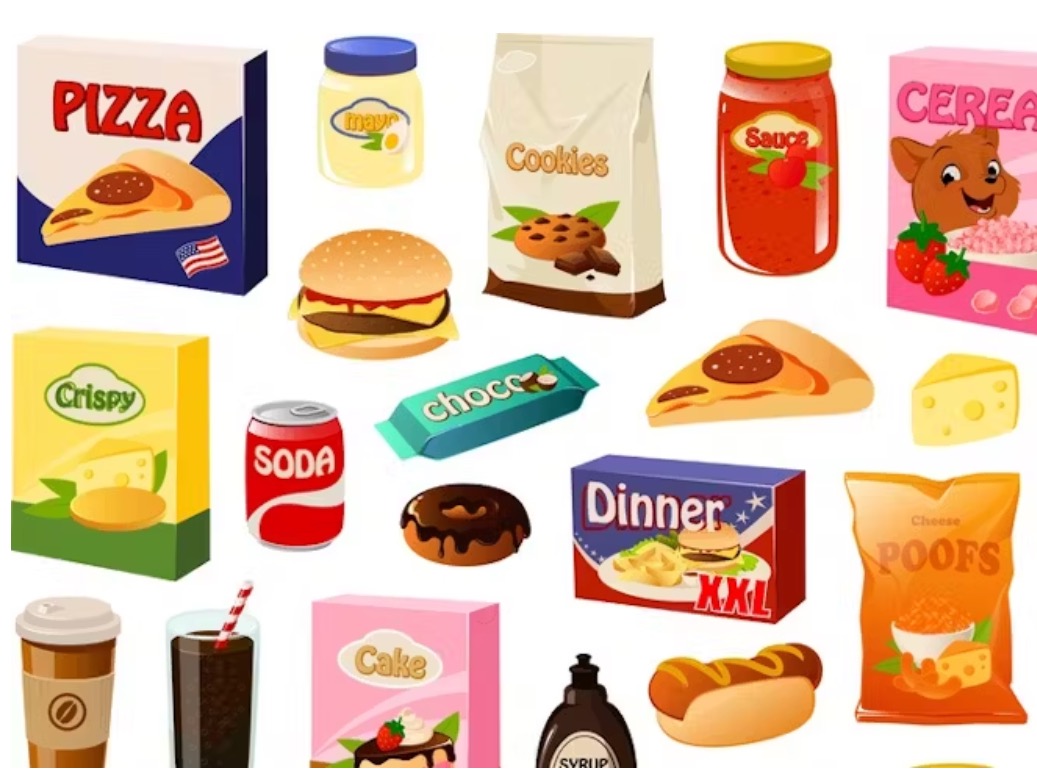
Financial links between corporations and academic institutions are known to lead to conflicts of interest so extra vigilance is required, argues a group of South African academics.
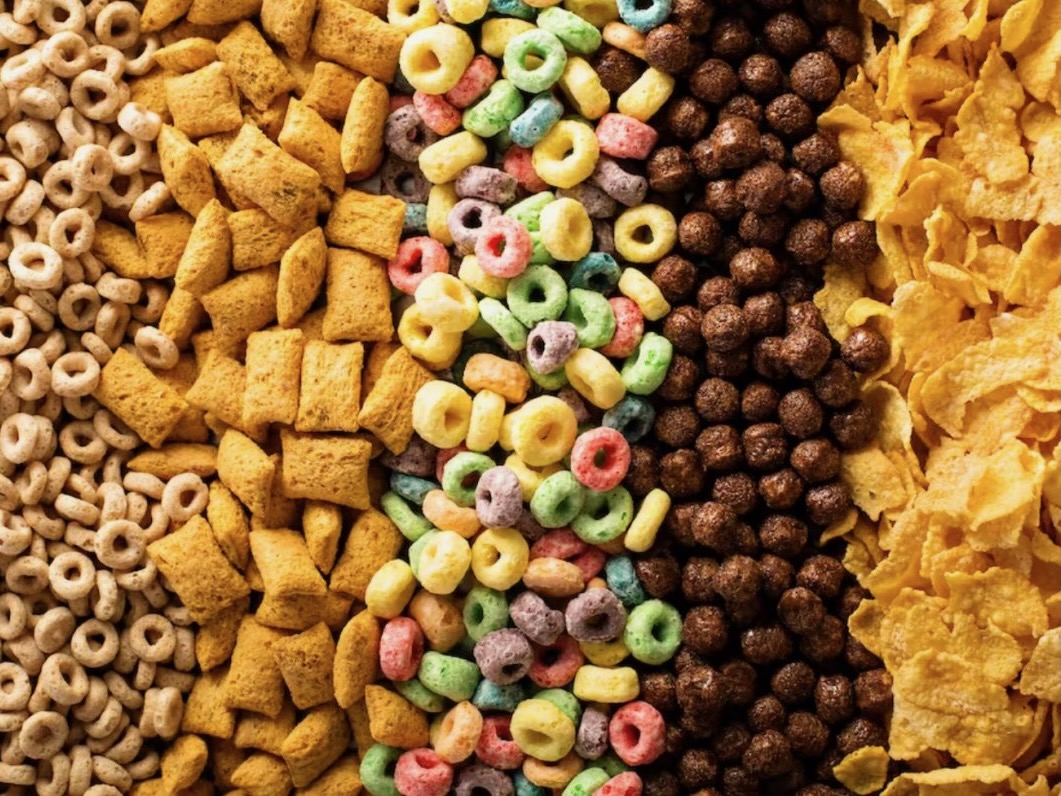
Following the UPF review, new research to understand how and why certain foods cause ill-health is urgently needed, says Quadram Institute’s Pete Wilde.
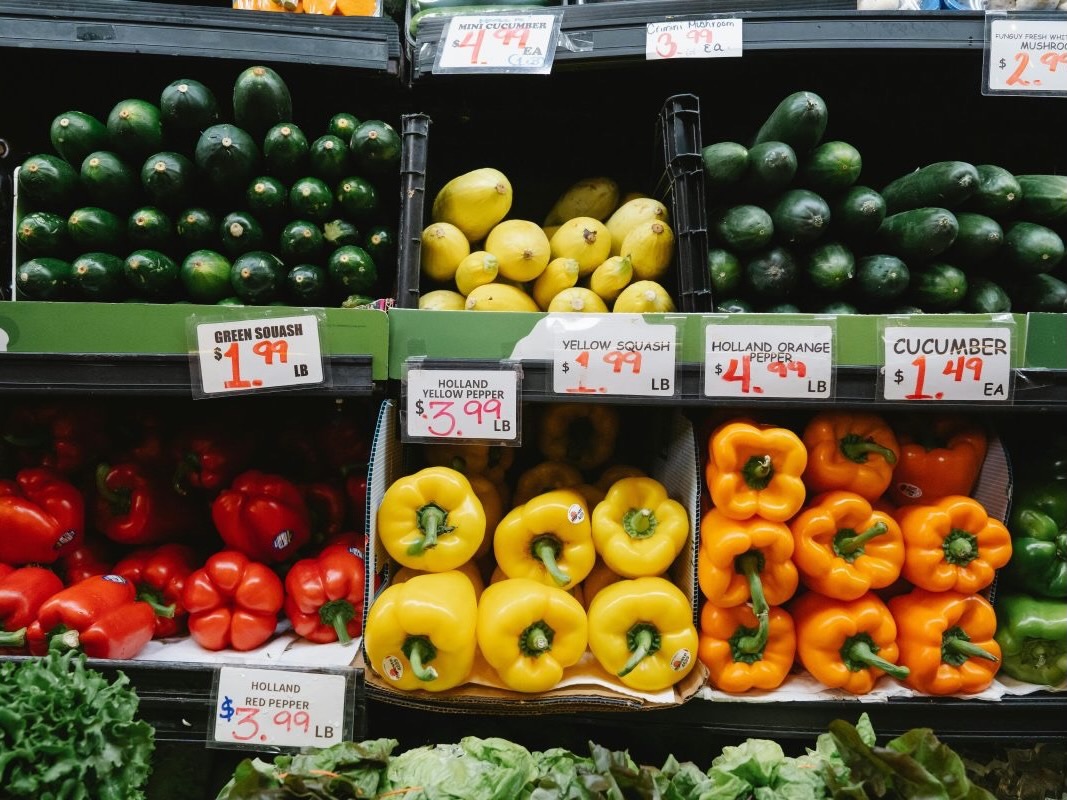
Exploring the lesser-known costs related to food is the first step toward reducing them – and the key is a method called true cost accounting.
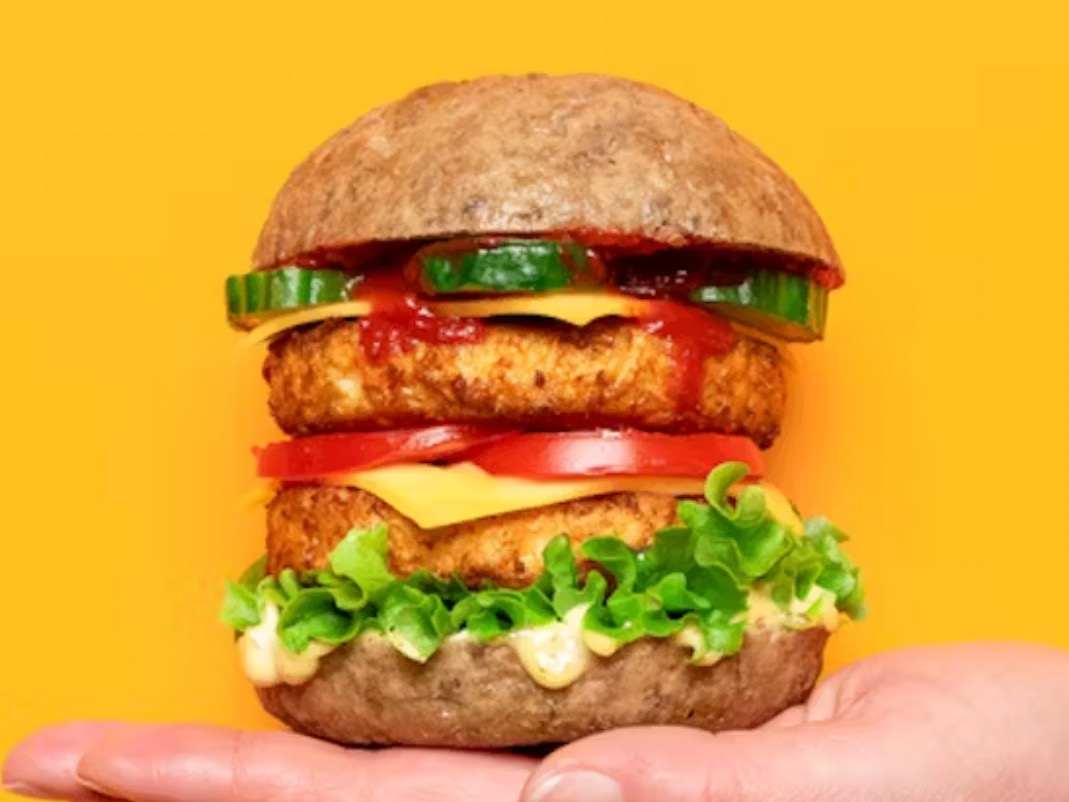
Researchers say there is now a wide range of products for sale with a large variation in nutritional content.

While competition, price gouging, and power asymmetries must be scrutinised, issues of worker and customer surveillance are the other side of the same coin.
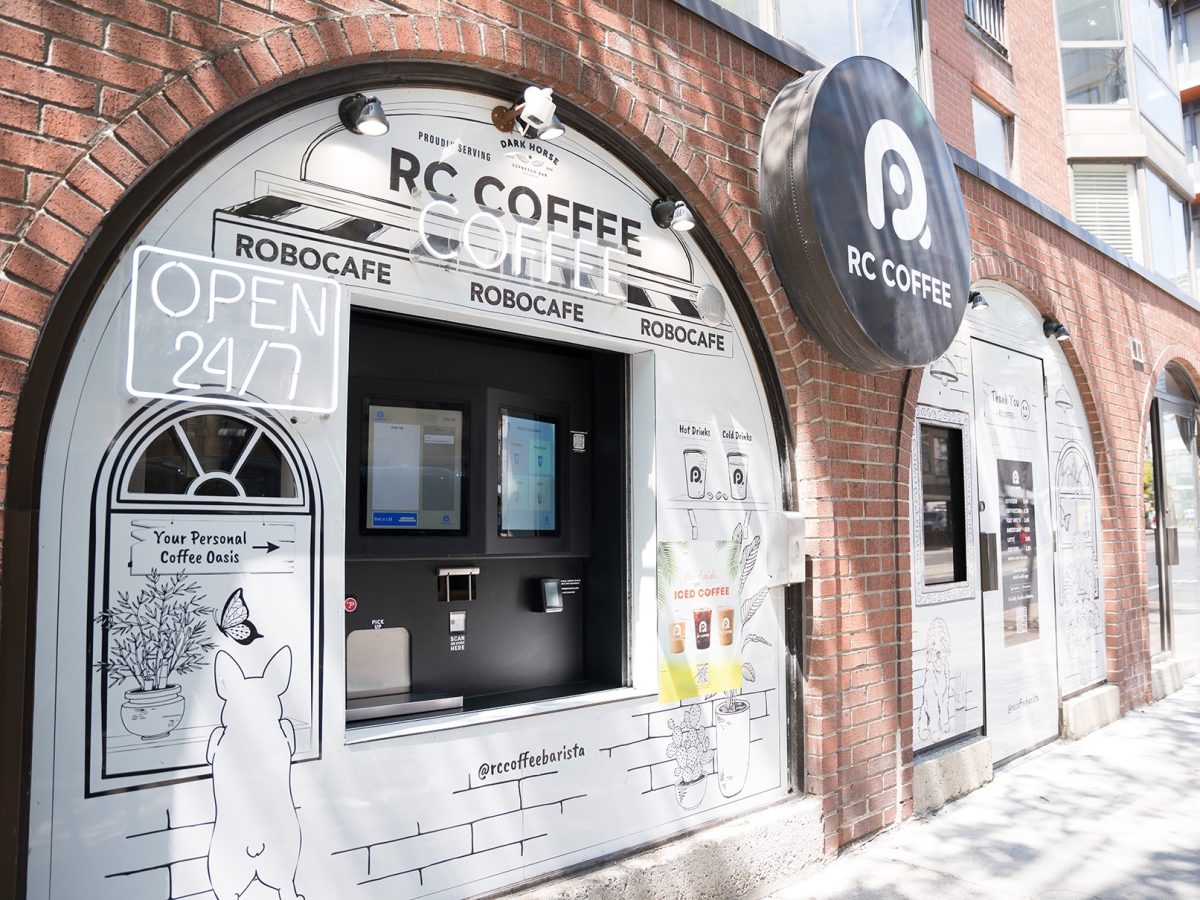
The contactless convenience of robo-retail might be captivating but is important to consider who benefits the most and who gets left behind.

The bioactive company’s co-founder shares her key learnings three years into her startup journey.

With consumption of animal products on the rise, developing and implementing systematic strategies for diversified production becomes all the more necessary, says Aleph Farms’ Didier Toubia.
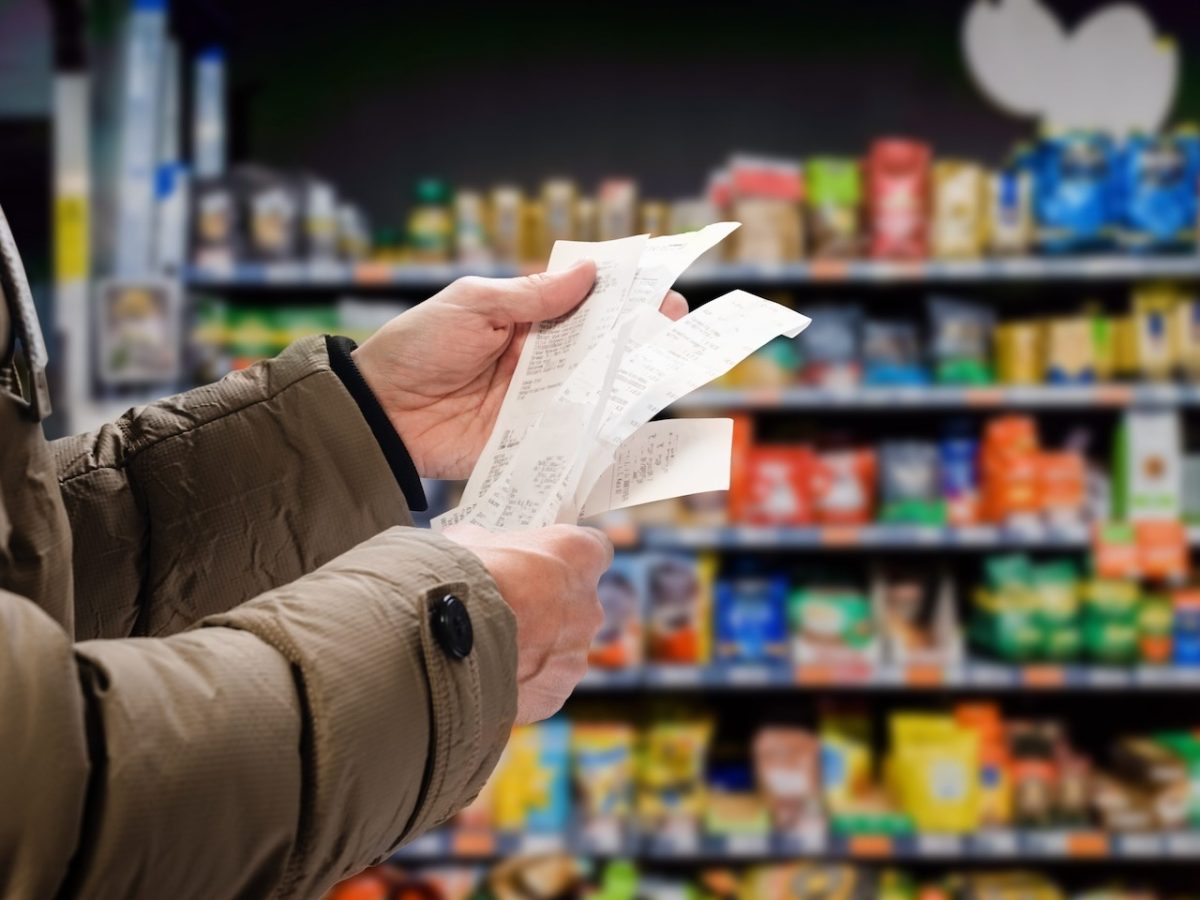
Unless the government steps up to address rising prices, too many Australians will keep struggling to put food on the table, say Deakin University researchers.

Harmful and unfair fisheries subsidies should be eliminated with priority given to fisheries sustainability and ocean equity, argue researchers.
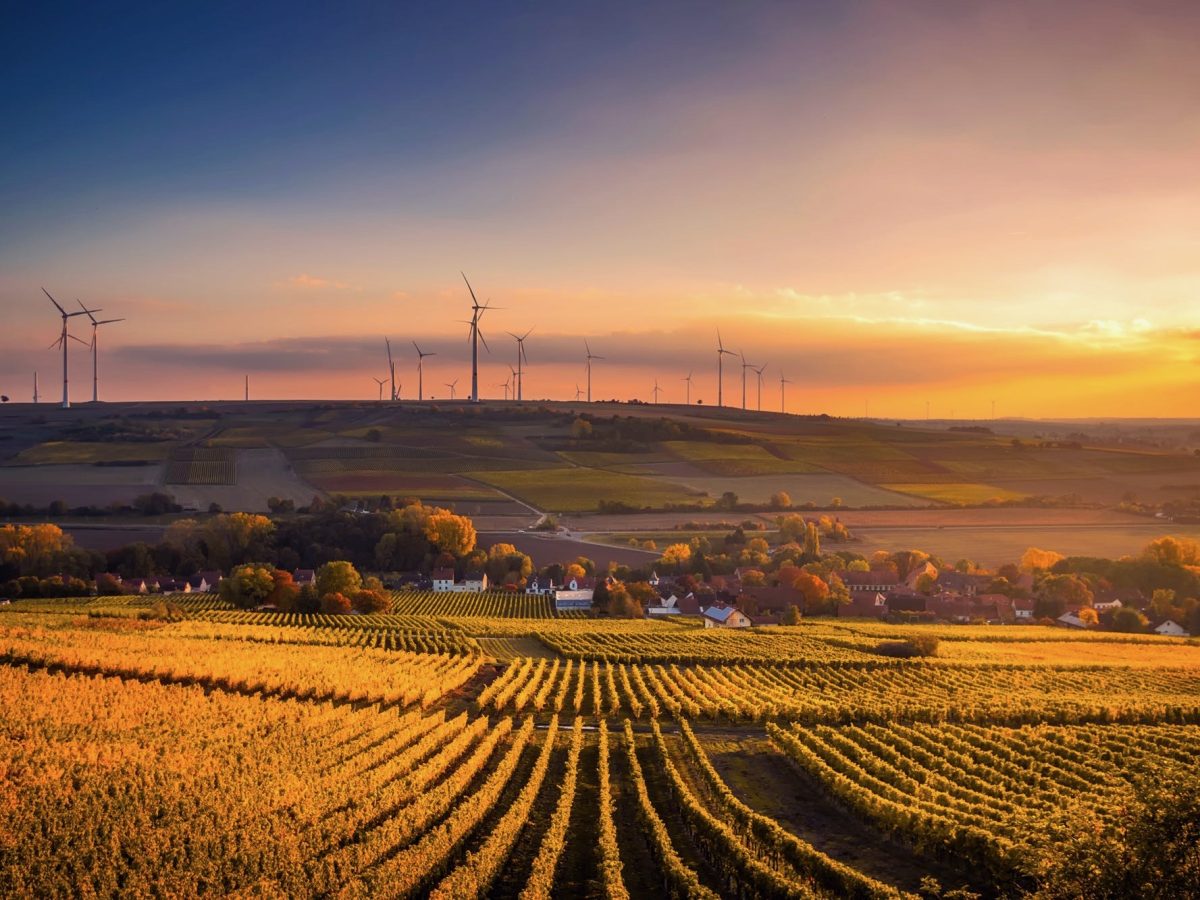
Increasing concern over climate change and consumer preferences for low-footprint foods, make developing an integrated climate, energy and alternative food plan for NZ seem eminently timely, says University of Canterbury’s Ian Mason.
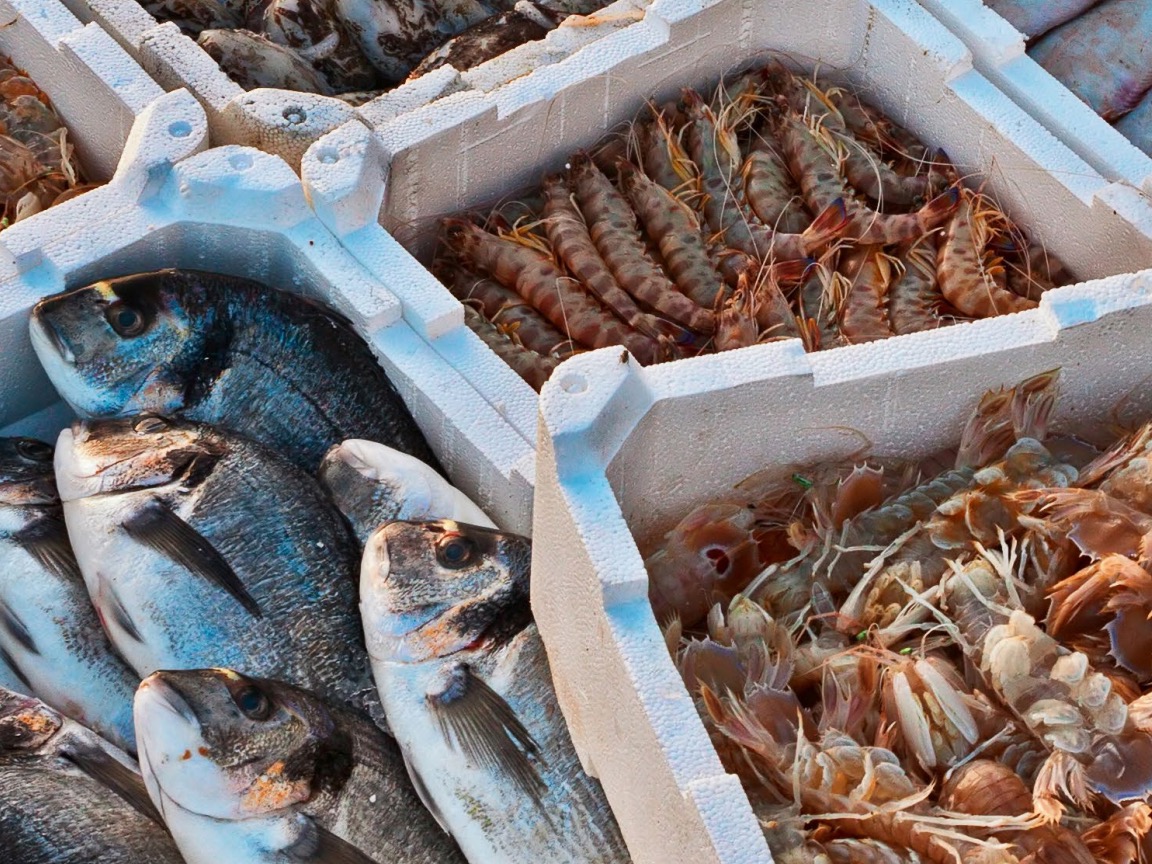
Marine aquaculture must maintain an intense focus on fish health and welfare, technological innovation, and sustainability measures to meet growing demand.
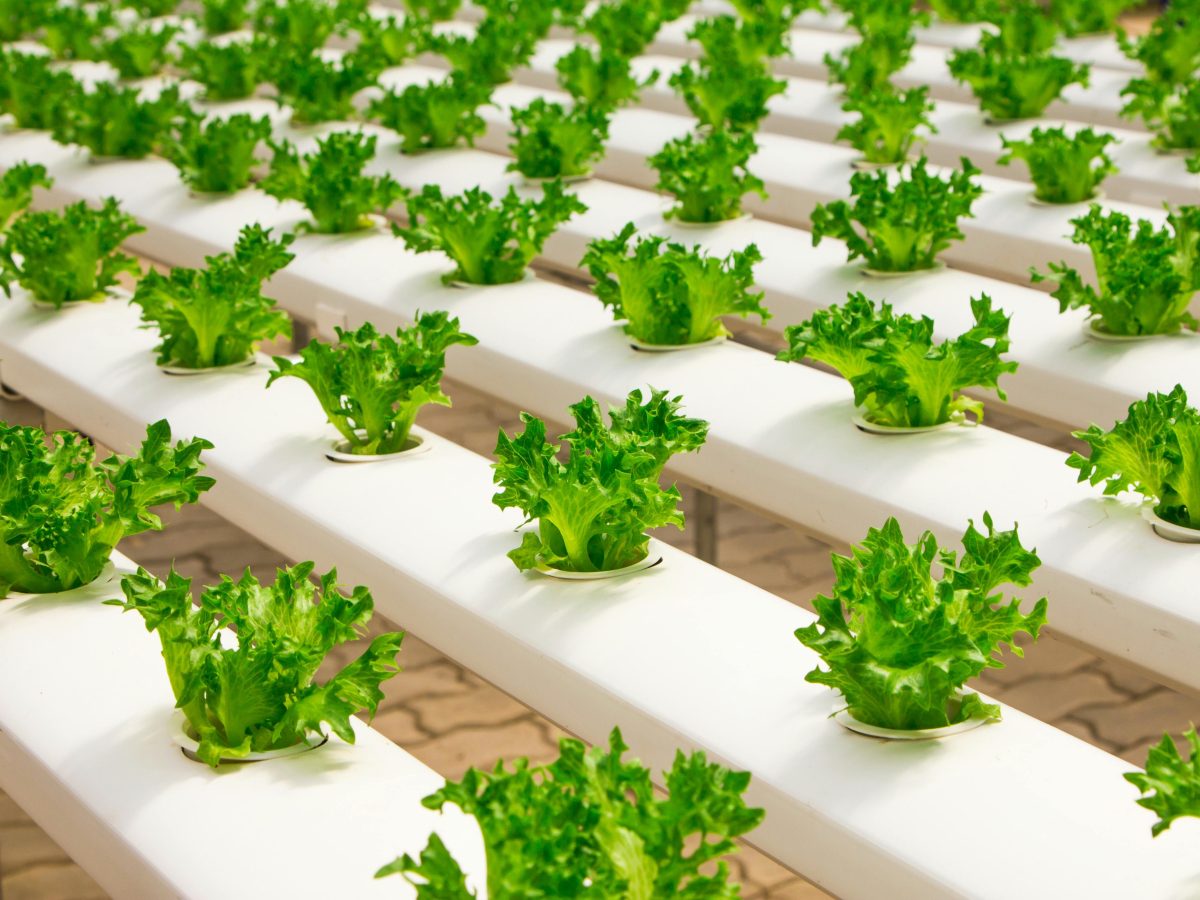
A transformation of food systems is urgently needed and offers enormous economic benefits, according to a four-year investigation by the Food System Economics Commission.

The EU has mandated nutrition labelling on wine with the US expected to follow suit – what effect will this have on consumers and winemakers?

Growing public awareness of the environmental impacts of the current food system must be harnessed to help foster climate-friendly diets.
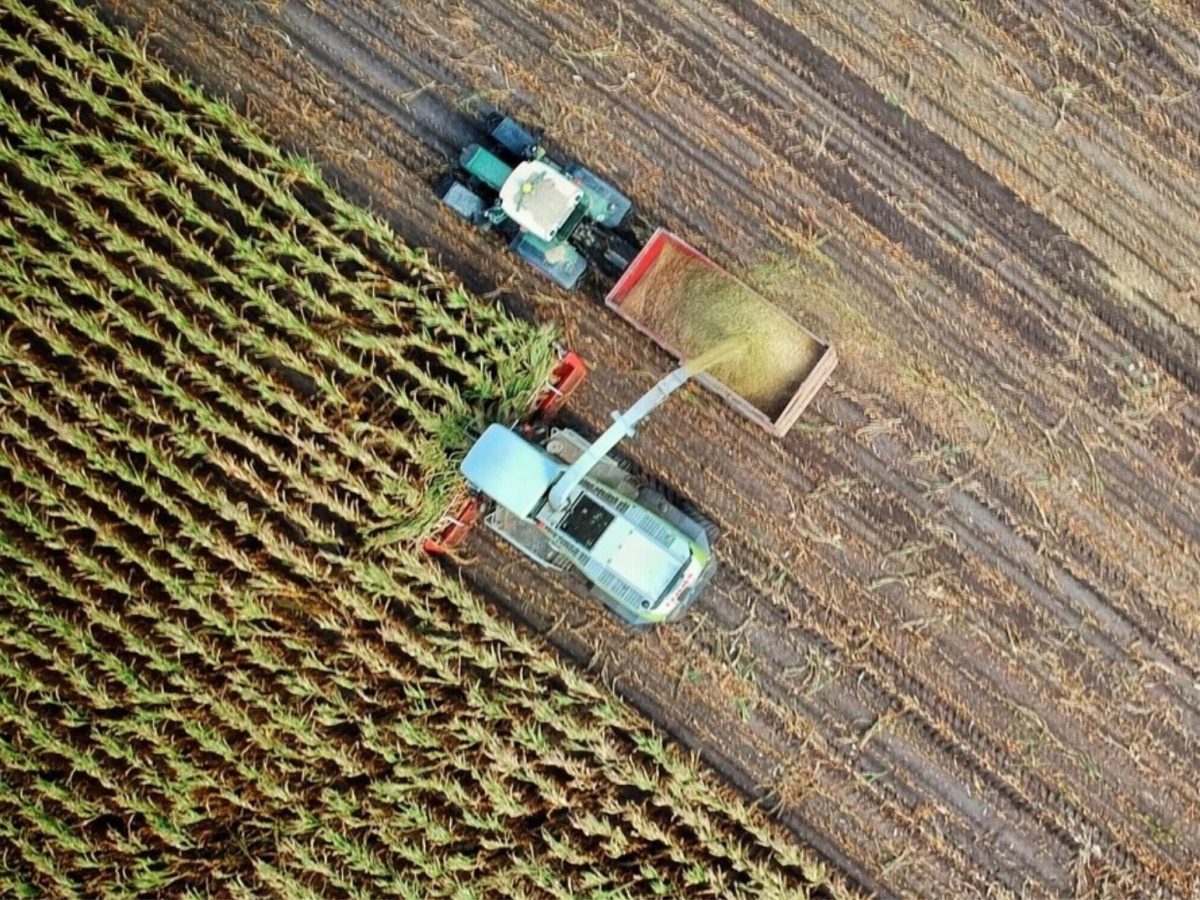
With the right tools, the problematic gas CO₂ can be turned into a valuable and sustainable raw material in our future food production, say Novozymes and Novo Nordisk Foundation proponents.

New technologies can play an important role in creating more robust, sustainable and affordable food production ecosystems, according to Fork and Good chief executive and co-founder Niyati Gupta.
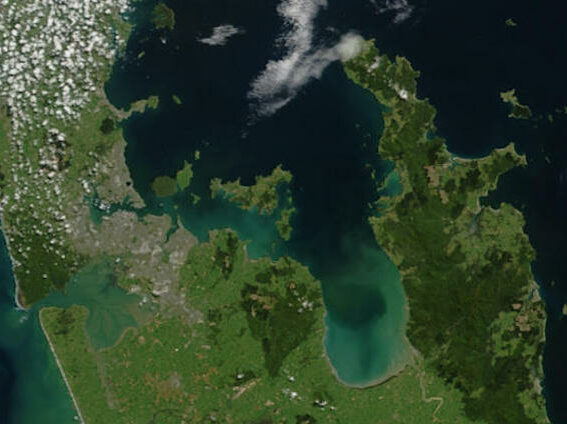
Seafood NZ says better information is needed and a wider range of options considered over proposals to restrict bottom fishing.
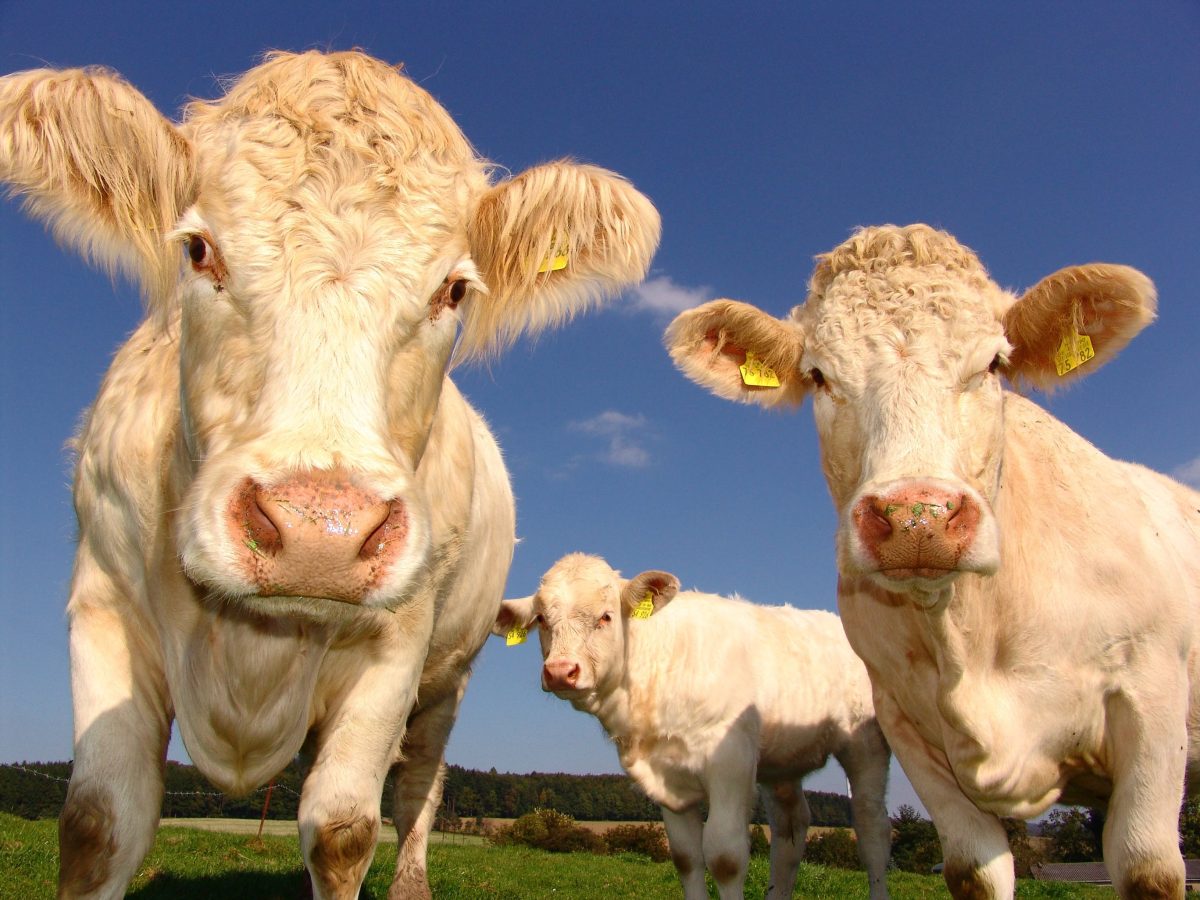
Innovations are emerging to minimise greenhouse gas emissions and ensure sufficient food supply.
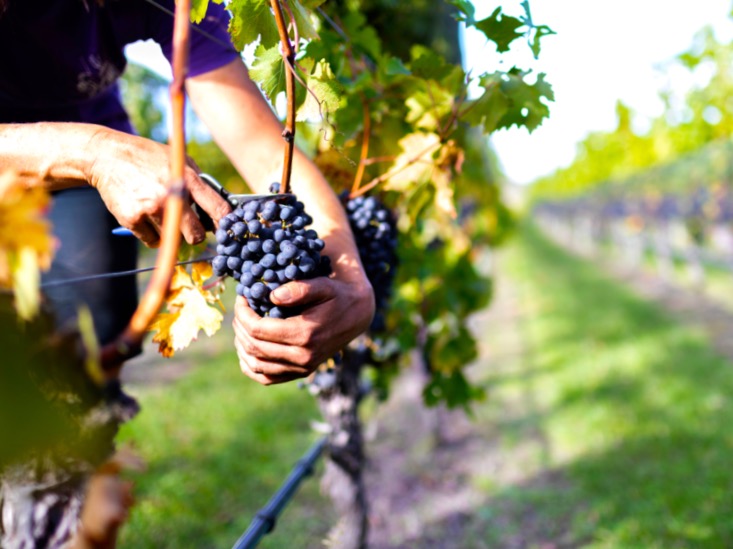
The horticulture and viticulture industries want more Recognised Seasonal Employer workers but it is taking a toll on the Pacific Islands, write Massey University researchers.

The way food packaging is designed can have a significant influence on what parents buy and children consume, write Australian health researchers.
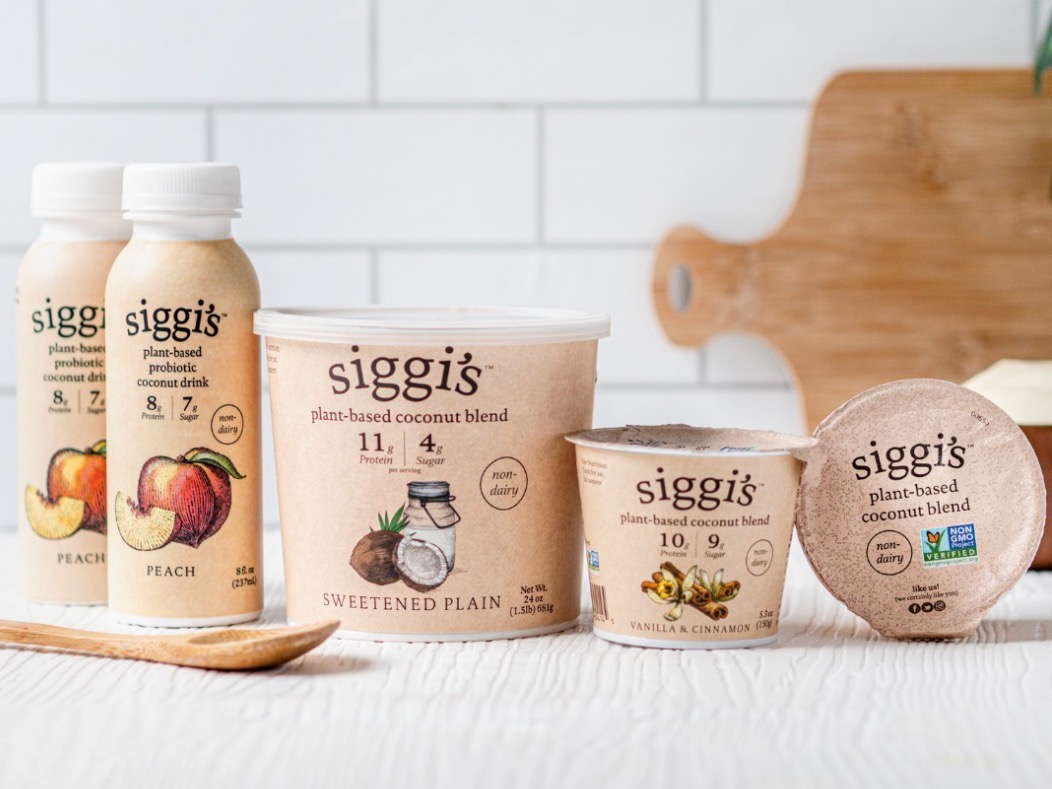
Do shoppers favour uncluttered package design and, if so, why? Texas Christian University’s assistant professor of marketing, Lan Anh Nu Ton, takes a closer look.
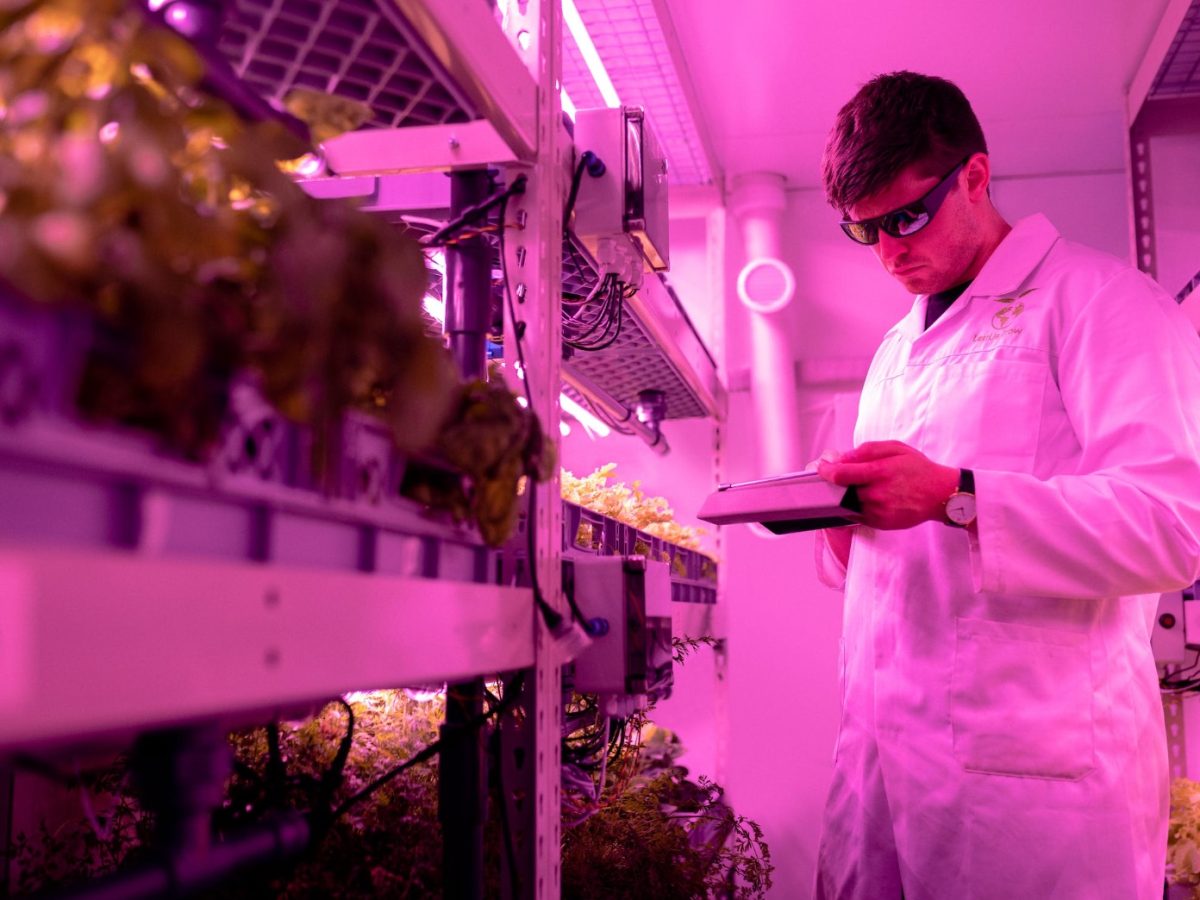
From developing cutting-edge tech to transform agri, private players are working with industry to disseminate innovation.

Tapping into the average person’s concerns over the environment may help spur collective action and beer could be a good test.

With AI producing results when it comes to NPD, think tank Te Puna Whakaaronui takes a look at what is happening globally and asks, ‘what should be happening in New Zealand?’

New NZ research found carbon leaching out of existing plastic pollution has a negligible impact on climate change, with the production of new plastics the bigger concern.
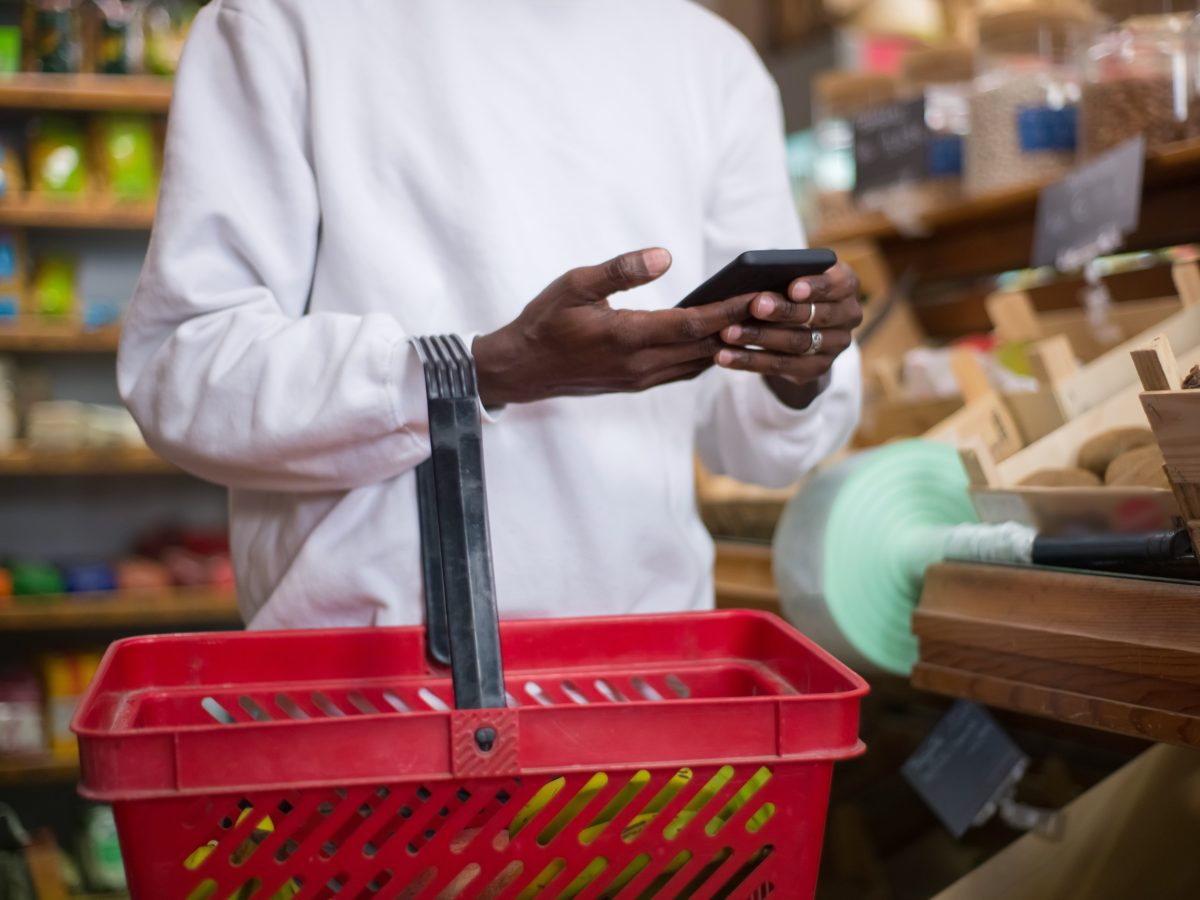
Once a cornerstone for food retailers, brand loyalty is suffering as consumers prioritise cost savings.

Trust Codes COO Emma Wheeler considers the food system challenges that need to be navigated if NZ is to move to a better food system.
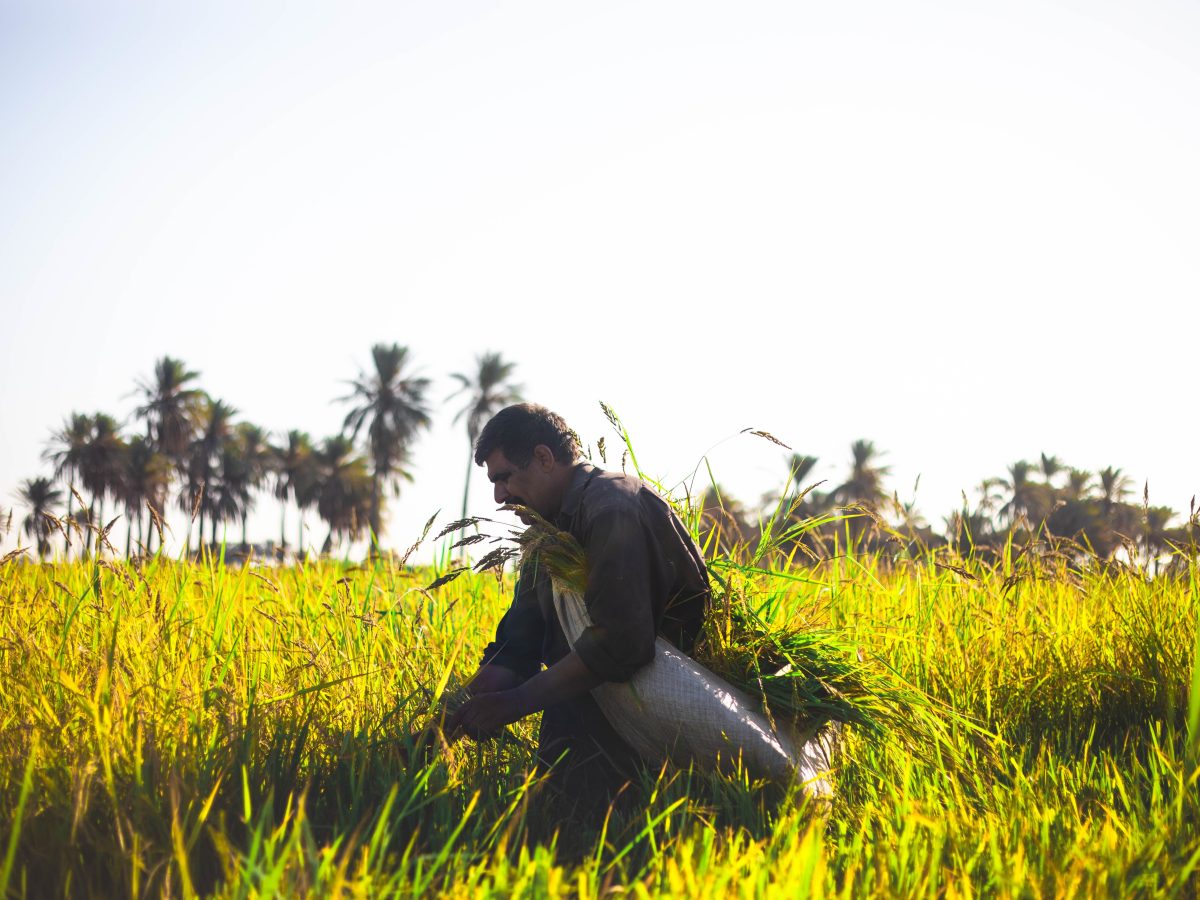
Amid calls for a second ‘green revolution’, Sweet Briar College’s Glenn Davis Stone debunks the standard legend of India’s input-intensive agricultural overhaul, and what it really means for food supplies and self-sufficiency.

Initiatives for decarbonising the food system are spearheaded by large companies, and the proposed measures can often be problematic for farmers.
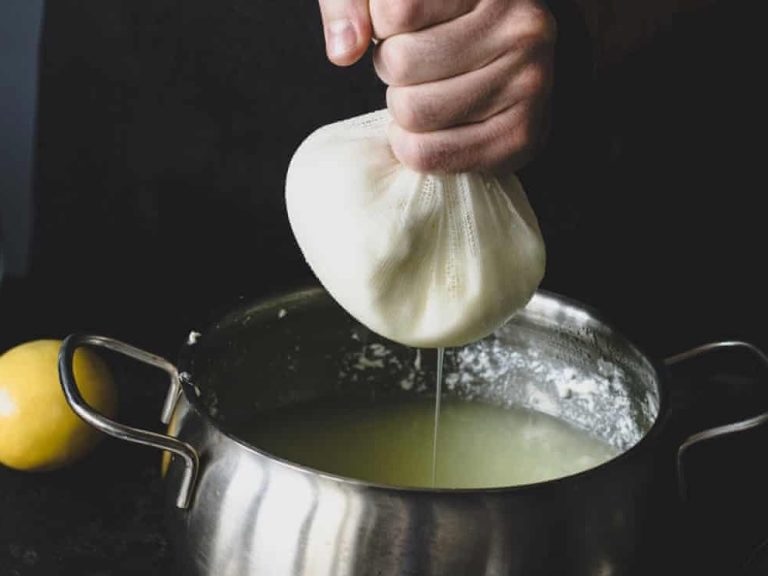
A new study shows value can be created from food waste by turning it into highly desirable nanocellulose.
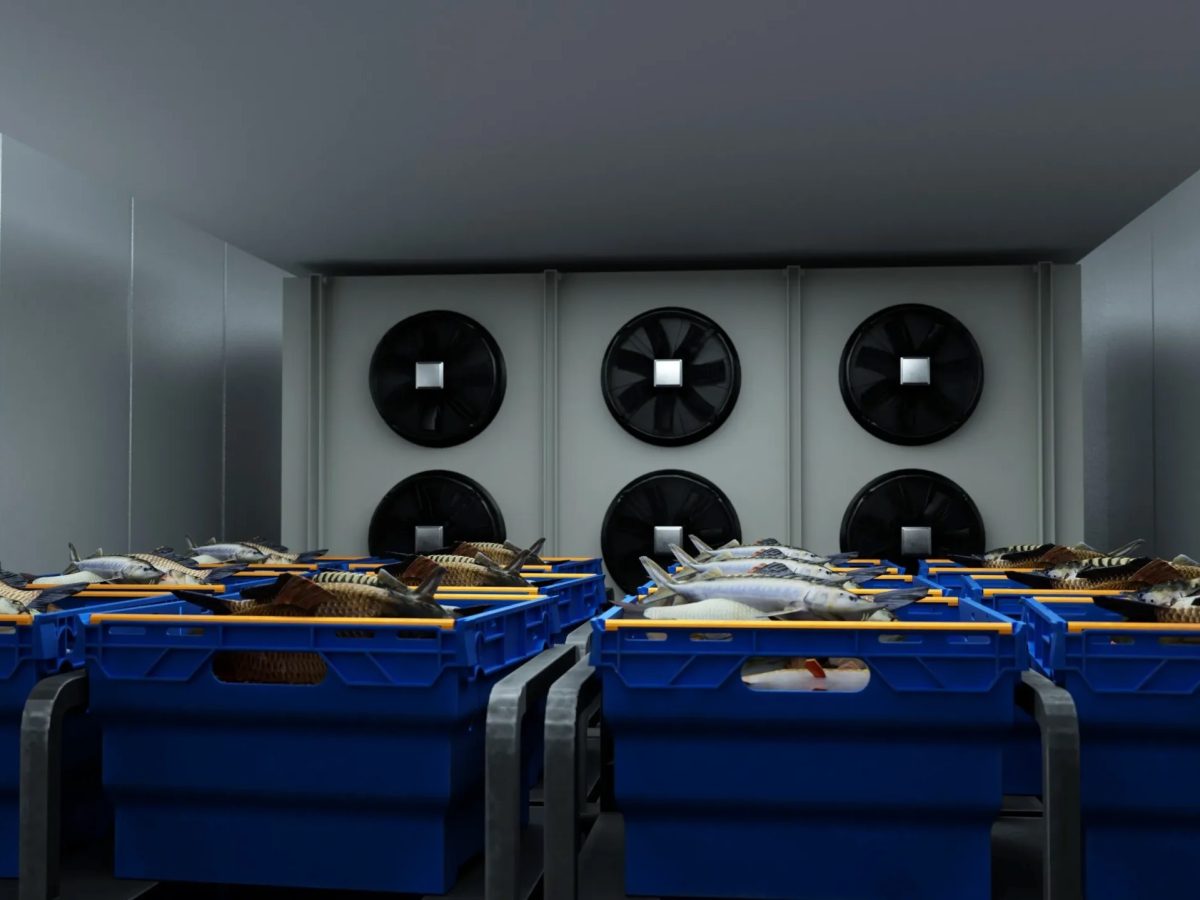
Investors who focus on the capital-intensive side of food investment can have a big impact on global food security and affordability, writes UBS’ Darren Rabenou.
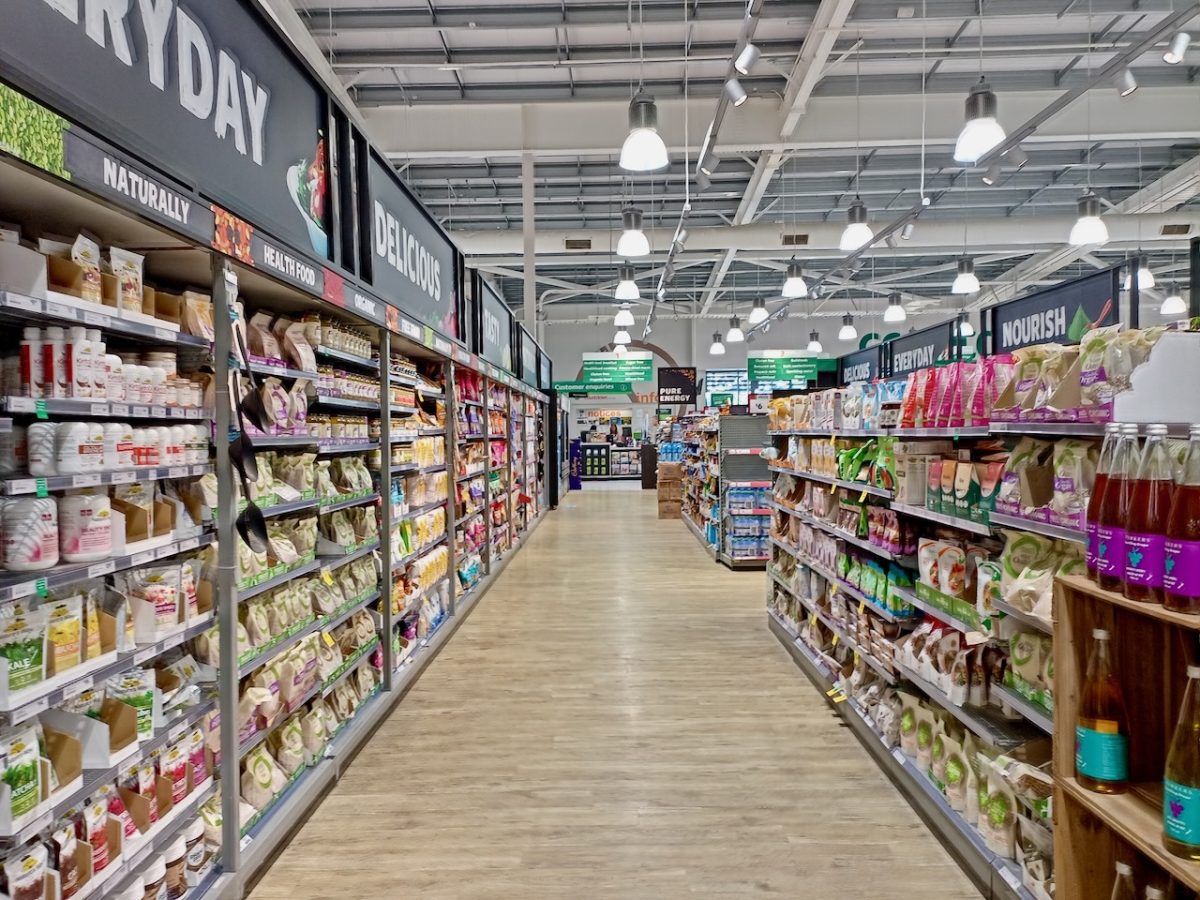
UPFs rely on energy-intensive manufacturing processes and long supply chains, which can lead to substantial emissions.

Significant environmental benefits can be gained by producing affordable, sustainable, and healthy food.
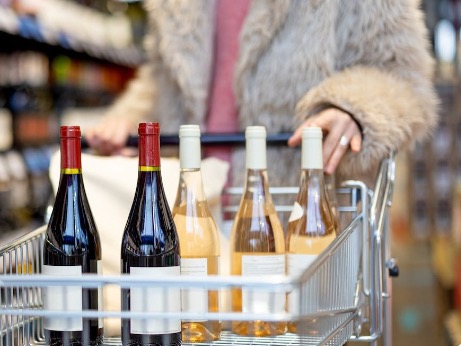
Zero-alcohol products do not cause the physical harms associated with alcohol, but they are not without risk, according to new research from Monash University.
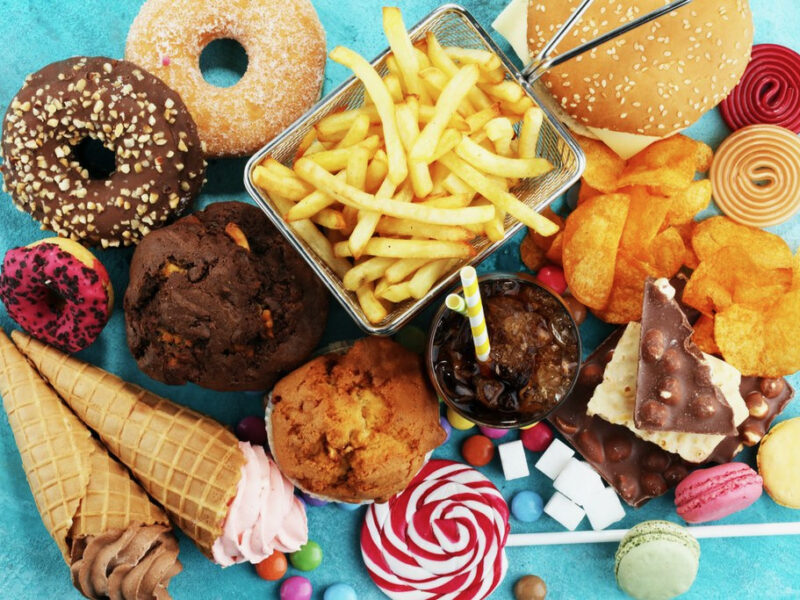
To solve a complex problem you need subtle and connected changes that are designed with and are acceptable to those with the most to gain.
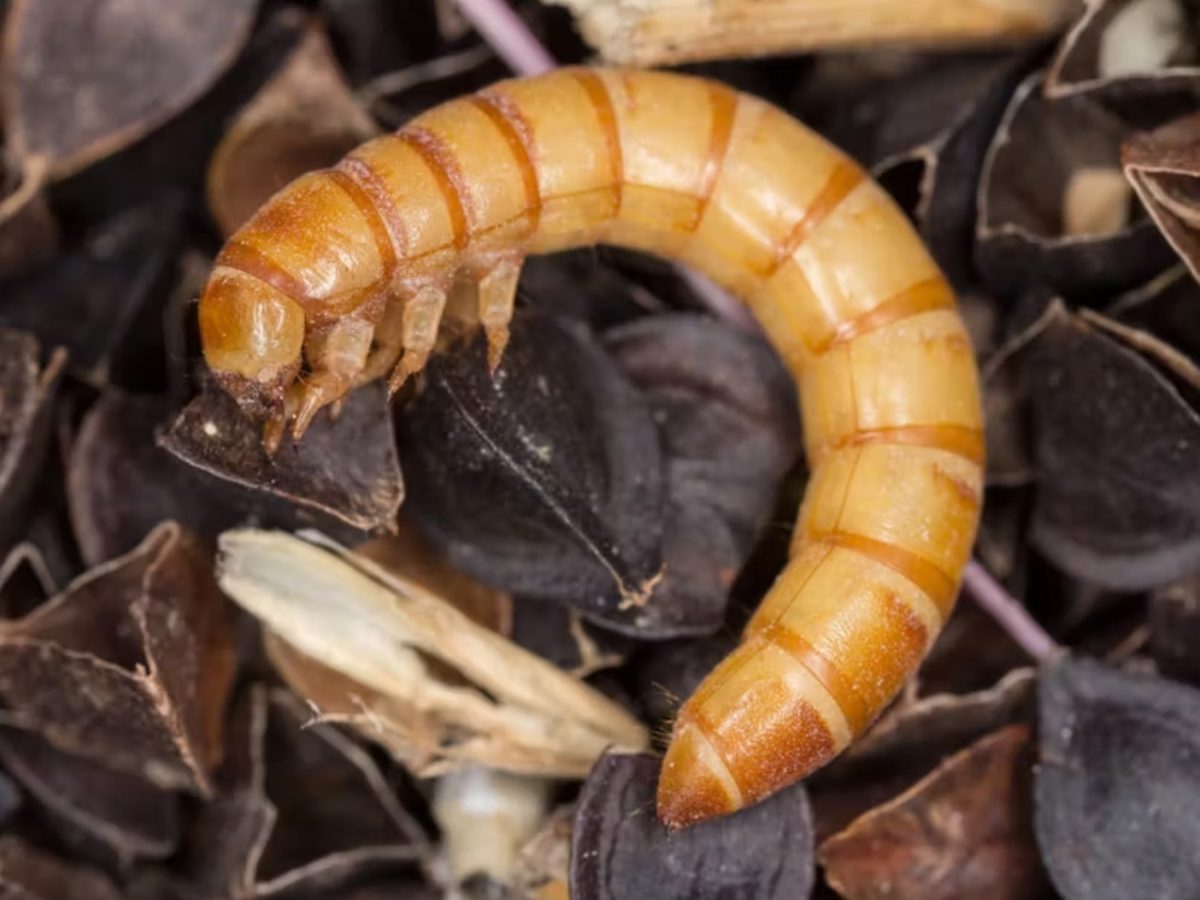
Like it or not, there are lots of good arguments for eating insects – both in animal feeds and on human plates.
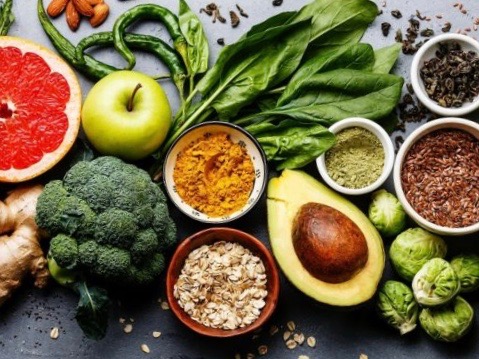
As more people consider switching to plant-based diets, the risk of iron deficiency will likely increase, but is NZ ready for iron-fortified foods?
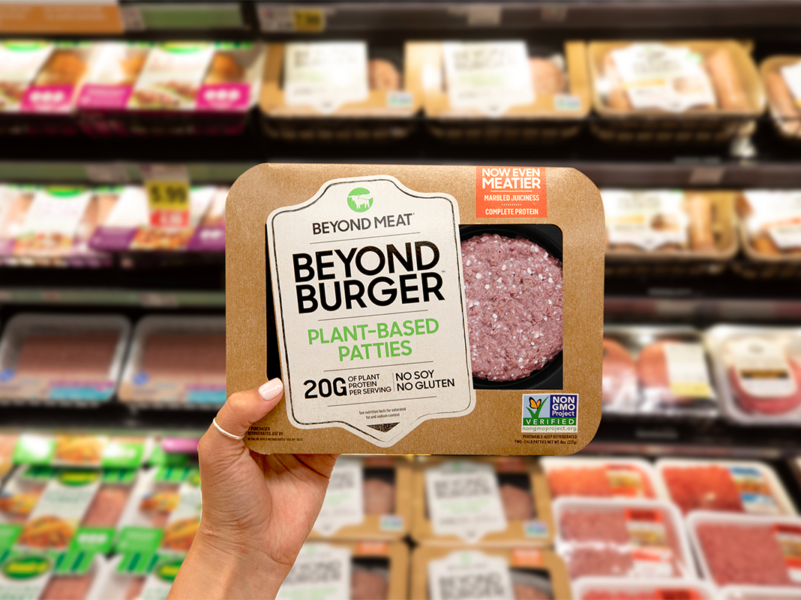
A growing ideological divide over the environment means traditional ways of encouraging people to eat plant-based meat – promoting its green credentials – could be harming sales.
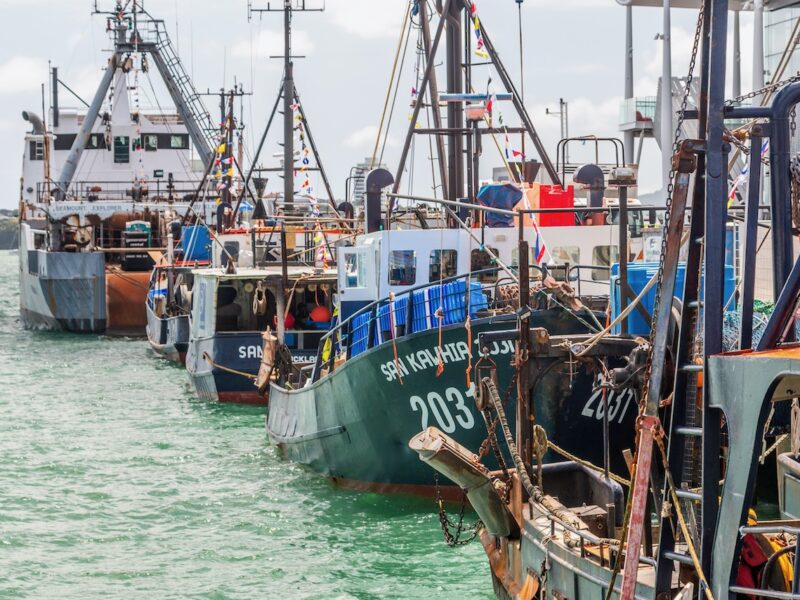
Collaboration and innovation are the way forward for the country’s seafood sector, says Oceans and Fisheries Minister Rachel Brooking in her opening address to the Seafood New Zealand conference.
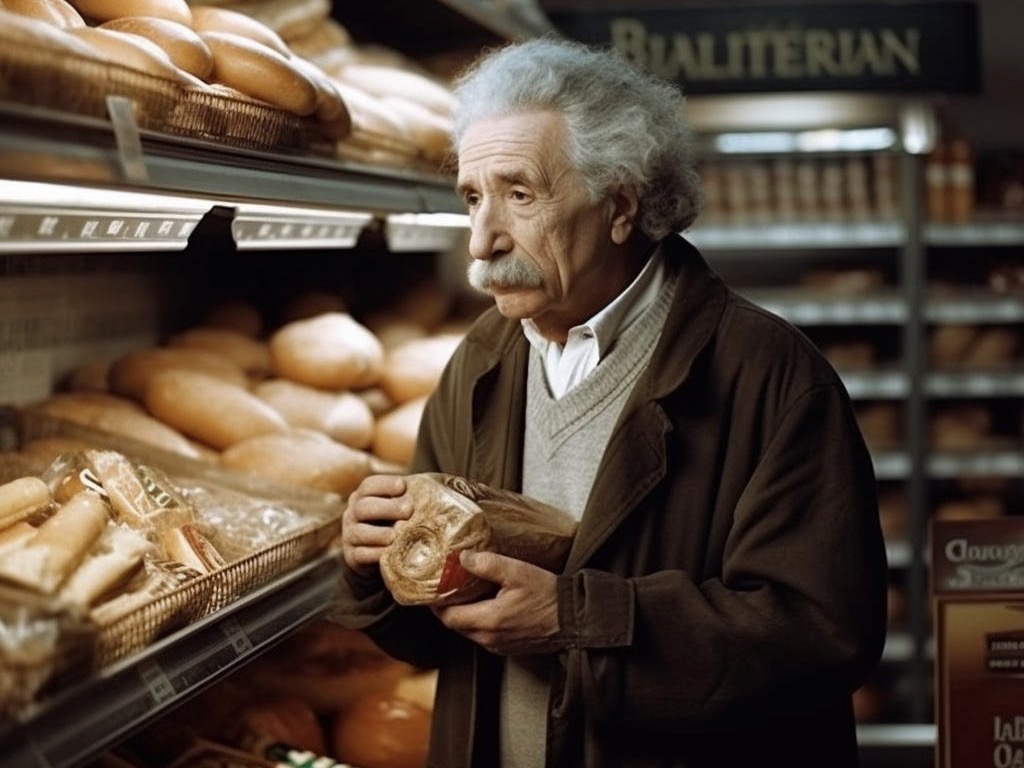
When it comes to food values, eaters have splintered into myriad food tribes, each with their own set of values and facts that blur the distinction between objective and perceived reality, writes Mike Lee.

The govt’s consultation on catch limits for NZ’s largest orange roughy fishery brings the deepsea fish into the spotlight again.
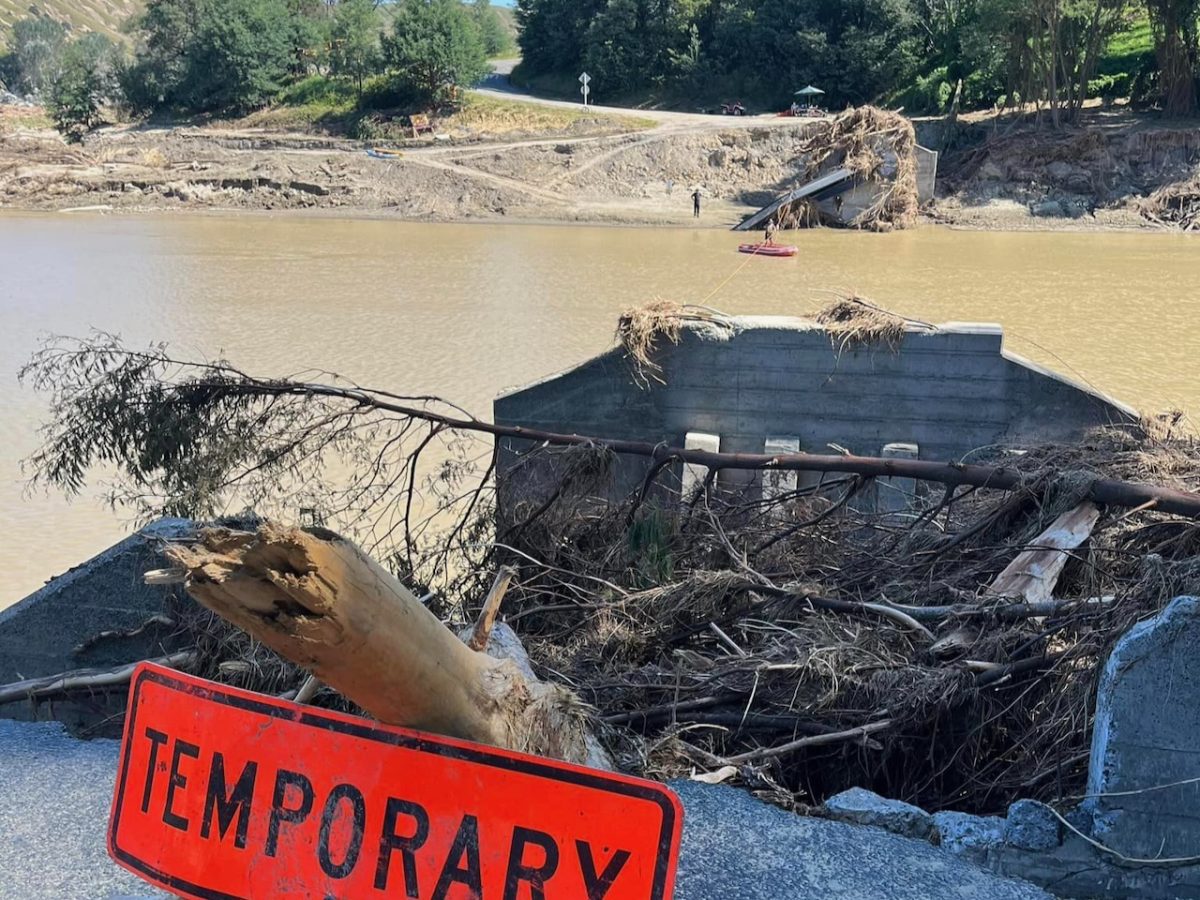
NZ must diversify its food system to build resilience and mitigate national risks from regional events.

Some of our cultural conceptions of wine, including its authenticity, actually stem from the commercial nature of the product, says Université du Québec à Montréal’s Vincent Fournier.

Improved guidelines are needed for the safe harvesting of wild foods, as well as more strenuous monitoring to protect people.

A landmark new report from the WHO focuses explicitly on what the science says about how red and processed meat affects our health – and the health of the ecosystems on which we depend.
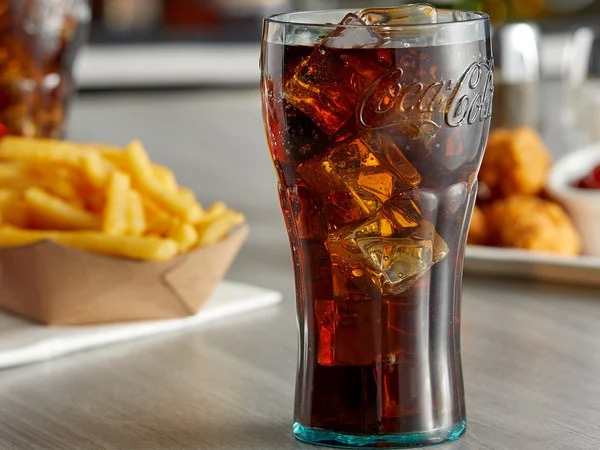
Does artificial sweetener aspartame really cause cancer? What the WHO listing means for diet soft drinks.
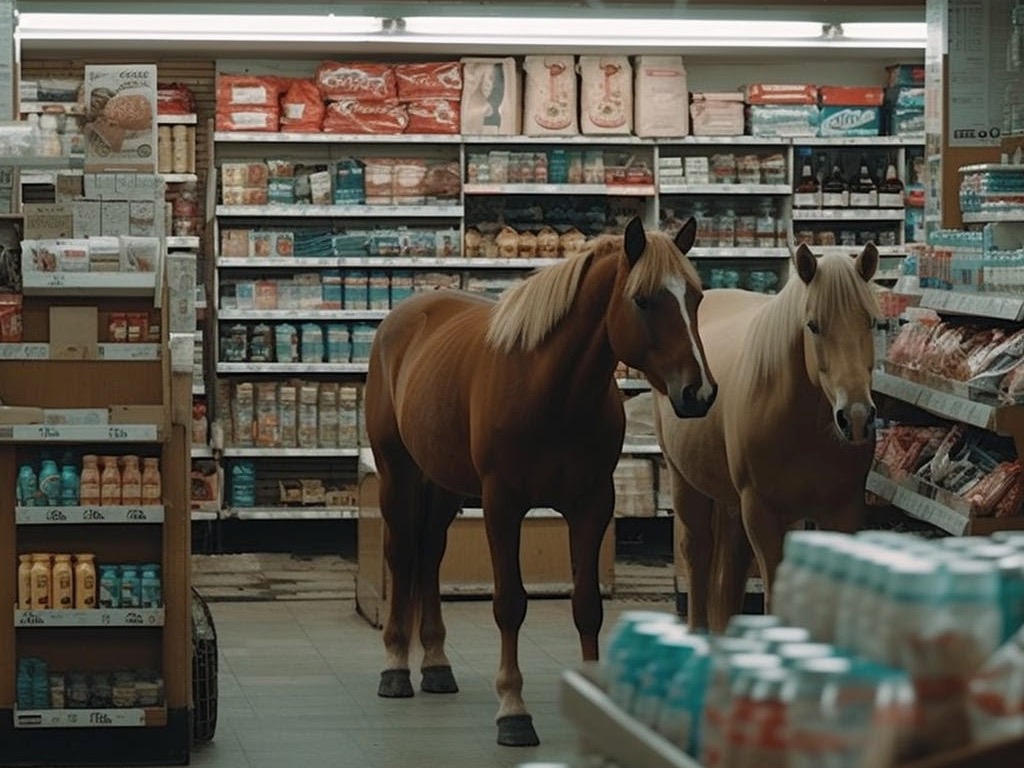
Looking to future food options available to eaters, the onus is largely on food producers to make sure there are good choices available that appease people, planet, palate, and profit, says Mike Lee.

The popular sweetener aspartame could be classified as a possible carcinogen by WHO – but there’s no cause for panic, according to Gunter Kuhnle of the University of Reading.

Lab-grown meat techniques aren’t new but bringing them up to scale to meet demand will require further development, writes Rochester Institute of Technology’s André Hudson.
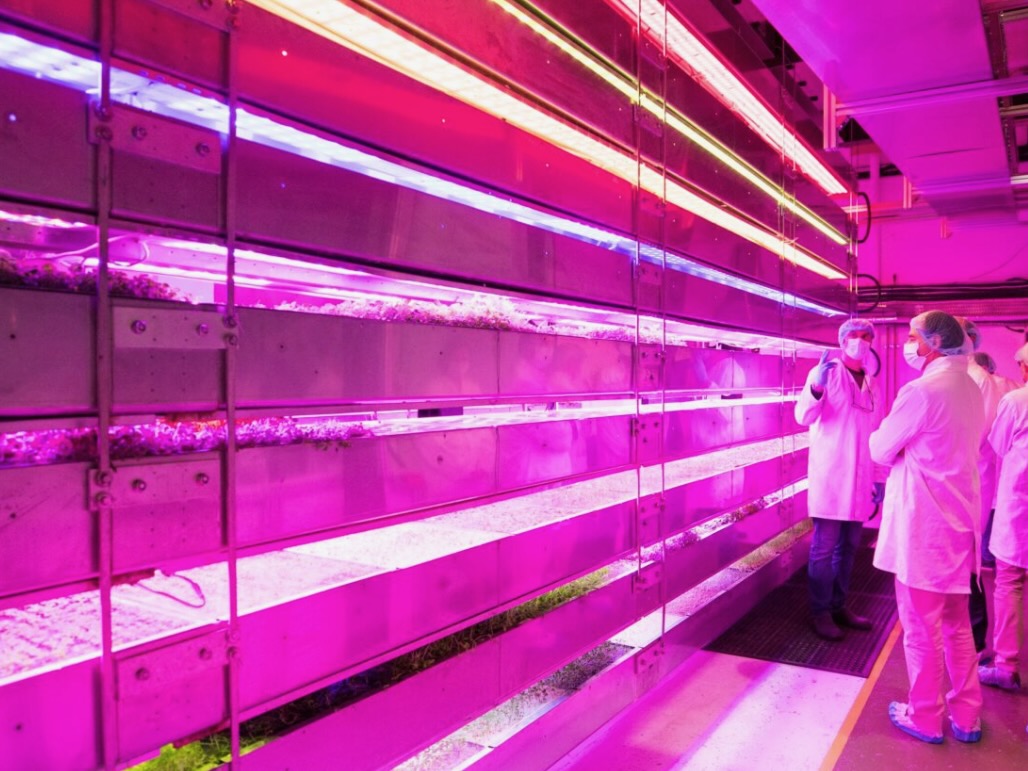
Vertical farming offers a sustainable solution that uses 98% less water than traditional agriculture and can help support food security, according to Vertical Future’s founder Jamie Burrows.
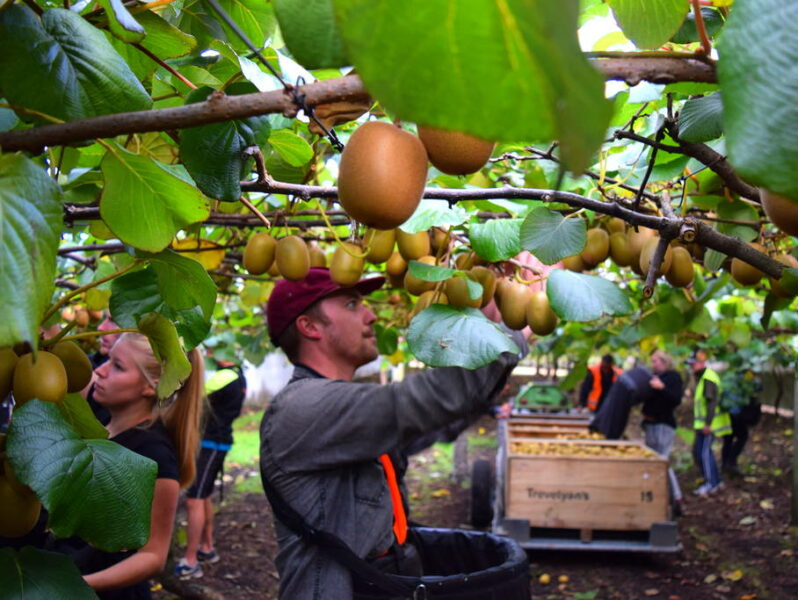
A safe and just Earth will have a food system that regenerates nature, delivers nutritious food to everyone and advances economic well-being along value chains, writes GreenBiz Group’s Seth Olson.
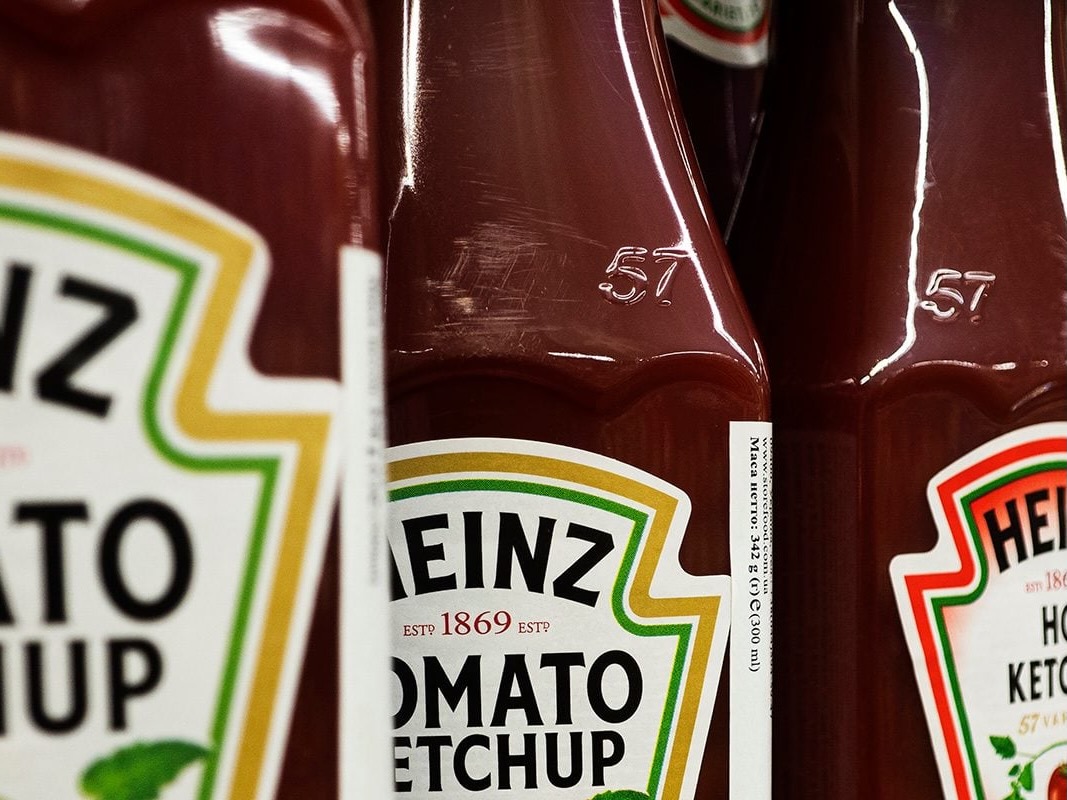
Even with the growth of better-for-you brands, there is still a long way to go in loosening the grip that some of the world’s most iconic food brands have on eaters everywhere.
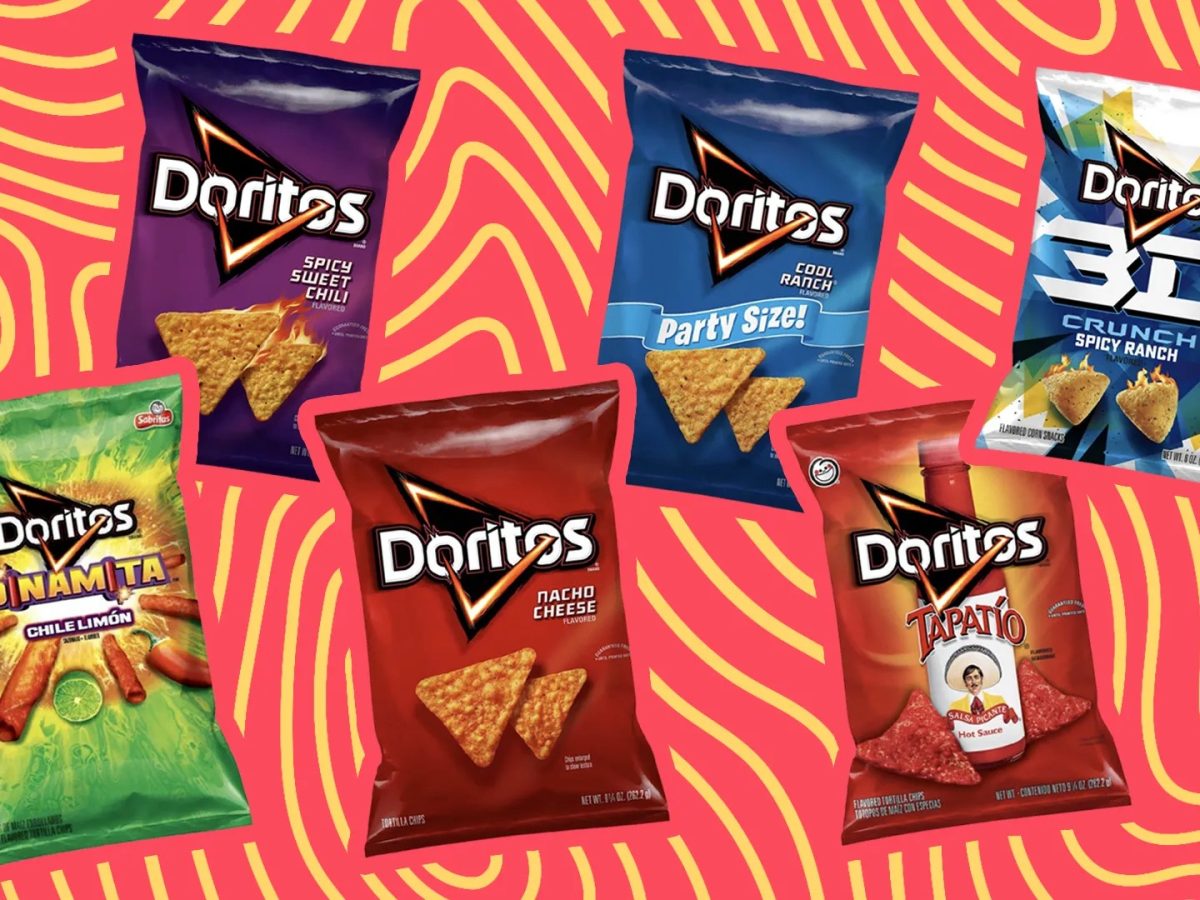
What is the relationship between climate and food supply, why are some of the world’s most iconic CPG food brands at risk, and what can supply chain leaders do about it?
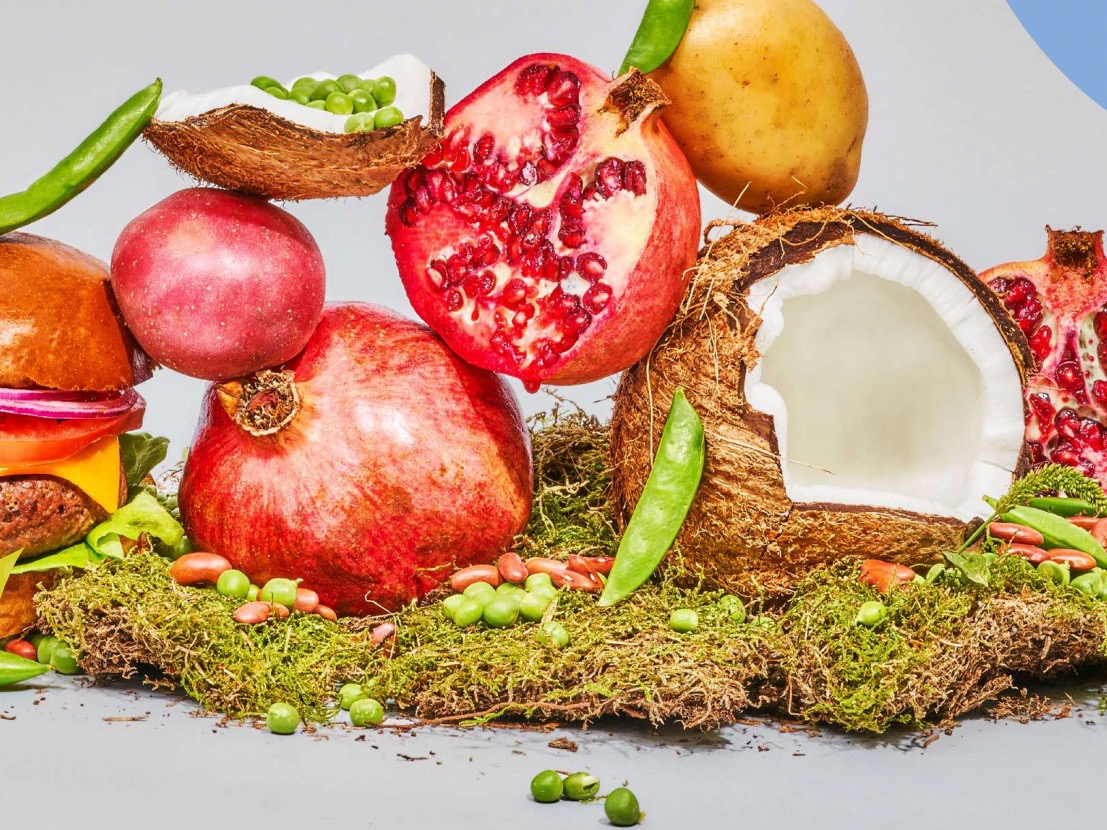
Following the release of AgFunder’s 2023 global AgriFoodTech Investment Report, Sprout gives its take on the key findings, along with how they fit in with what it is seeing in the market.
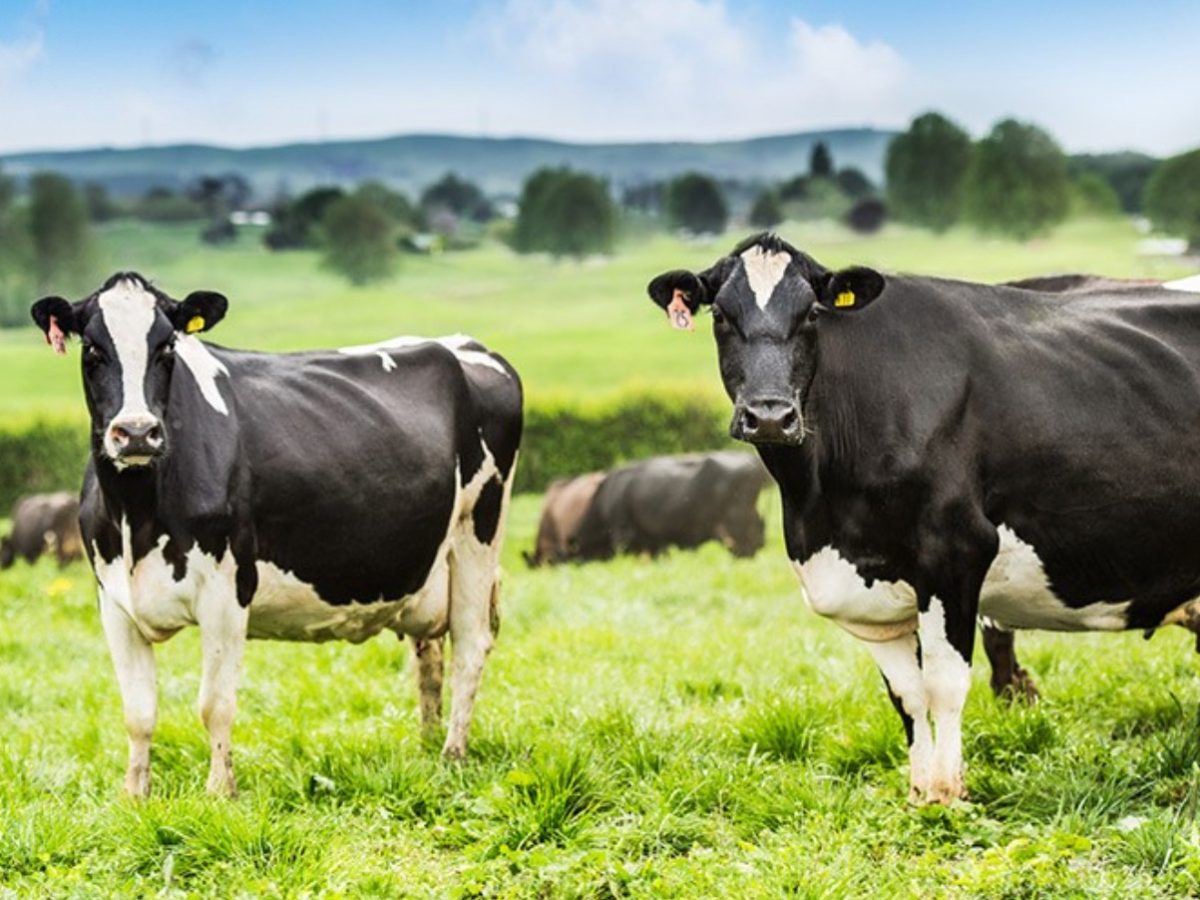
While Brexit has added cost and uncertainty for businesses, it has opened the door for the UK to diversify its dairy trade with other partners like New Zealand.
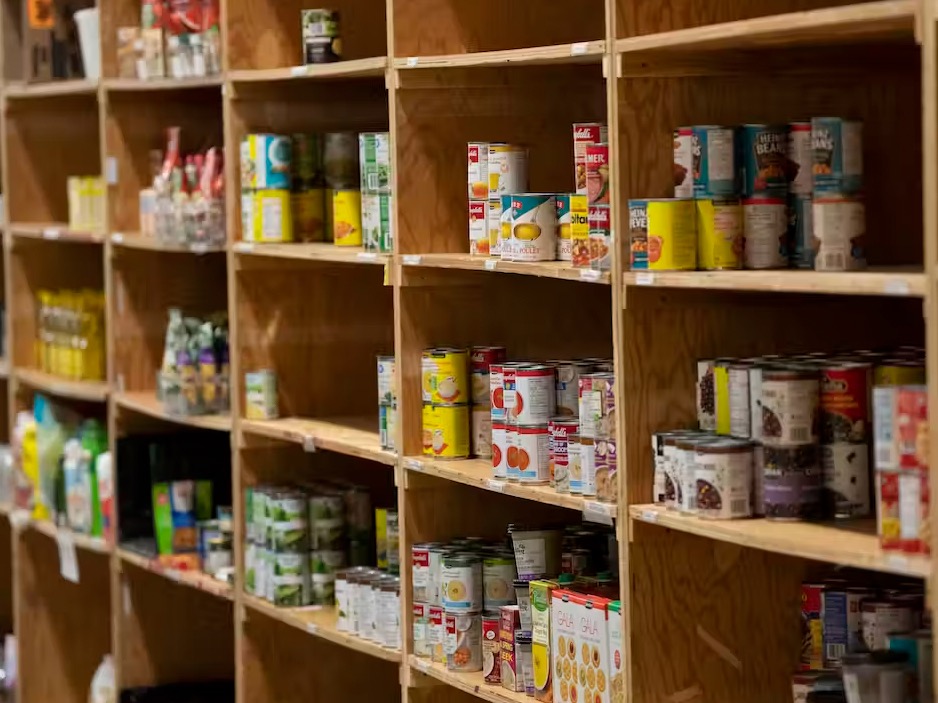
With calls emerging for a national food strategy in NZ, there are some lessons about what works and what doesn’t from Canada’s Food Policy, which was introduced in 2019.

The recent mānuka honey trademark decision highlights how ill-equipped NZ’s laws are for protecting Māori taonga and mātauranga Māori.
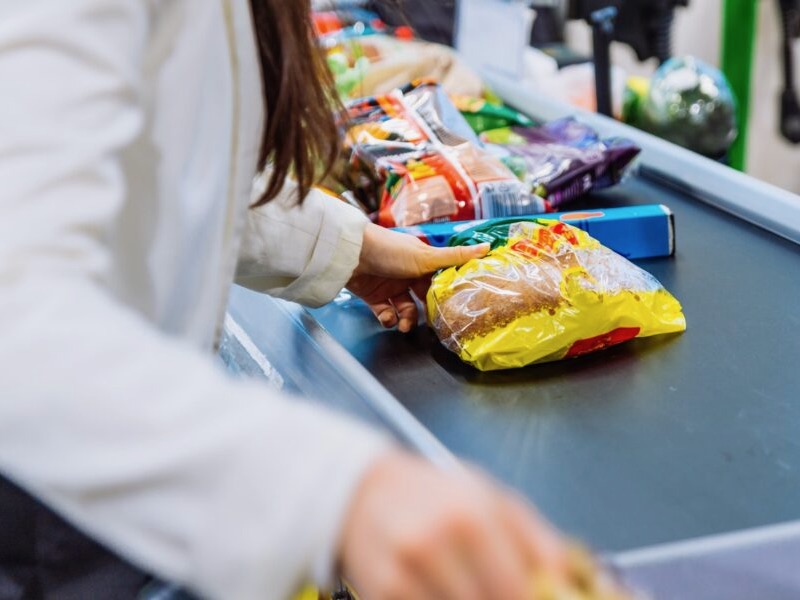
What does a slowdown in household spending really look like, and which areas of the economy are taking the hardest hit? Infometrics economist Sabrina Swerdloff takes a look.

The most effective way to shrink Coca-Cola’s refrigeration emissions may be to shift away from its relentless pursuit to make a Coke within “an arm’s reach of desire”.

What do the new WHO guidelines mean for people who have switched to artificial sweeteners for health reasons? Should they just go back to sugar?
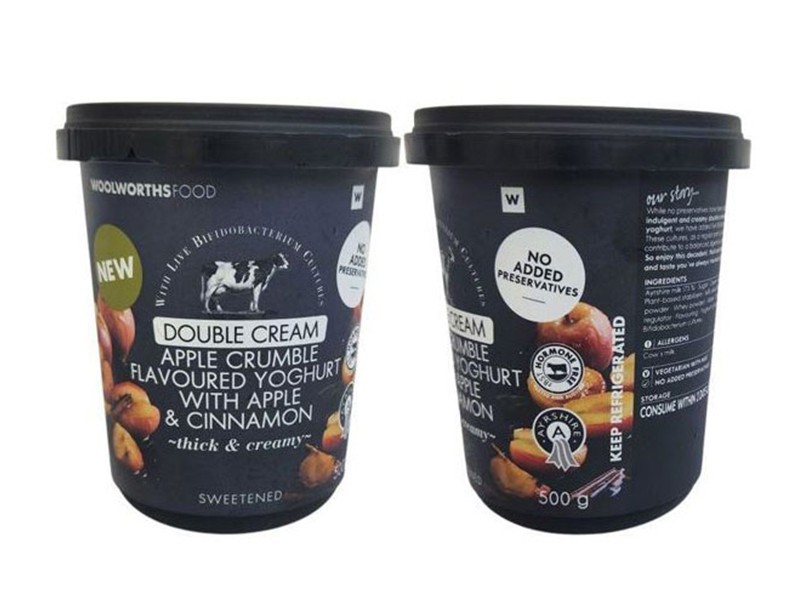
Growing demand for indulgence means new opportunities for the dairy industry, according to Mintel associate director David Faulkner.
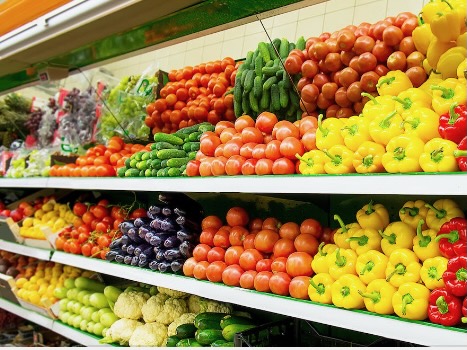
The technology offers great promise but there are valid concerns that must be addressed through responsible research and regulatory frameworks.
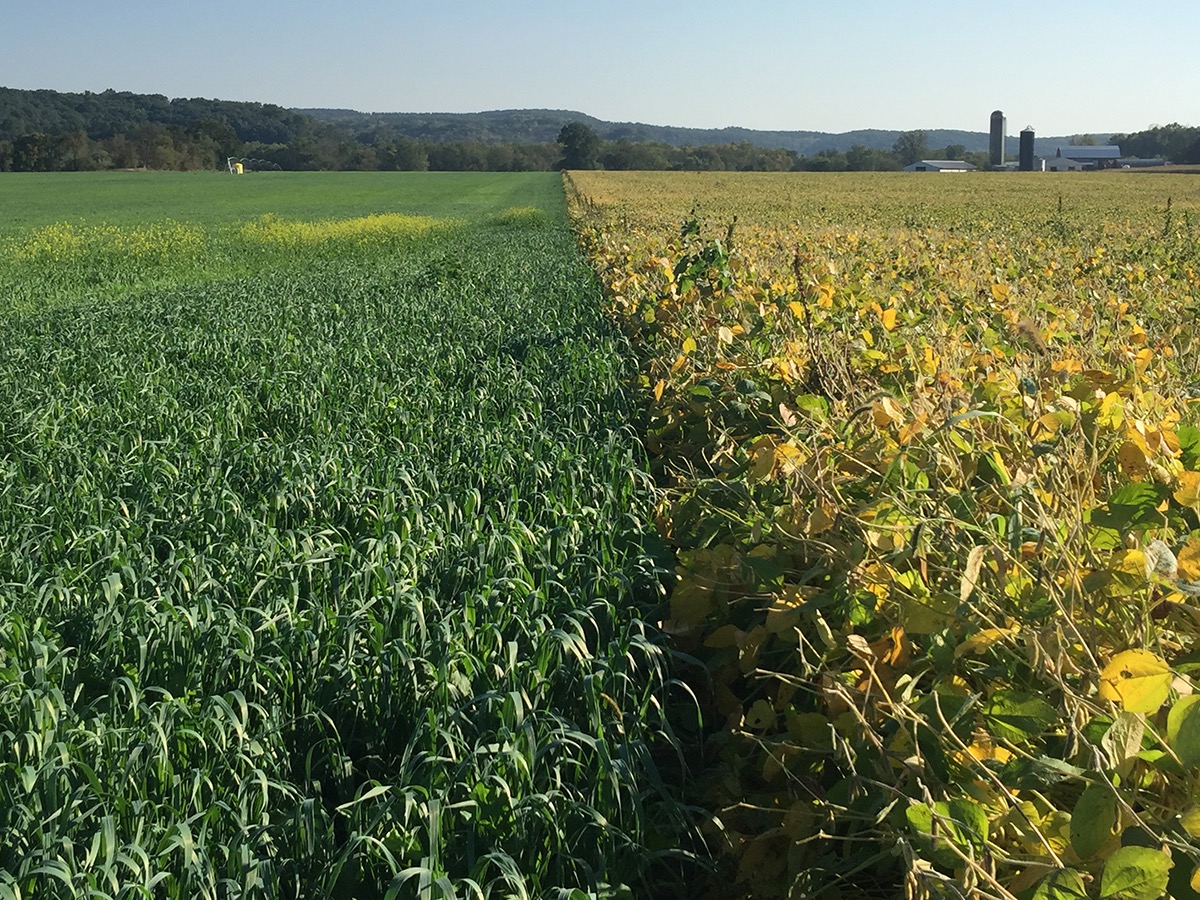
It fails to tackle systemic social and political issues and may perpetuate ‘business-as-usual’ in the food system, rather than transform it.

Mounting pressure on supply chains is forcing food businesses into choosing the “least worst” option to keep up with production, but this comes with consequences, writes Apollo Foods’ executive chair.

Industry needs to ramp up the use of renewable energy technology to meet the net-zero goal by 2050.

Traceability technologies exist to make opaque seafood supply chains transparent, but new research from Monash University suggests many players in the Australian industry are not interested in change

Could the future of cooking be 3D-printing? That’s what researchers at Columbia University set out to investigate in a study that involved 3D-printing a seven-ingredient, seven-layer vegan cheesecake.
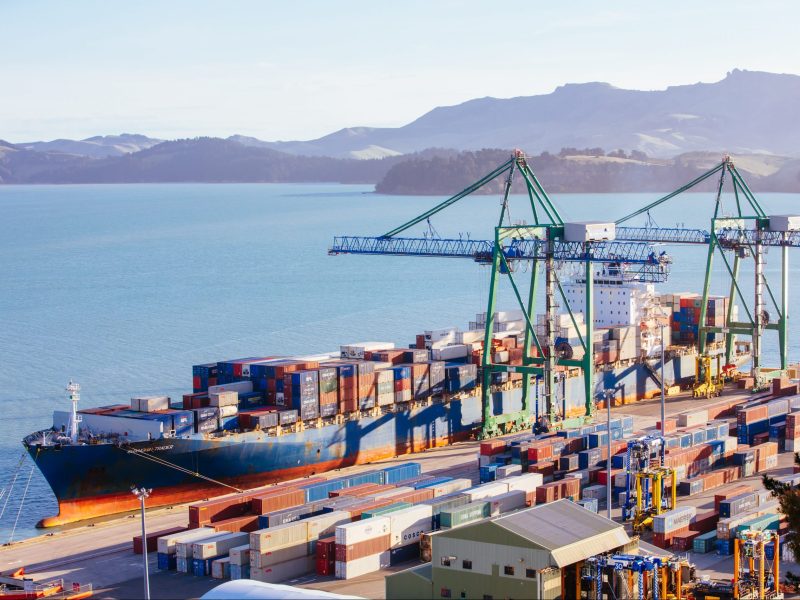
The tools and tech to decarbonise freight in NZ are available now, but the problem lies in their integration and the understanding of the trade-offs at stake.
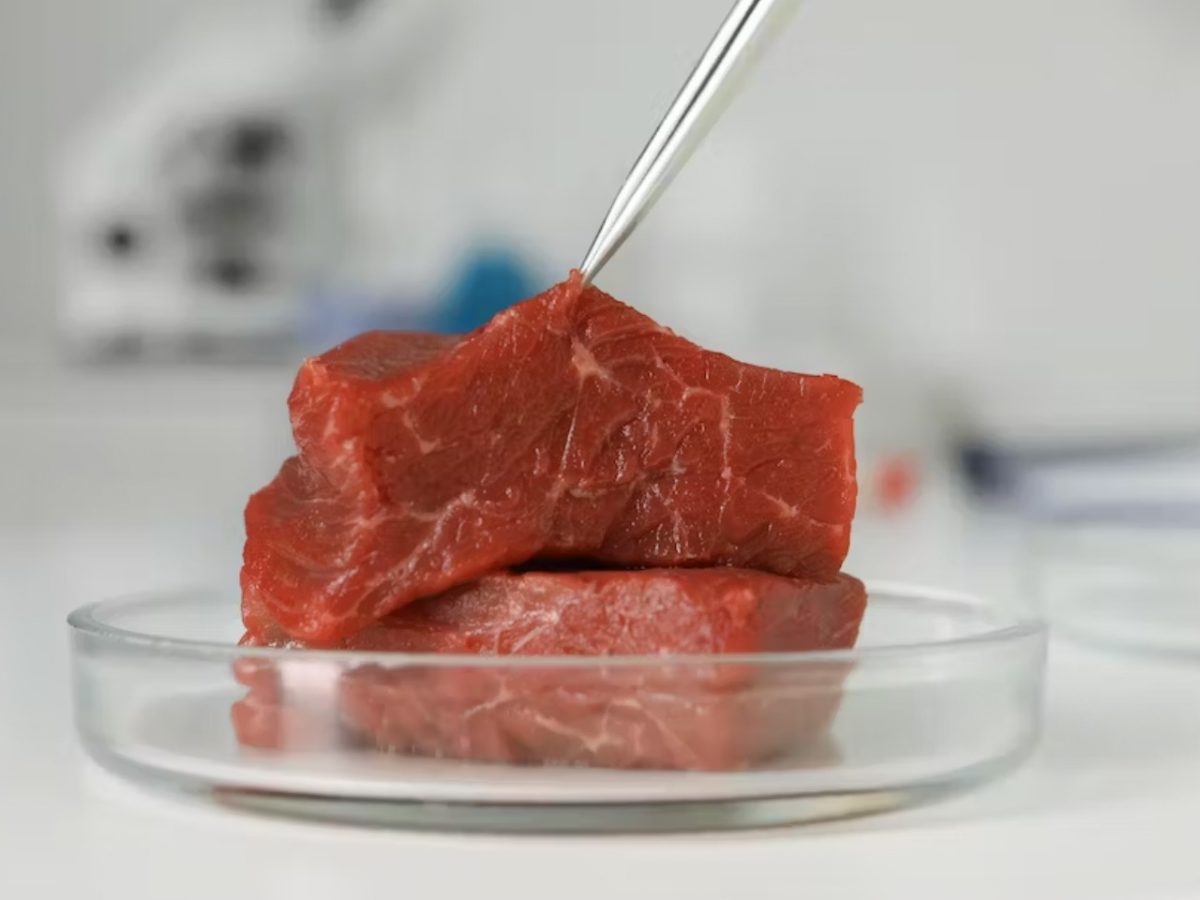
Lab-grown meat has the potential to make our food system more sustainable, but there also needs to be political will to scale up the technology.

Lab-grown meat is more likely to result in less protein diversity, and unforeseen social and environmental effects, rather than putting mammoths, dodos and other exotica on the menu, argues James Cook University’s Hallam Stevens.

As the fight against food fraud intensifies, scientists from Canada’s University of Guelph unveil a new method to test the authenticity of maple syrup – one of the 10 most adulterated foods globally.
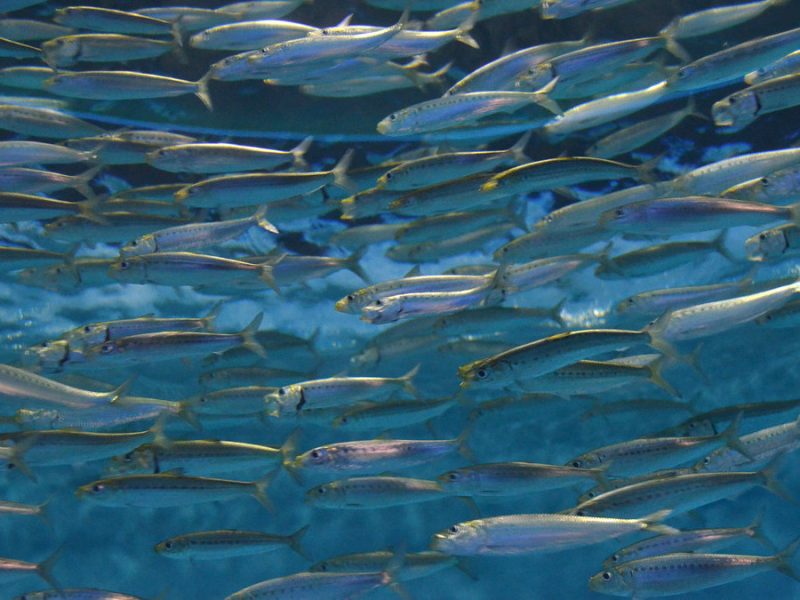
Global demand for food from aquatic sources is expected to double by 2050.
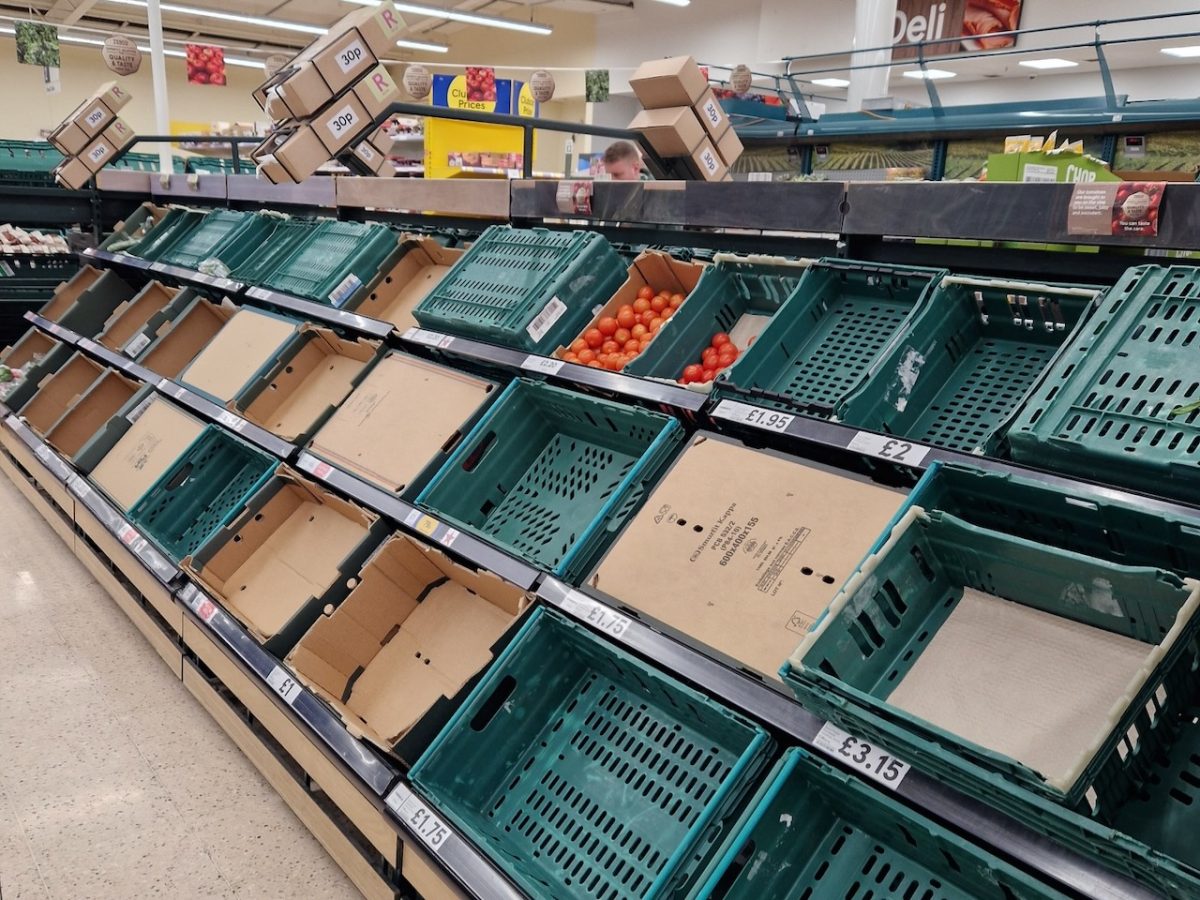
The UK’s food system has shown its vulnerability to all consumers but it has actively failed the poorest in society.

A partnership between the MetService, the commercial fishing sector, and scientists from across NZ is gaining insights into how ocean temperatures are changing.
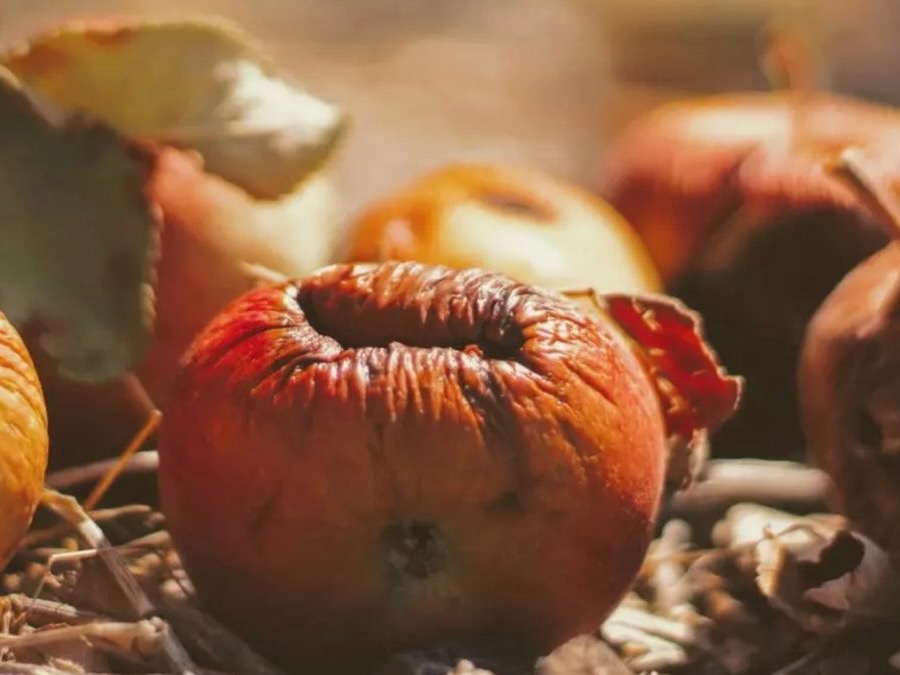
Cradle-to-grave emissions from food loss and waste represent half of total greenhouse gas emissions from food systems.

The government’s deferral of the CRS will ultimately cost households and communities more – not less – writes Again Again’s Nada Piatek.
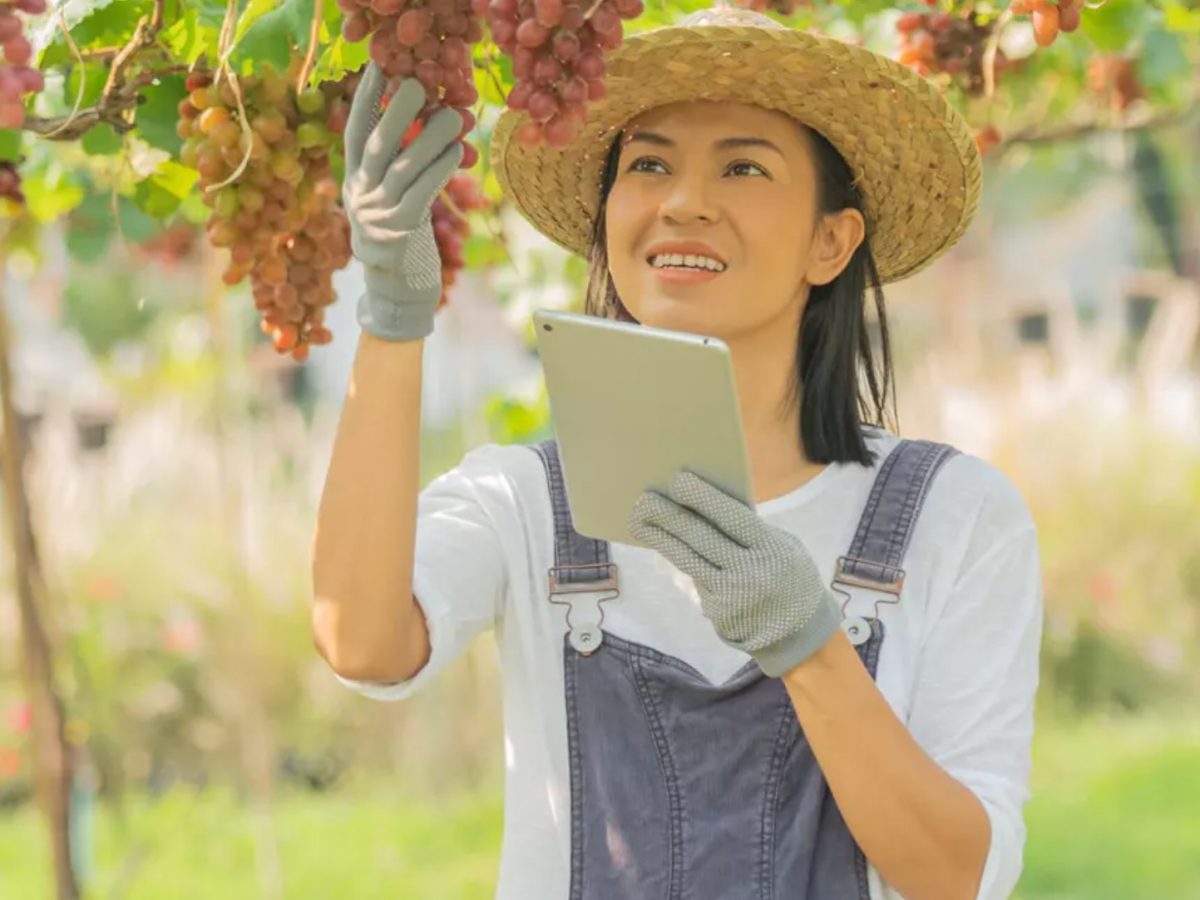
Mass digitisation is crucial for reversing the vulnerabilities faced by the global food system and ensuring access to nutritious food as a fundamental human right, according to agtech pioneer and Cropin founder, Krishna Kumar.
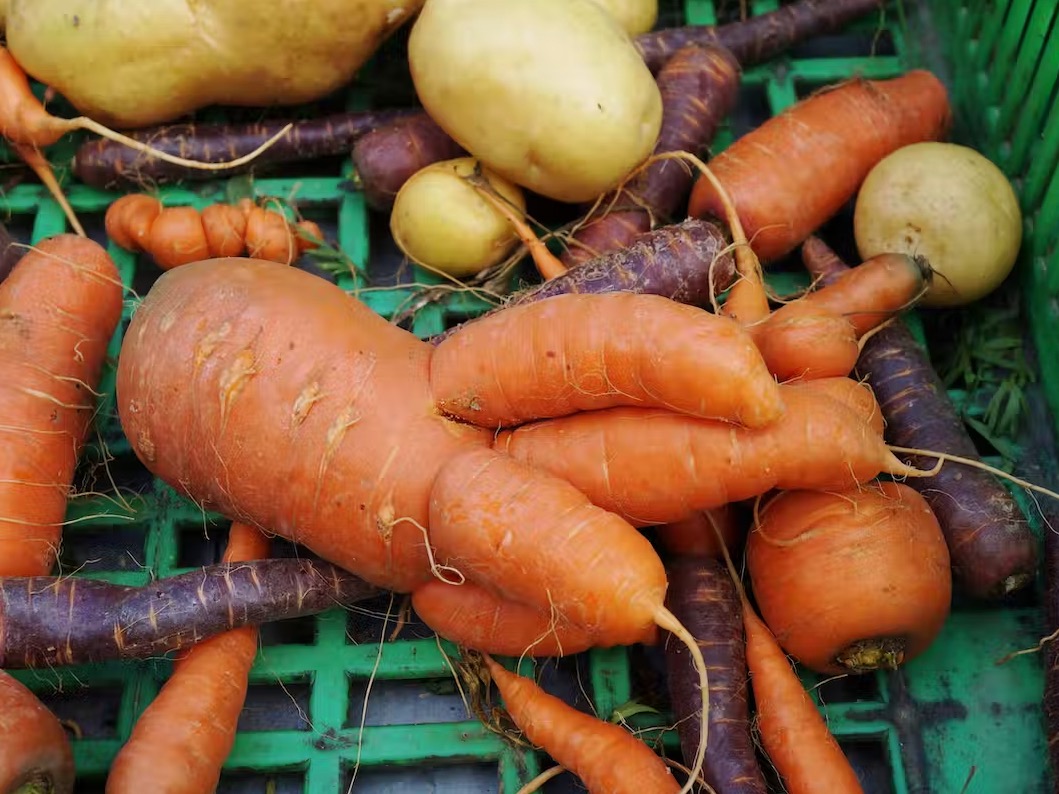
A separate channel for selling ugly produce would increase profits for growers, lower prices for consumers and boost overall demand for produce, according to new research out of the UK.
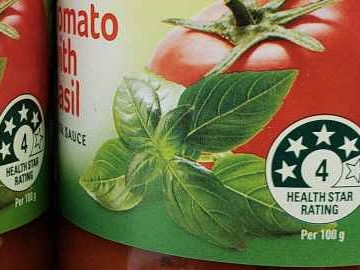
Current food nutrition labels are not living up to their potential, write Deakin University academics, who take a look at Australia’s (and, by extension, New Zealand’s) food labelling system and how it could be more effective.

With some United Kingdom supermarkets rationing fresh produce sales, Anglia Ruskin University’s Manoj Dora looks at the country’s complex food supply chains to unpick the problem and offer suggestions for the future.
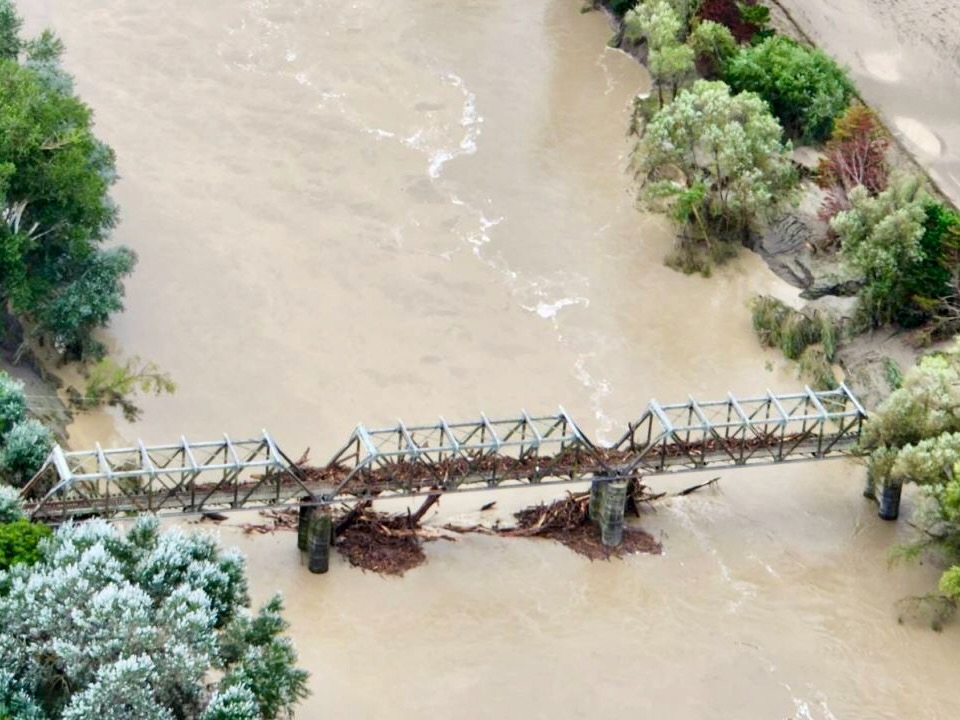
Cyclone Gabrielle highlights the need for food supply and security to be elevated to a far higher level in govt decision making, writes HortNZ’s Nadine Tunley.
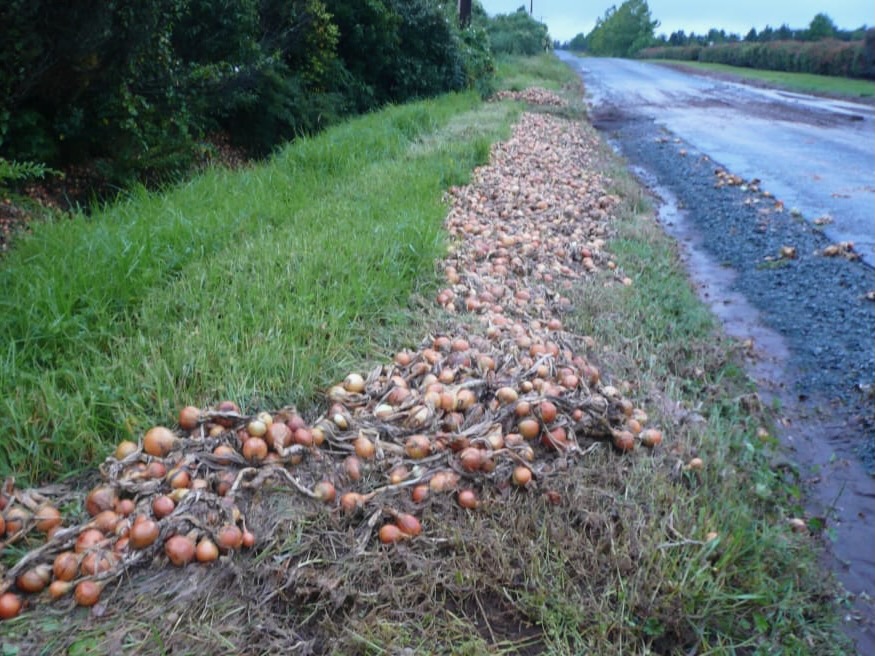
The progress and resilience of NZ’s horticulture sector shined bright, writes Horticulture NZ CEO Nadine Tunley.

Research shows that consuming ultra-processed foods can lead to poorer health but what counts as ultra-processed foods? Melbourne’s Deakin University takes a look.
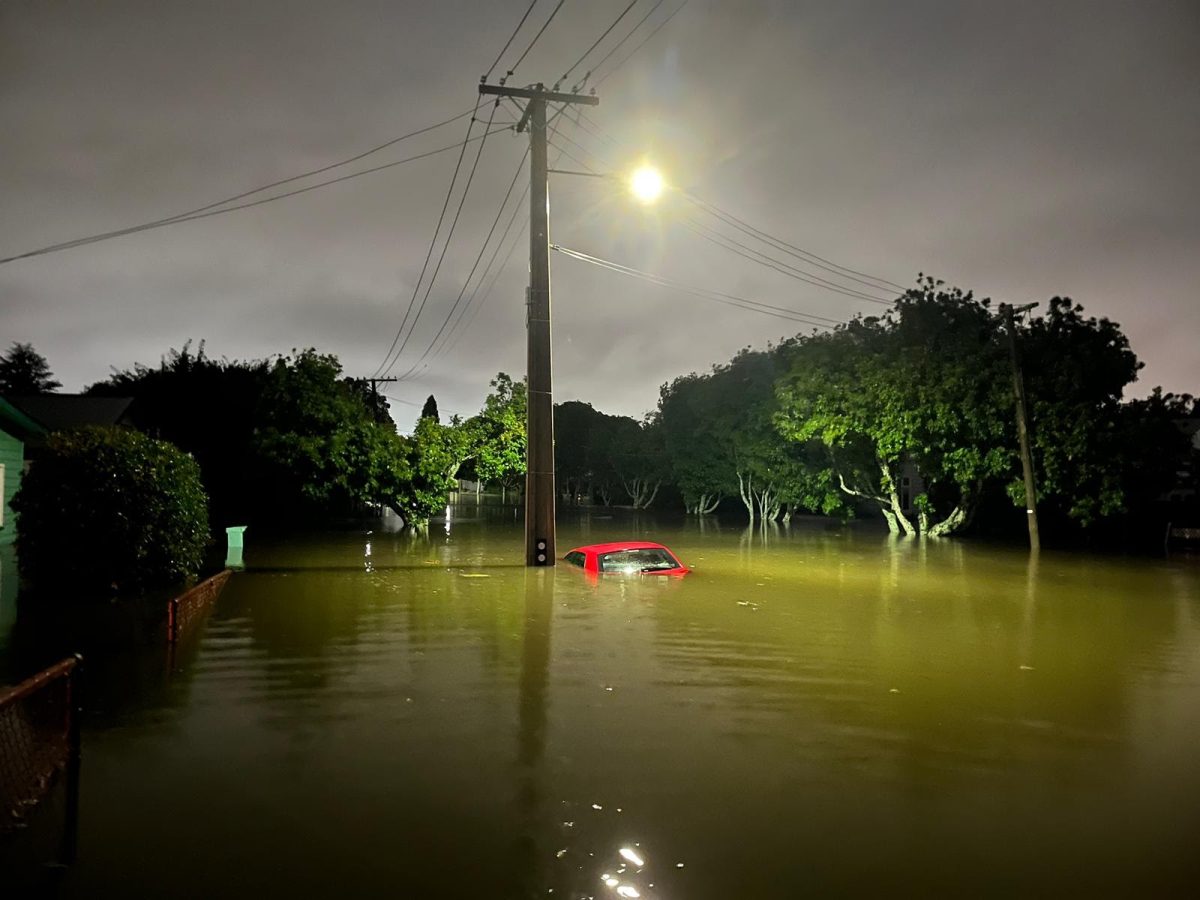
The extraordinary flood event Auckland experienced on the night of 27 January, the eve of the city’s anniversary weekend, was caused by rainfall that was literally off the chart, writes weather and climate researcher Professor James Arthur Renwick.

An overhaul of the awards judging and categories aims to encourage larger producers to showcase their innovation and send a message that the awards are for products and processes that are truly pushing the envelope, writes NZFIN
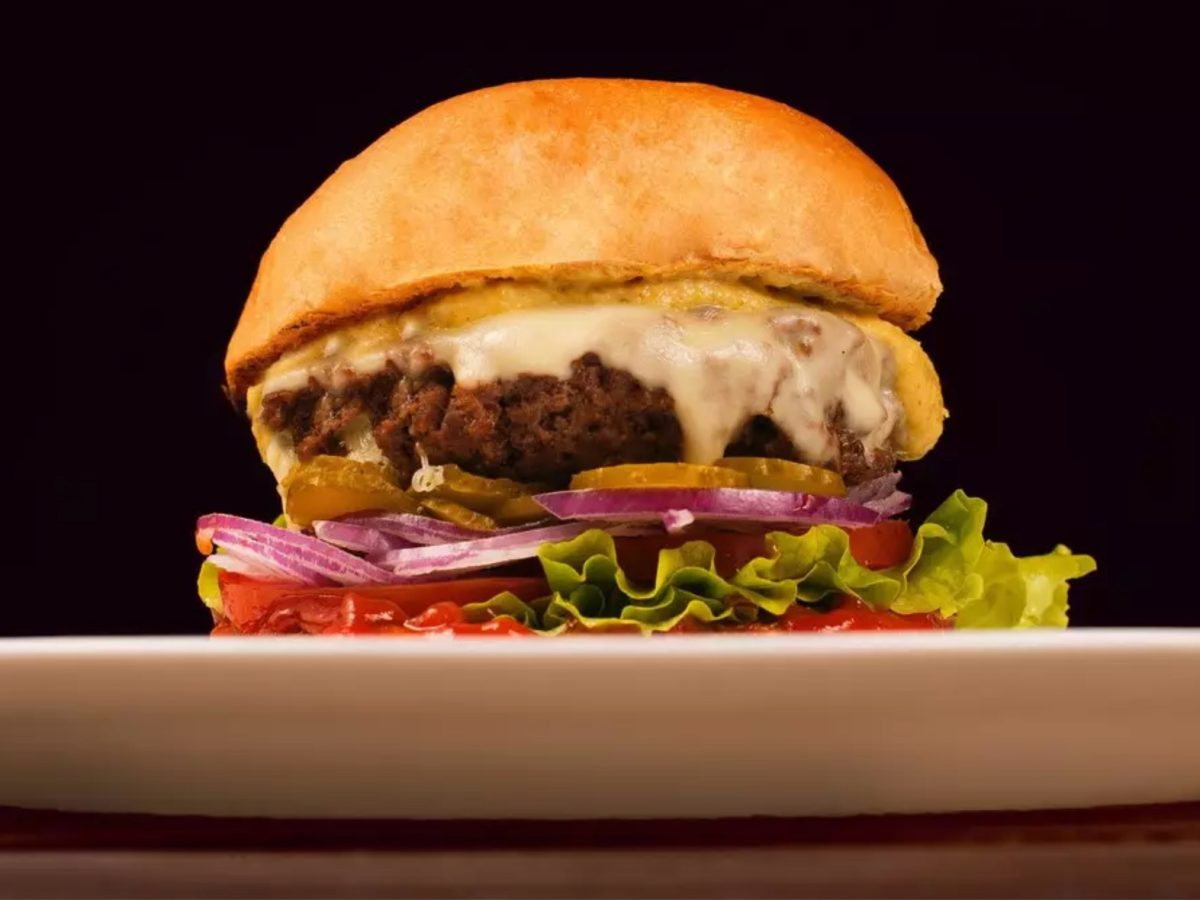
Biotechnology holds solutions to both climate change and meeting the nutritional needs of a growing population, but we are far from fully realising its potential to deliver on the green transition.
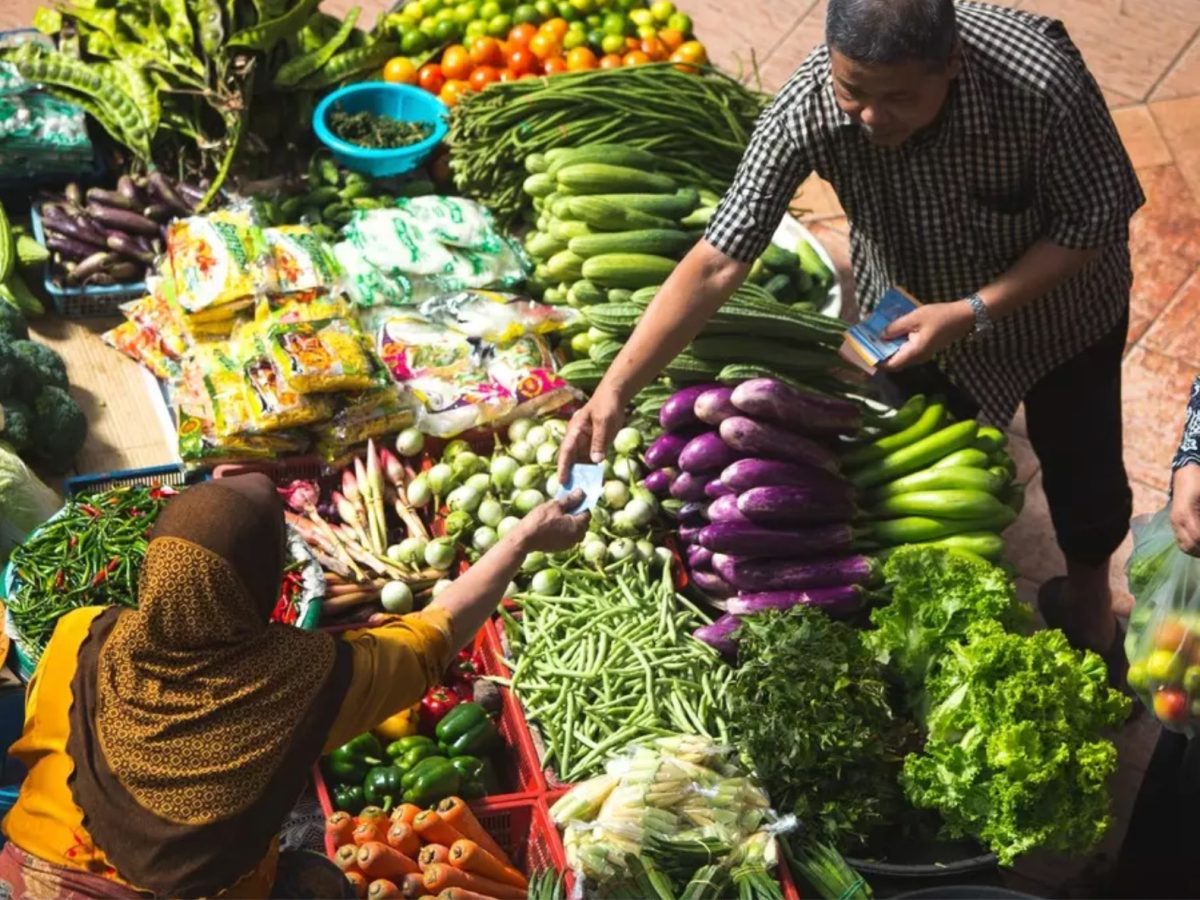
This year will include some stocktake moments that must be seized upon to protect against the inter-related crises of conflict, climate change, and inflation which are threatening the food system, says the WEF.
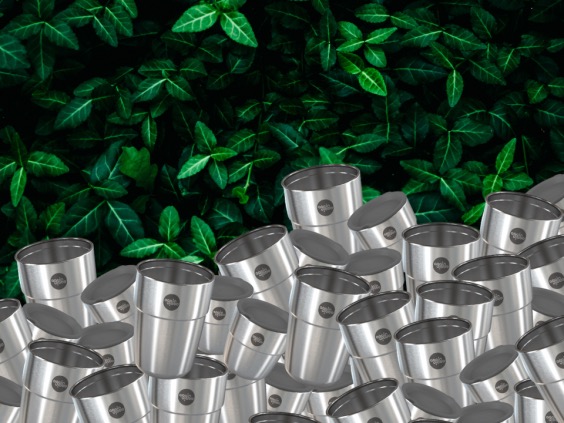
The venture has built a returnable packaging system that works but the bigger problem is changing consumer behaviour, writes founder Nada Piatek.
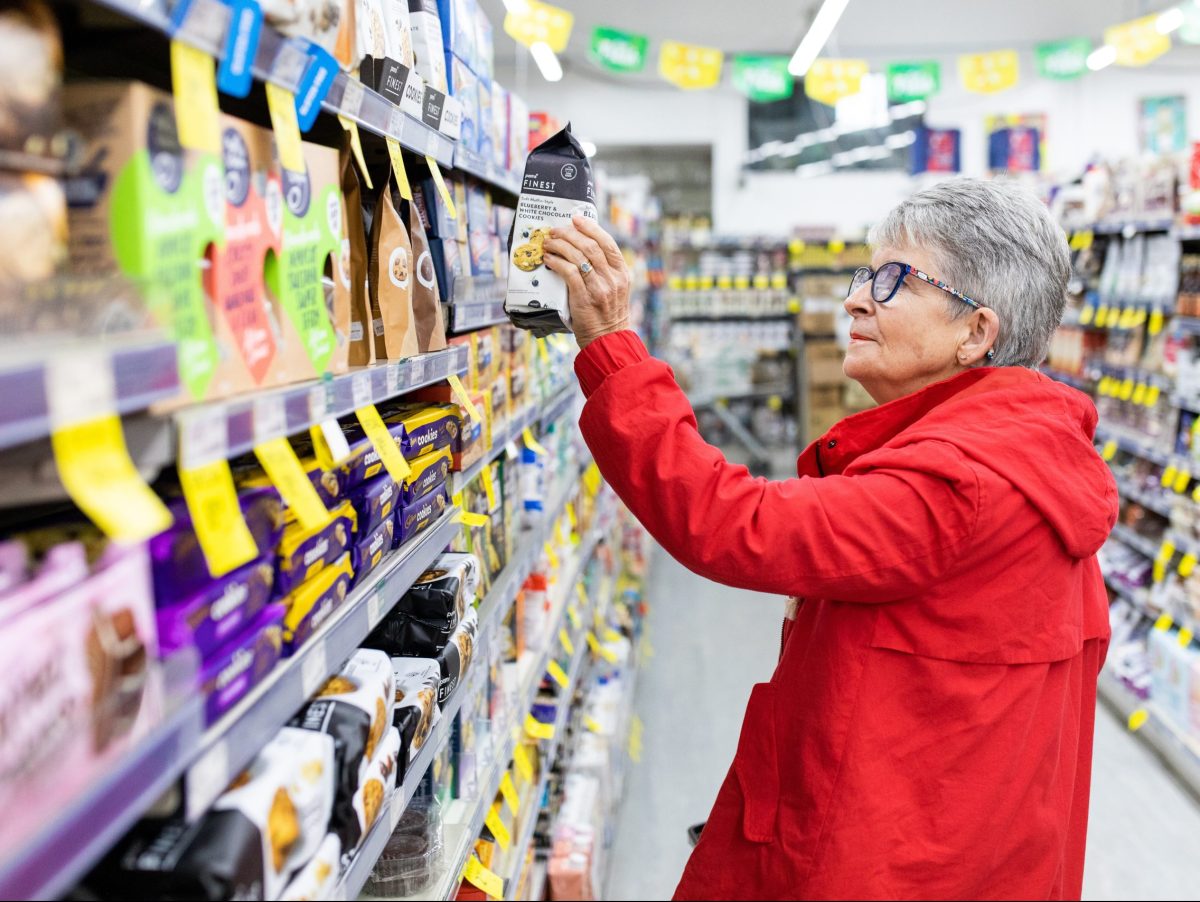
Ongoing food price pressure means governments must consider how to support struggling consumers but also help farmers to maximise what they produce.
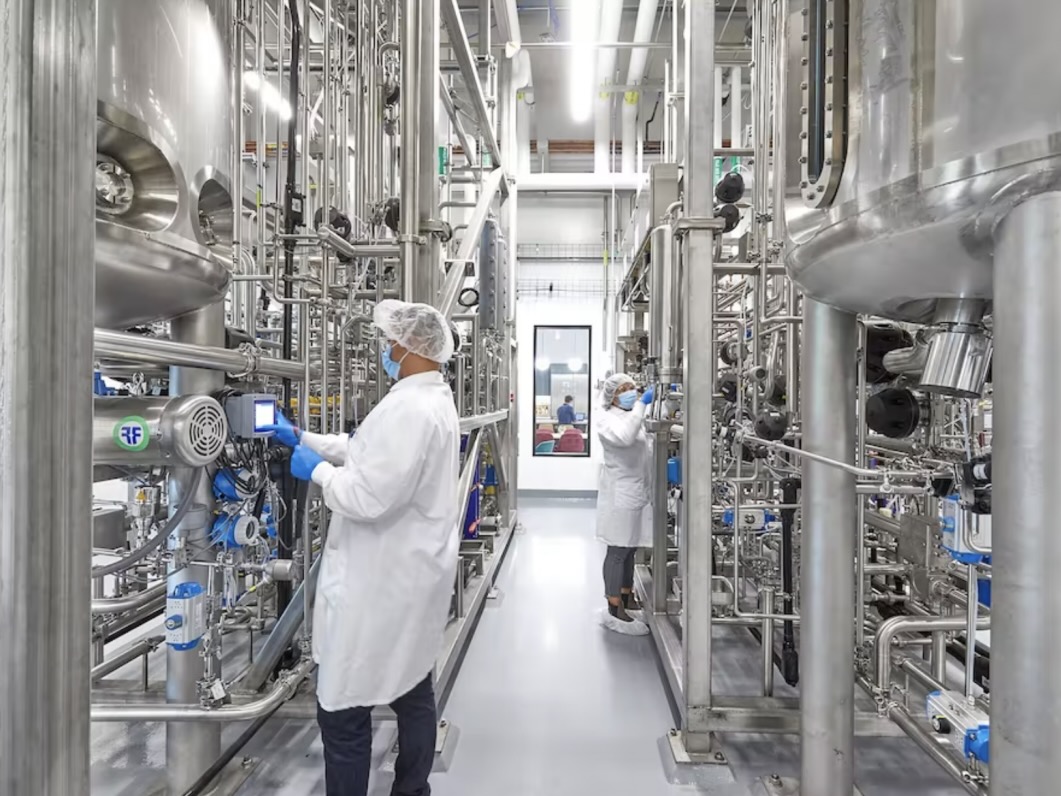
A whole raft of new technologies is being developed that make a system-wide revolution in food production feasible, according to University of York academics.
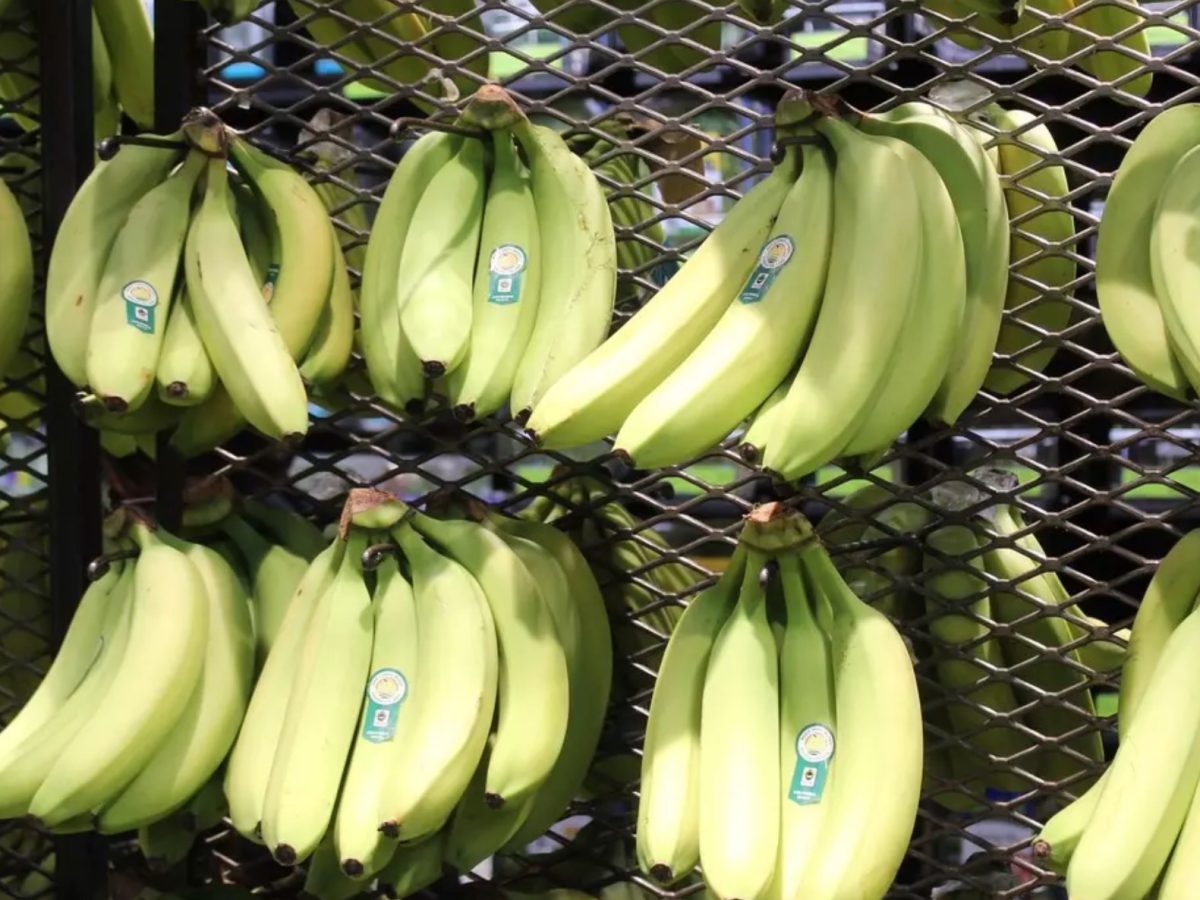
They are critical to meeting the challenge of feeding an additional two billion people by 2050, harnessing rural communities’ resilience, and avoiding increased emissions.
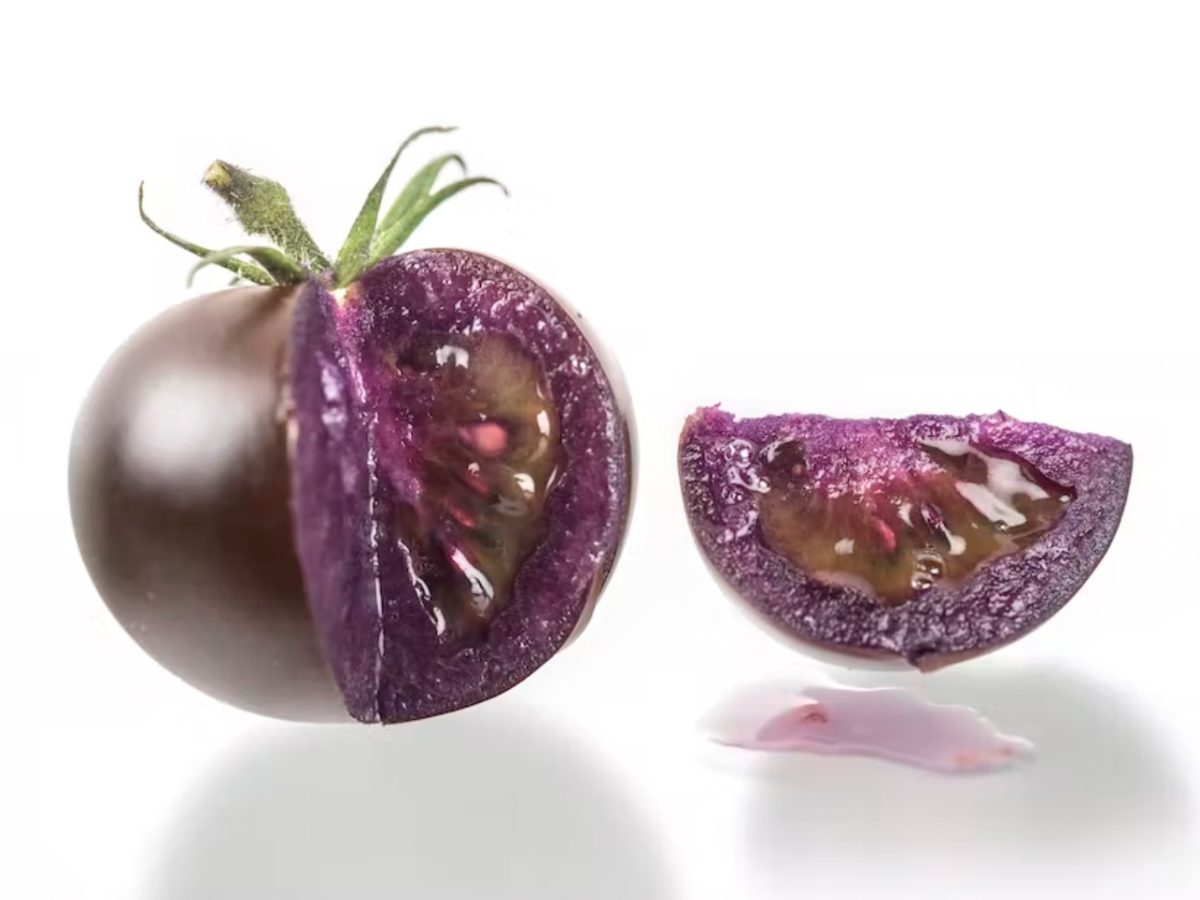
The regulatory approval of purple tomatoes in the US this September could help sway the perception of the public and policymakers to see genetically modified foods progress from the lab to the market.

Launched at the Forests and Climate Leaders’ Partnership, the roadmap lays out how the companies will reduce emissions from land use changes in the cattle, palm oil and soy sectors.
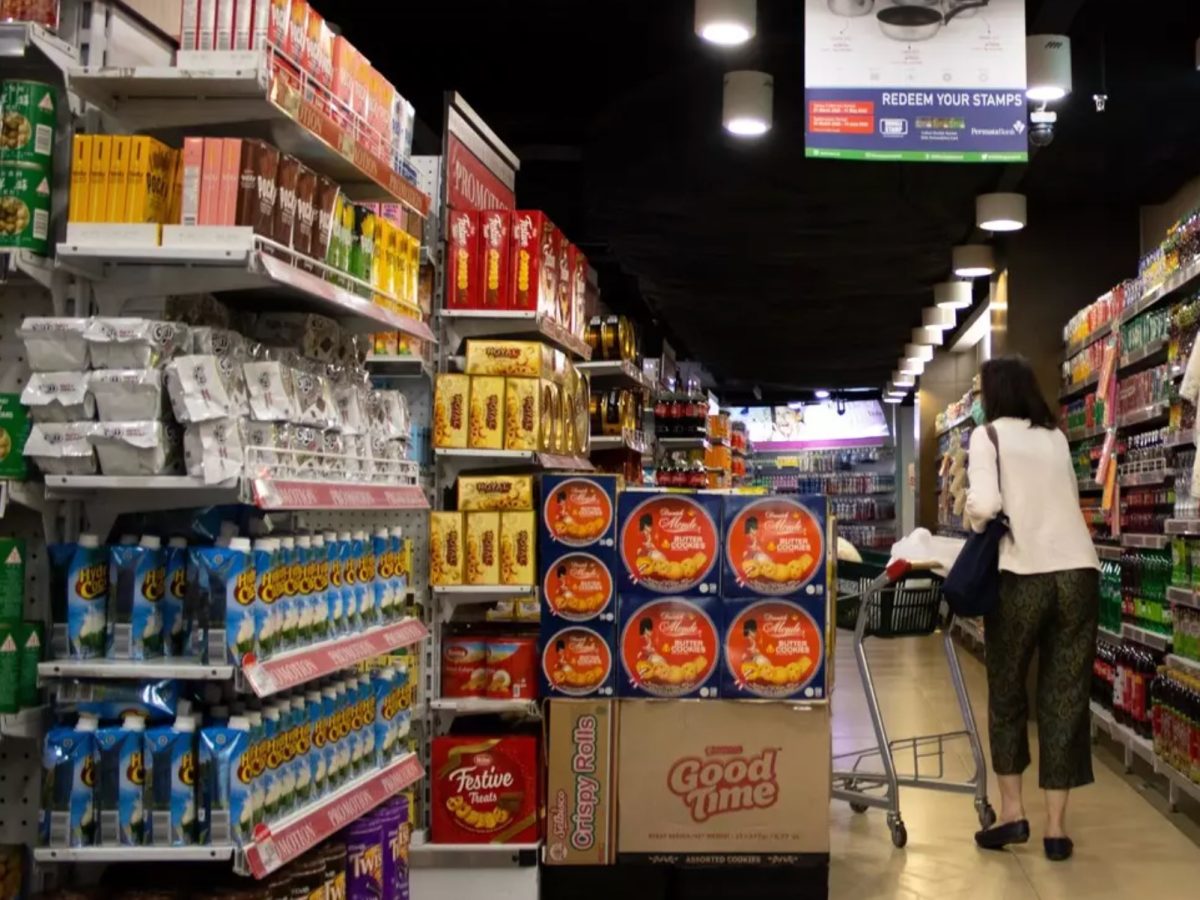
The World Economic Forum says decarbonising supply chains in food – where more than 70% of emissions are from land use – and consumer goods is essential for achieving net zero.

A new study offers important possibilities for reusing CO2 that would otherwise be considered waste to help increase the yield of urban farms.

With food security, production systems and the environment under pressure, think tank Te Puna Whakaaronui takes a look at what is happening – or should be happening – in New Zealand.
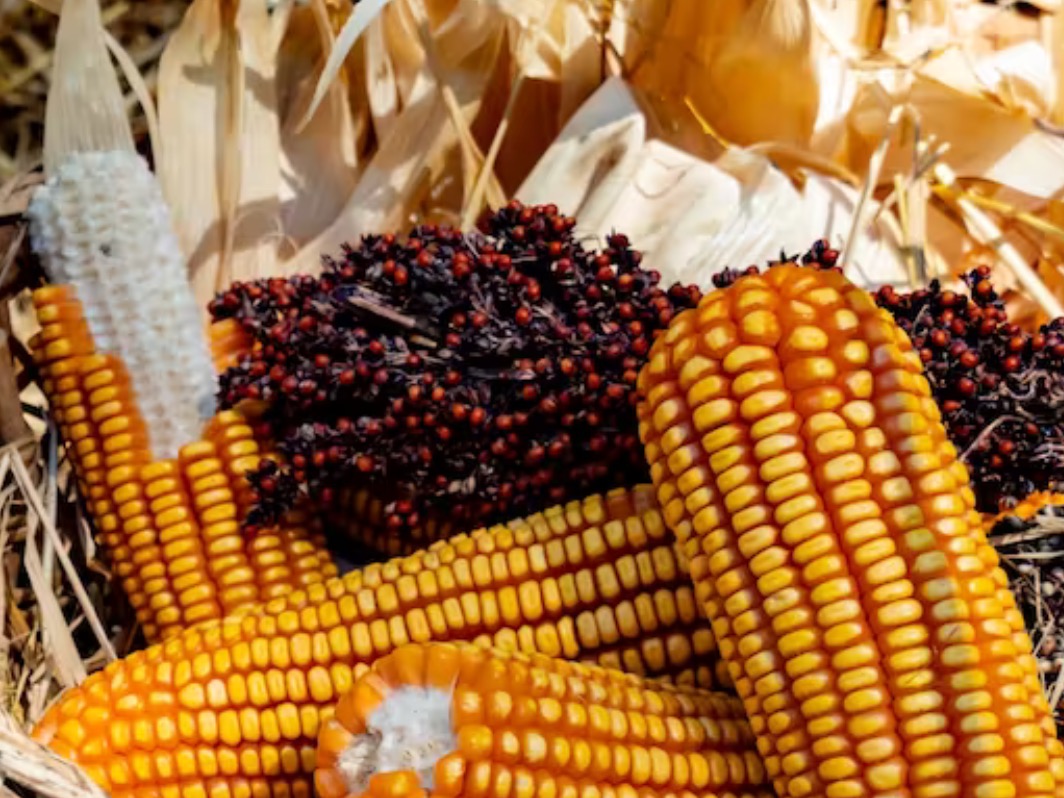
Despite increasing engagement in agriculture, the collection of data to inform policies to support communities like Māori is still lacking.
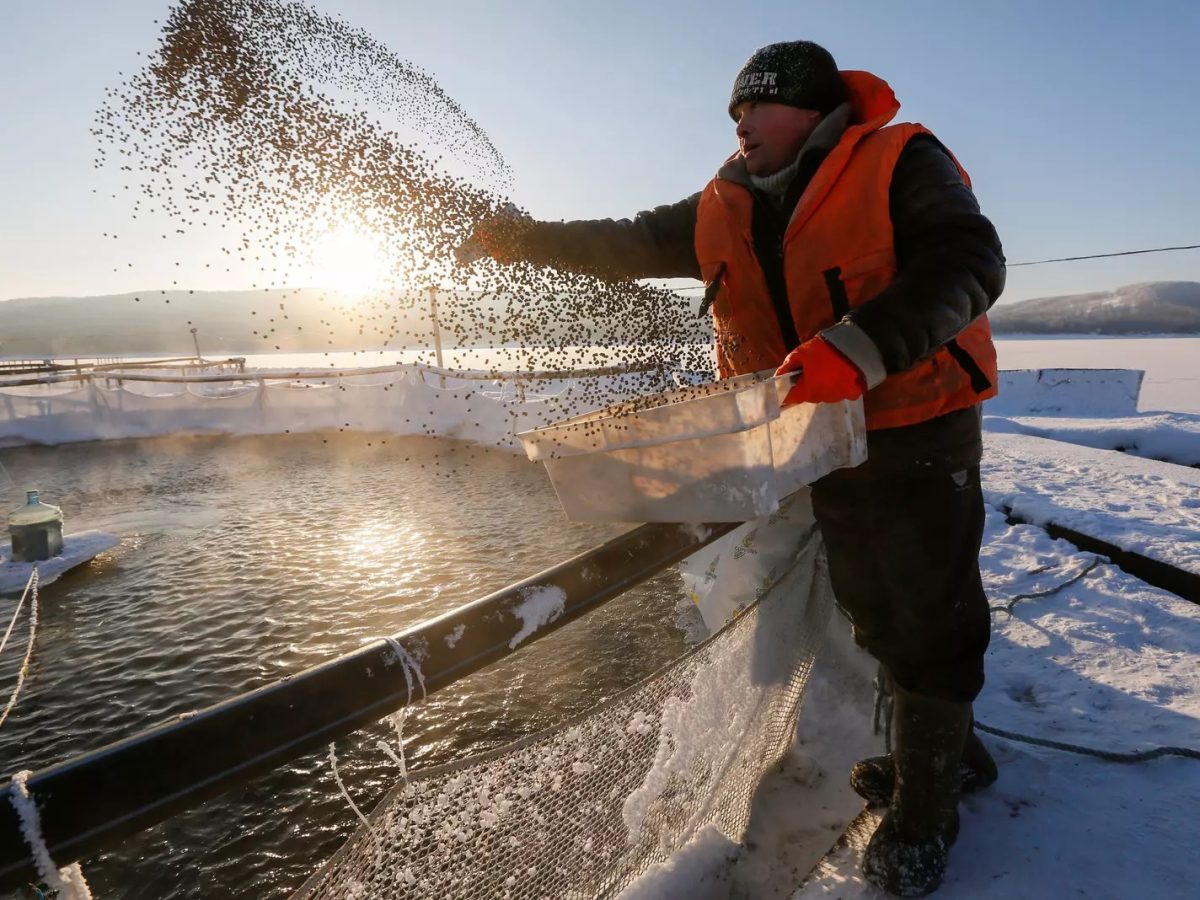
The world needs more food but up to 35% of fish removed from the sea is wasted – that is far too much.

Food waste impacts the whole of society, including the field of alternative protein. Nick Cooney, managing partner of Lever VC, explains how companies and investors in the space aim to tackle the global problem.
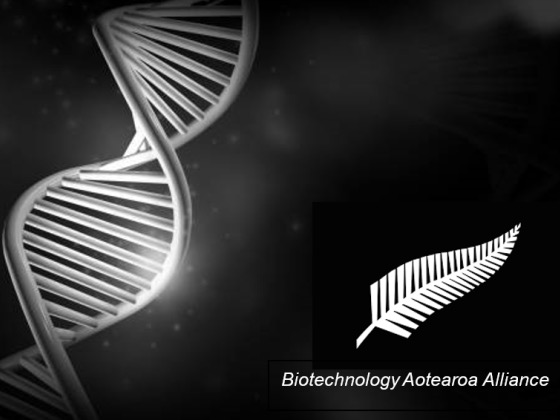
You haven’t heard of the NZ Immuno-apple, our avocados that don’t overripen, or our climate-friendly happy animals yet? Instead of waiting a couple of years, KPMG’s Jack Keeys offers a vision of a biotech-enabled future in 2024.
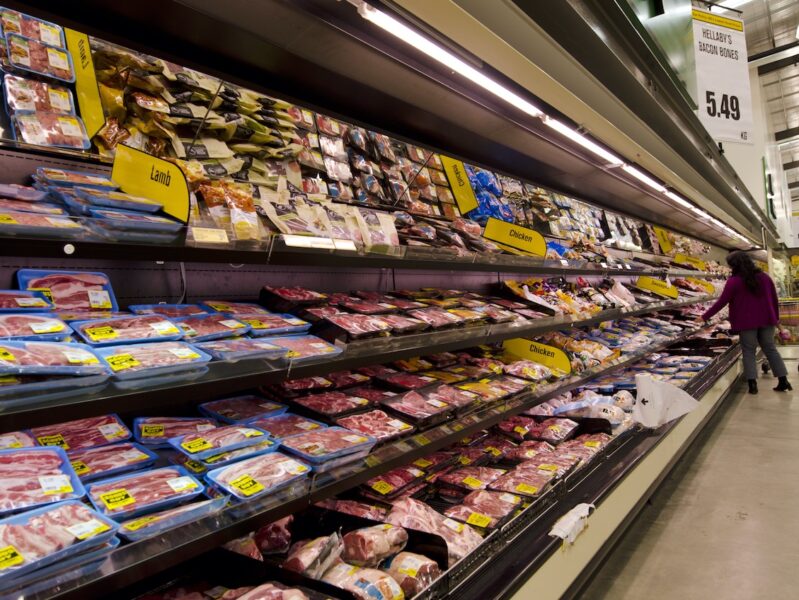
Dr Helen Darling considers a new study that analysed more than 57,000 food items to discover which supermarket aisles score the most favourably.

Geopolitical factors are tipping the scales in favour of real transformation in global food systems but current policy frameworks are inadequate.

Food waste is a complex issue, but one simple change is following the UK and removing “best before” dates.

How private label and ‘shrinkflation’ allow businesses to cope with rising costs.
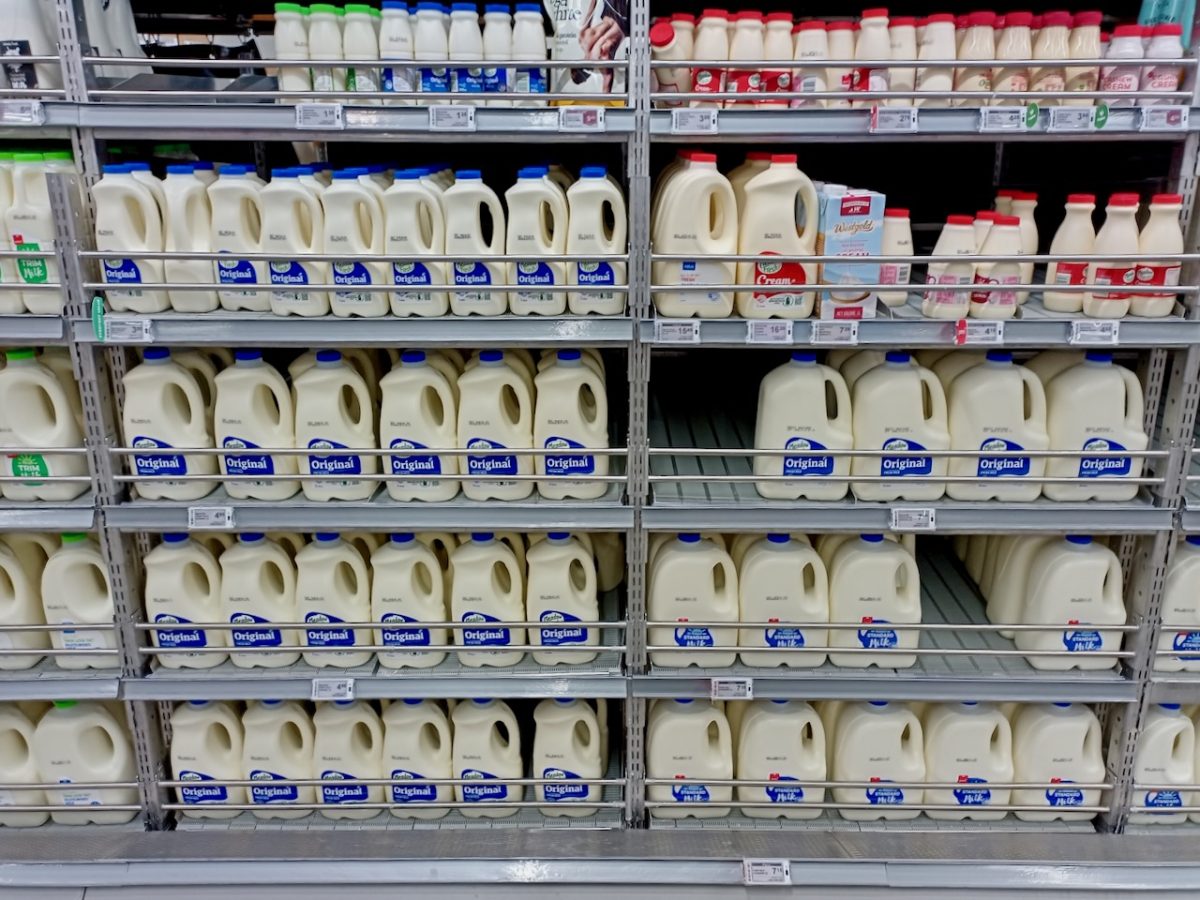
The dairy industry is on the cusp of change with global giants like Fonterra looking to develop fermentation-derived proteins and synthetic milk starting to arrive.

Many consumers believe fake meats are better for health and the environment, but is that true? The view from across the ditch.
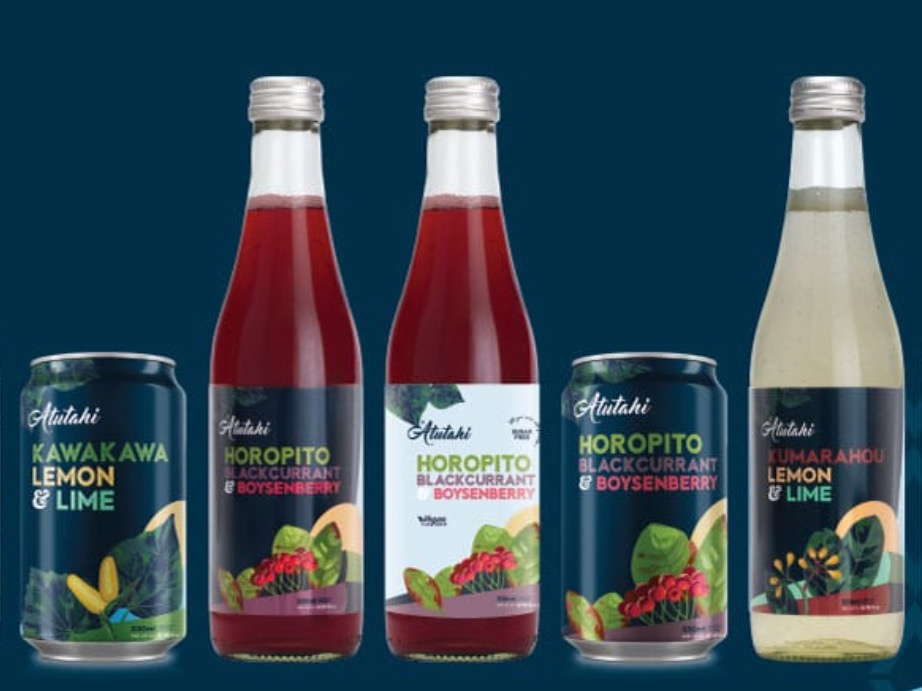
Kiwi Kai’s Atutahi range of beverages are an example of combining mātauranga Māori practices with Western science.
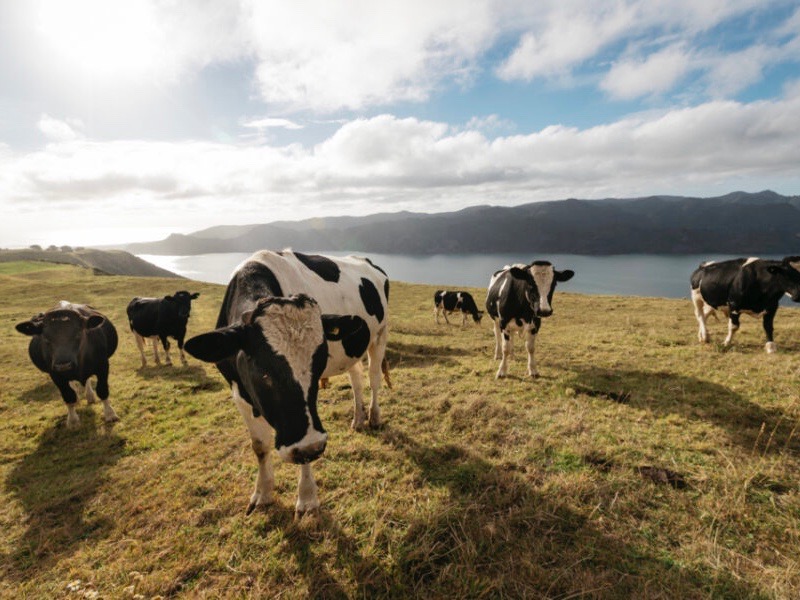
The agri sector is singled out in “doomsday” scenarios for NZ but overseas experience warns of potentially severe impacts for tourism too.
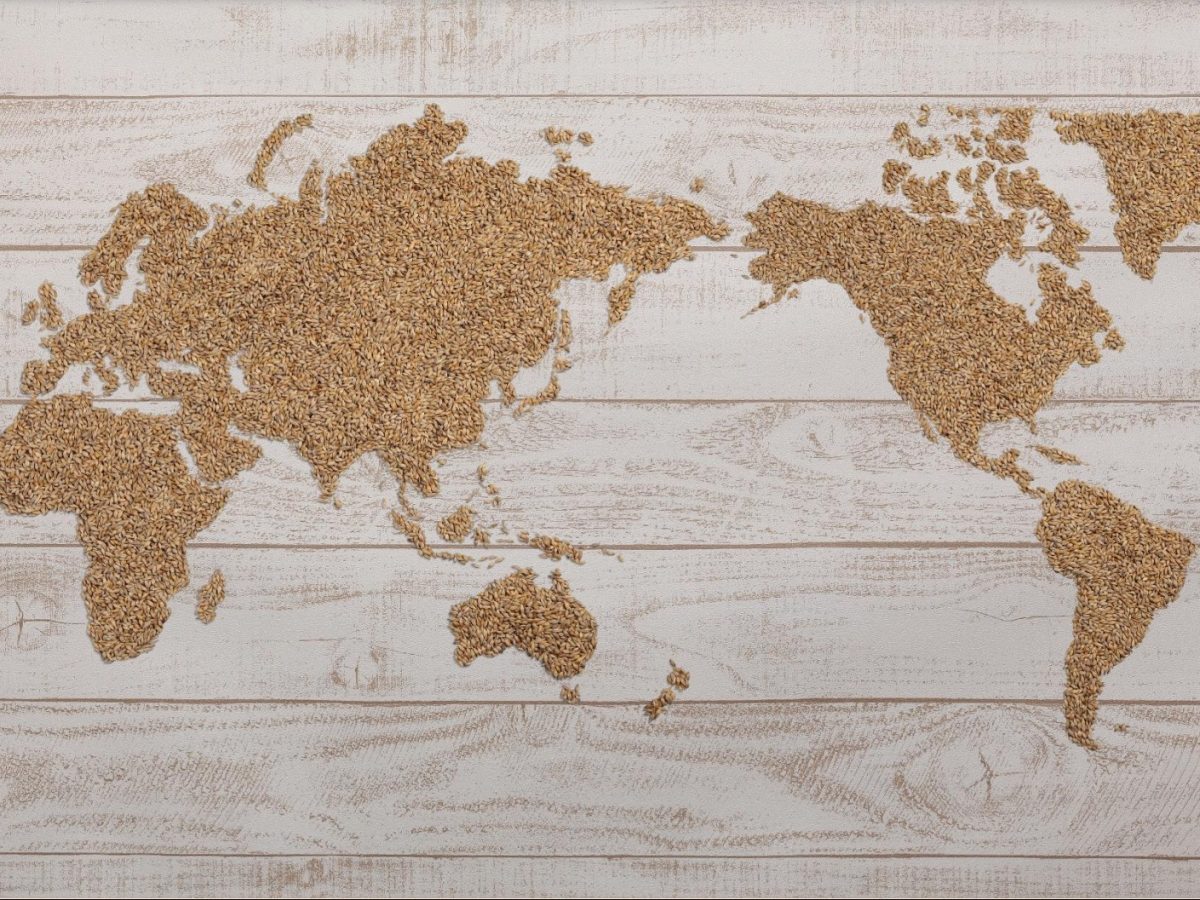
The gaps in New Zealand’s food innovation system need to be plugged, writes food and fibre think tank Te Puna Whakaaronui.
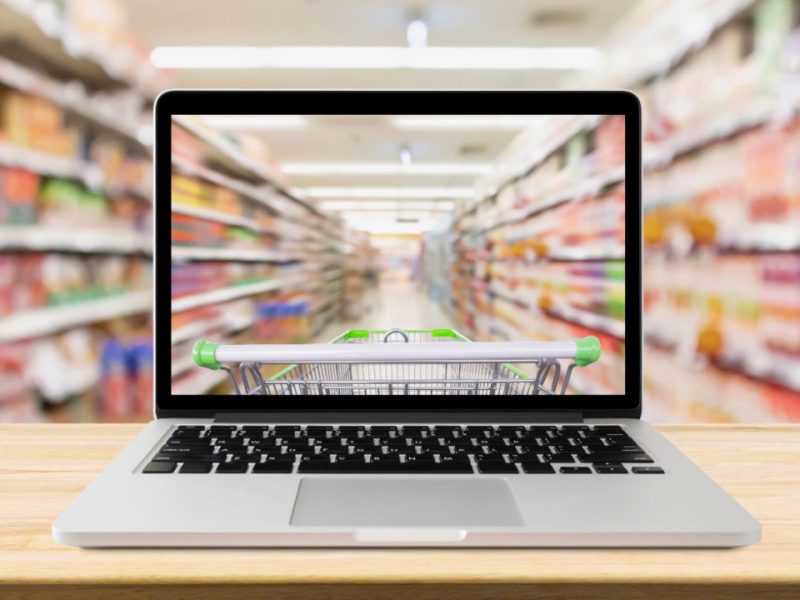
The grocery industry has been transformed by the pandemic and omnichannel is now the rule rather than the exception, writes NielsenIQ.

The strategic considerations behind the EU agreeing the NZ FTA demonstrate some of its current thinking about the direction of its global trade policy and its international ambitions, according to University of Canterbury’s Serena Kelly and Mathew Doidge.
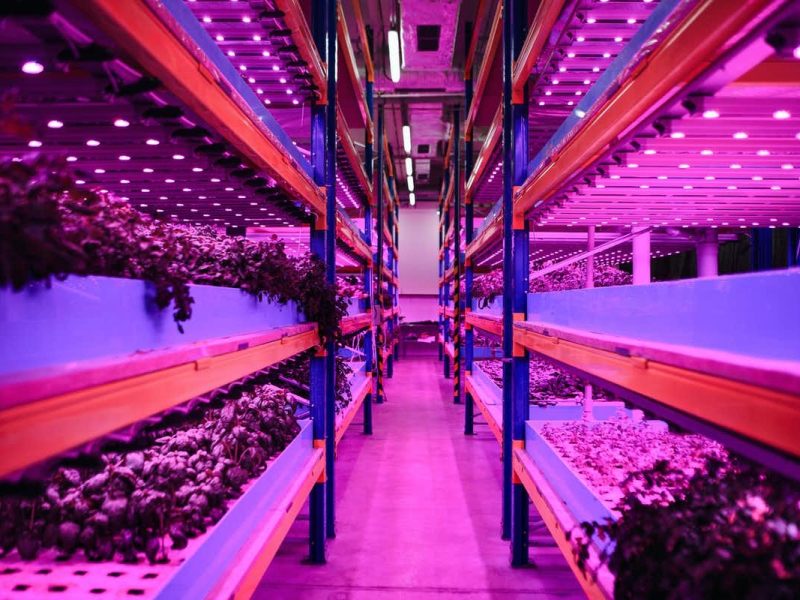
The renewed interest in space can only benefit agriculture here on Earth by providing new opportunities to improve food.

After a decade of food scandals, the blockchain presents itself as a promising technology offering many features to guarantee trust, traceability, as well as product quality and food waste reduction.

The workings of government can often be opaque but important work for the industry is under way, writes the industry body.
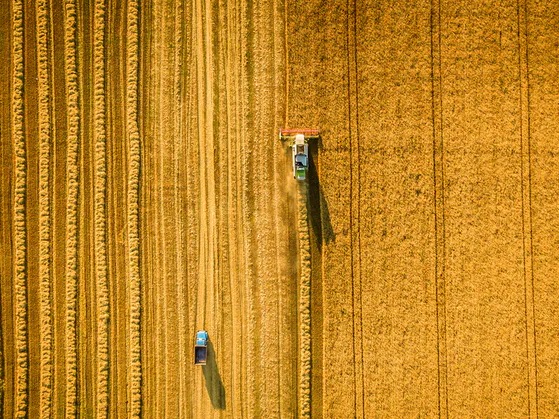
The world needs more diverse, local food production, processing and markets, argues Phoebe Stephens from Canada’s University of Toronto.
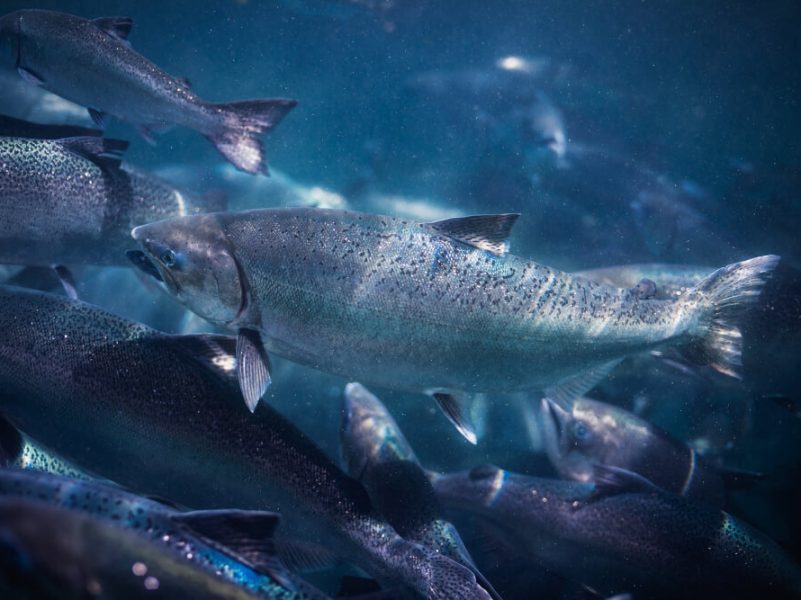
Changes are needed to enable better management of existing aquaculture, and the development of open ocean aquaculture, according to Ocean and Fisheries Minister David Parker.

The end of easy credit combined with falling demand and rising costs means that only the strongest in the increasingly competitive food delivery space will survive.
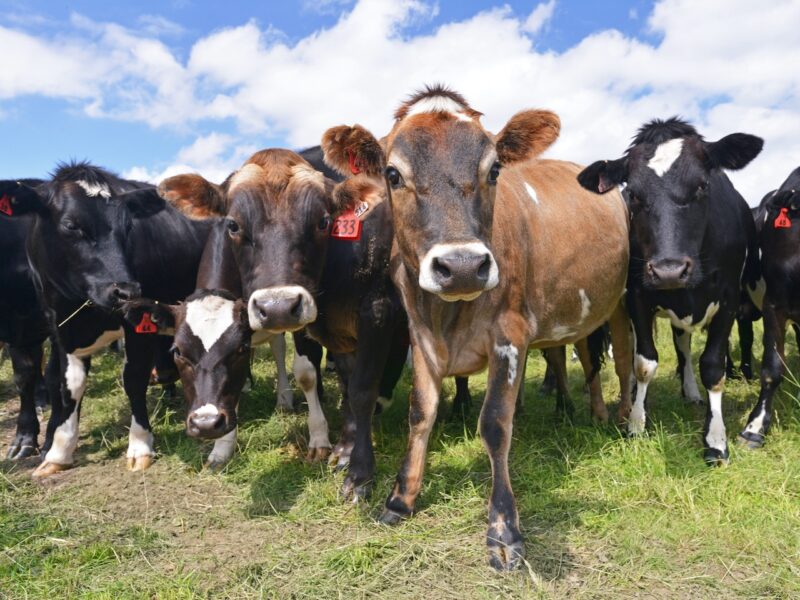
A study of nitrate pollution looks at the industry’s impact on fresh water.
We soft launched Food Ticker a year ago to gauge interest in specialist NZ food and beverage industry news and insight. We’re pleased to say we’ve been warmly received.

The next chapter of New Zealand’s food-tech enabled future can be built on the shoulders of dairy and the primary industries embracing the ‘and’ ideas over the ‘or’ ideas, argues entrepreneur and Future Food Aotearoa chair Alex Worker.
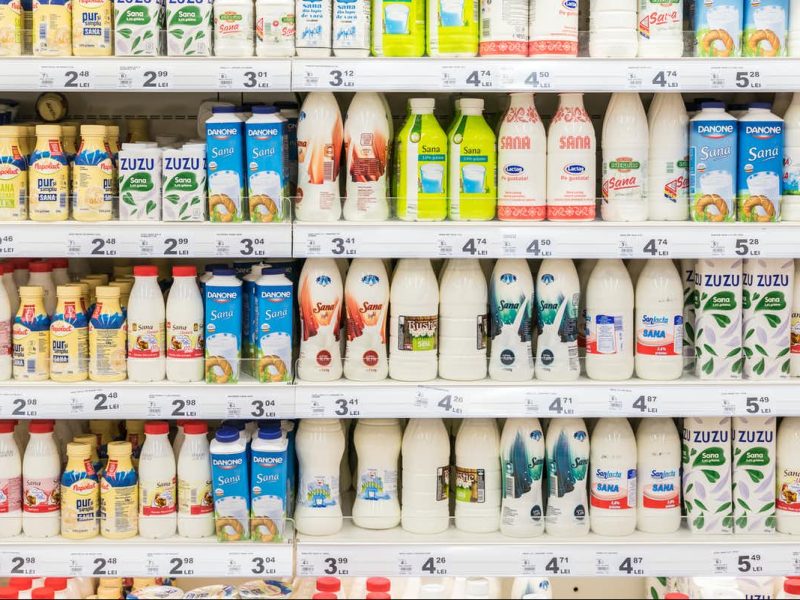
Research shows the innate cognitive bias shoppers have towards focusing on price, no matter what.

People must consider the impact cheap food has on the environment and whether there are better ways to help struggling families.
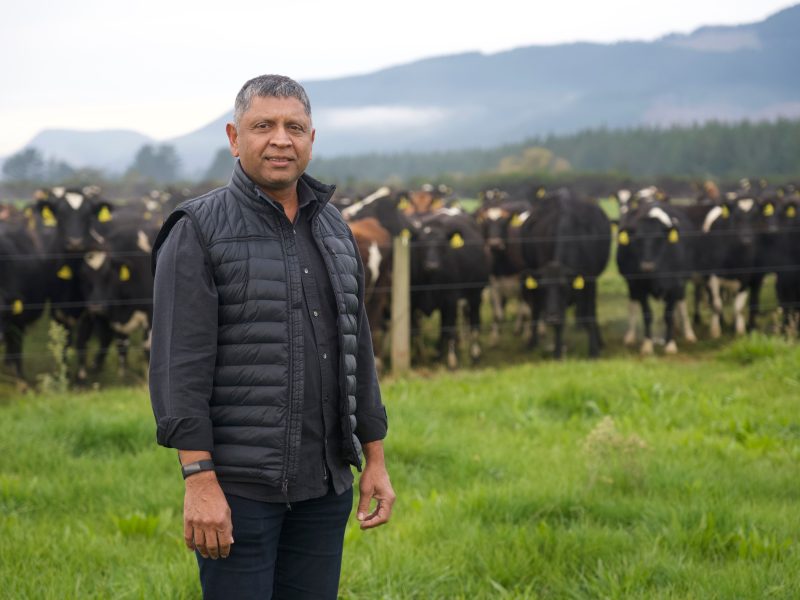
In the face of other challenges, some have put their environmental policies on the backburner but that is dangerous short-term thinking, writes Southern Pastures’ Prem Maan.

Largely overlooked in the recent easing of Covid restrictions has been the unequal impact on marginalised groups such as gig workers, who remain voiceless and vulnerable.
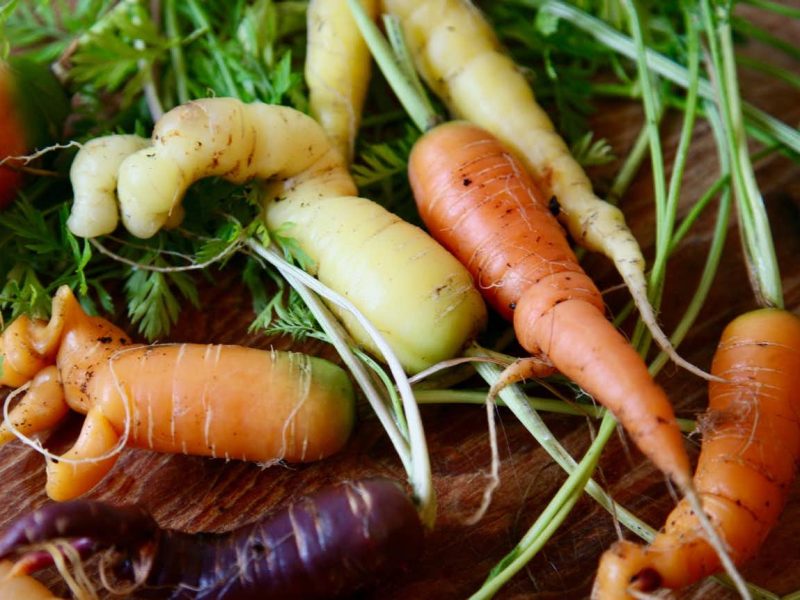
One of the biggest individual contributions people can make is eating a diet rich in plant-based food, with moderate intake of meat and dairy.

ComCom’s approach to improving competition in supermarkets is more strategic than it is being given credit for, says MonopolyWatch NZ.
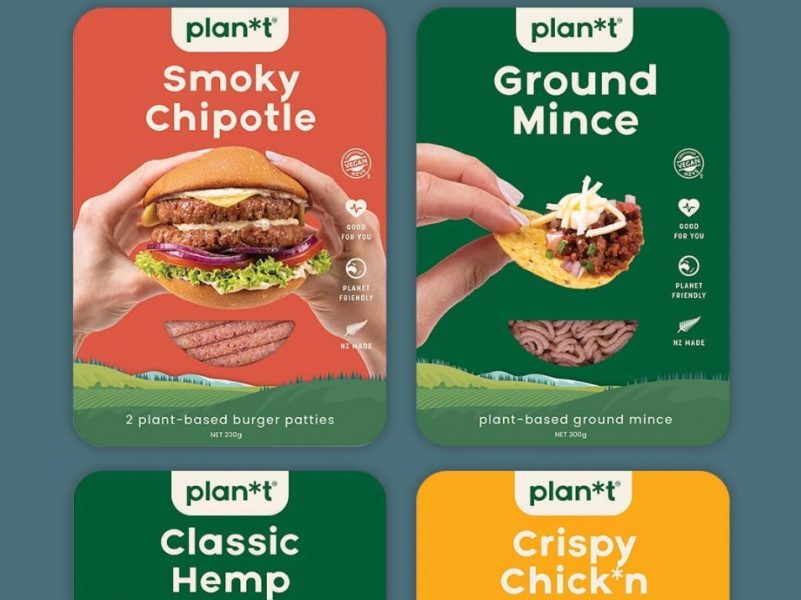
Investments in ventures like Raglan Food Co and Sustainable Foods are a vote of confidence in New Zealand’s burgeoning plant-based sector.
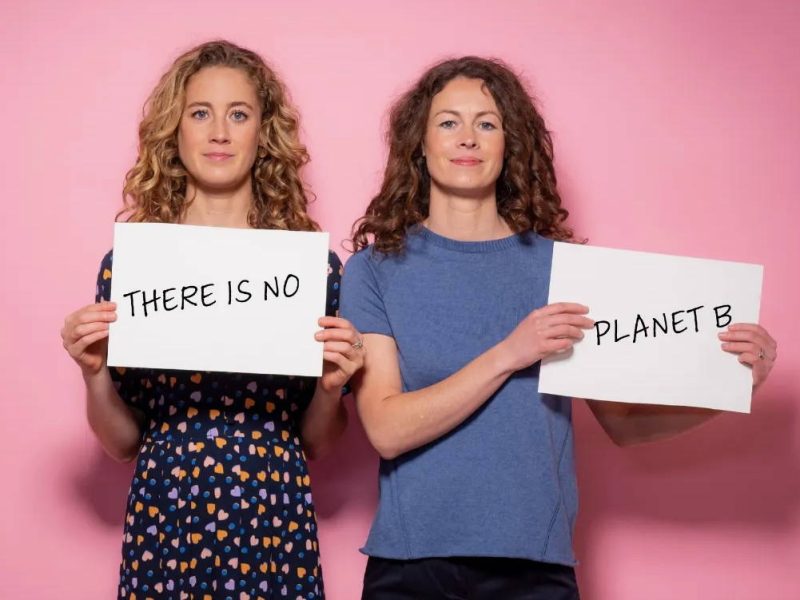
We have a narrow window of opportunity to change the alarming outlook, write Florence and Chloe van Dyke.

New Zealand’s re-opening of its borders to Australian visitors in mid-April and visa waiver countries in early May will do more than just help tourism, writes the Ticker’s Paul Yandall.
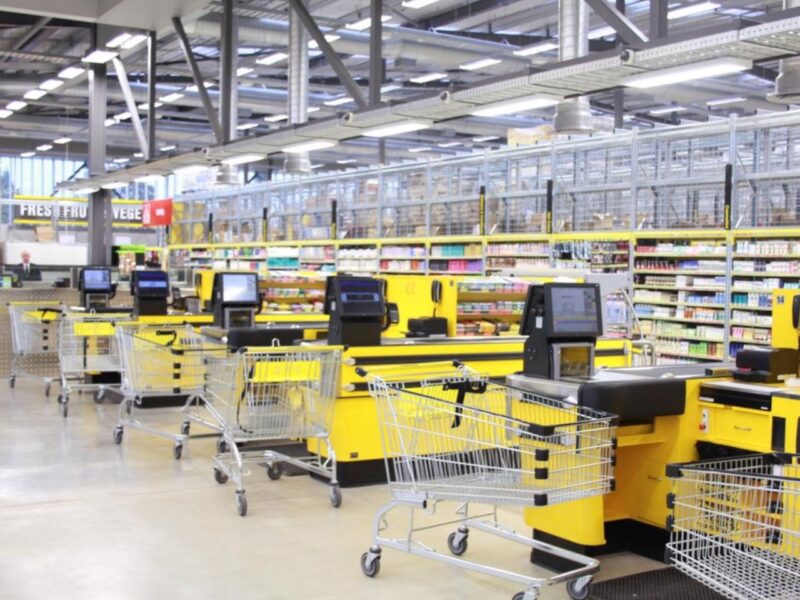
As ComCom has found, restructuring the country’s duopoly-dominated grocery market is much harder than it looks.
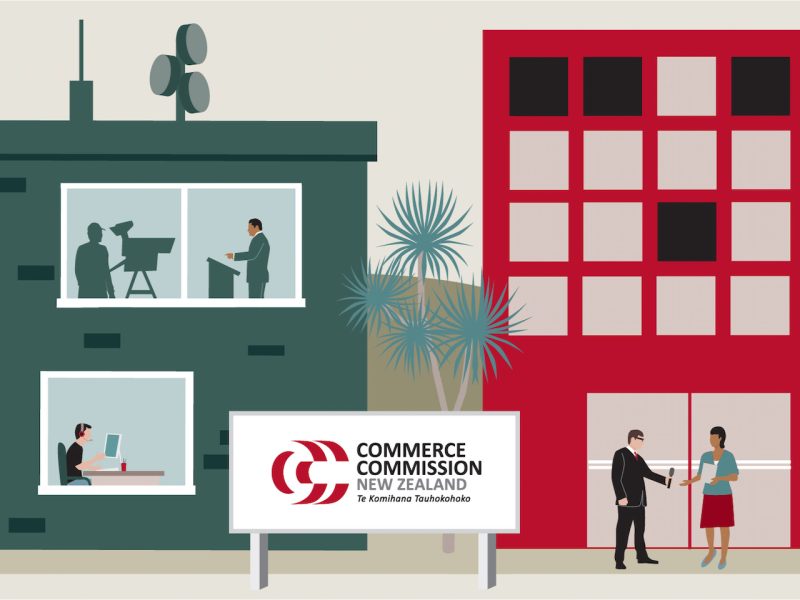
Despite the sound and fury, the commission’s final report arrives with a whimper when it comes to competition, writes the Ticker’s Bridget O’Connell.

Economist Cameron Bagrie rejects the argument that New Zealand’s credit rating could be hurt if the supermarket giants are forced to divest.

The IPCC report highlights that more transformative change is needed from NZ’s food and fibre sector as global temperatures continue to rise.

Dr David Willer writes sardines should replace salmon to keep fish stocks healthy.

And there is no quick fix available to policymakers, argue AUT economists.
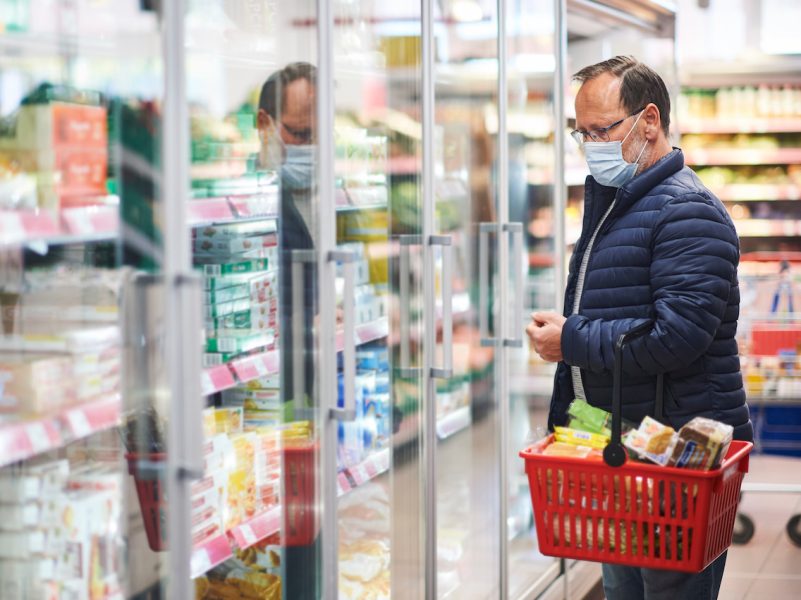
Straightforward guidance about ultra-processed foods is rare but action can be taken to ensure equitable access to healthy and sustainable foods.

AGMARDT GM Lee-Ann Marsh on why we need a new mindset that transcends siloed thinking.

We are as frustrated as anyone about the lack of forethought and planning for the management of Omicron, writes HortNZ’s Nadine Tunley.

The Omicron wave about to wash over New Zealand will exacerbate an already tightening labour market.
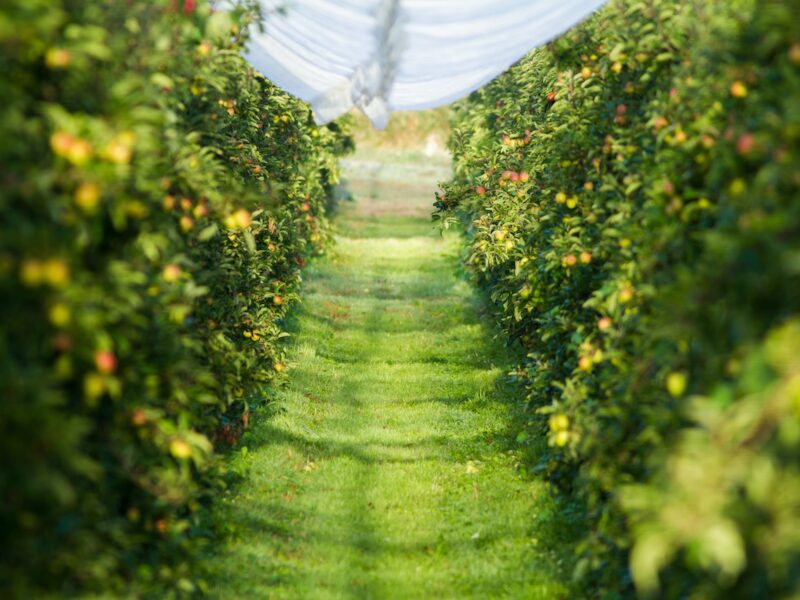
We’ve completed our 2021 coverage test and are pleased to confirm that we’ll be back in early 2022. Thank you for your support this year. Have a Merry Christmas and a Happy New Year – the Ticker team.
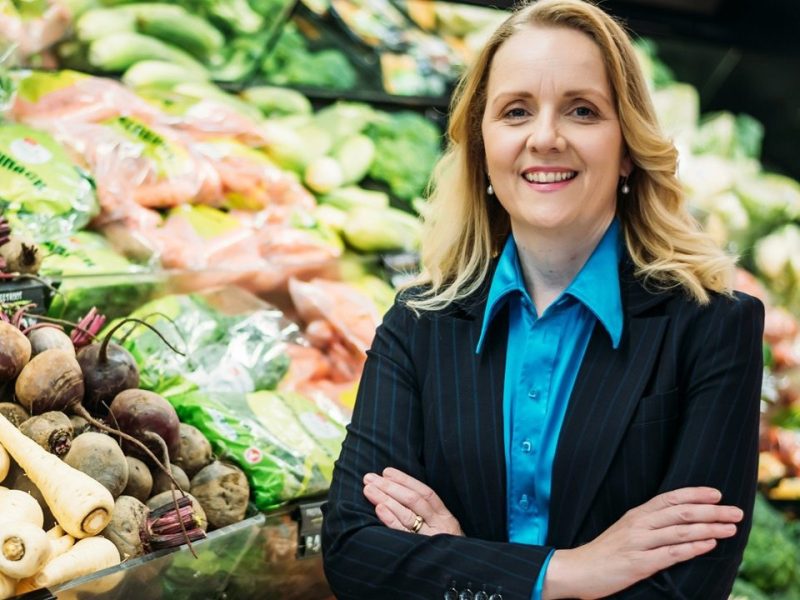
Covid, ComCom plus business as usual made 2021 a testing year, but NZFGC boss Katherine Rich says prioritising the creation of a Grocery Code would be a strong start in 2022.

Grocery workers are suffering the mental health effects of customer hostility and lack of safety in their workplace.
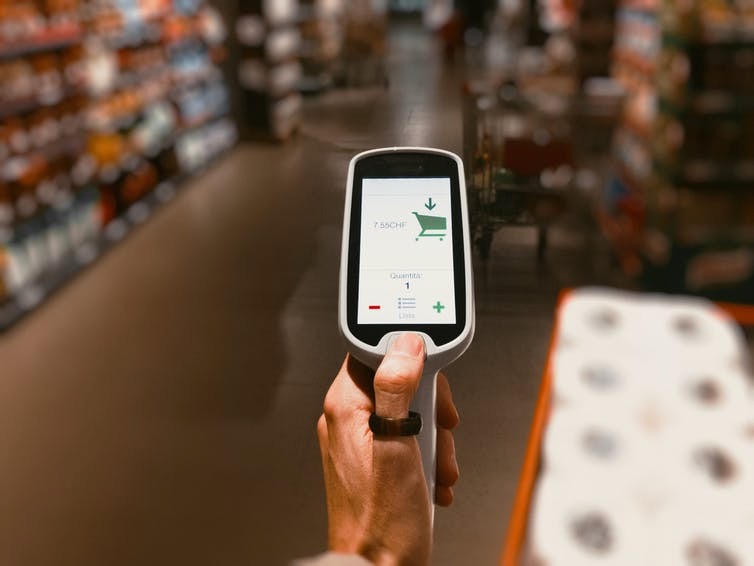
In a future where every moment of a crop’s lifecycle and detailed records of what moves on and off supermarket shelves is collected and collated, how do we ensure these systems meet ethical standards?
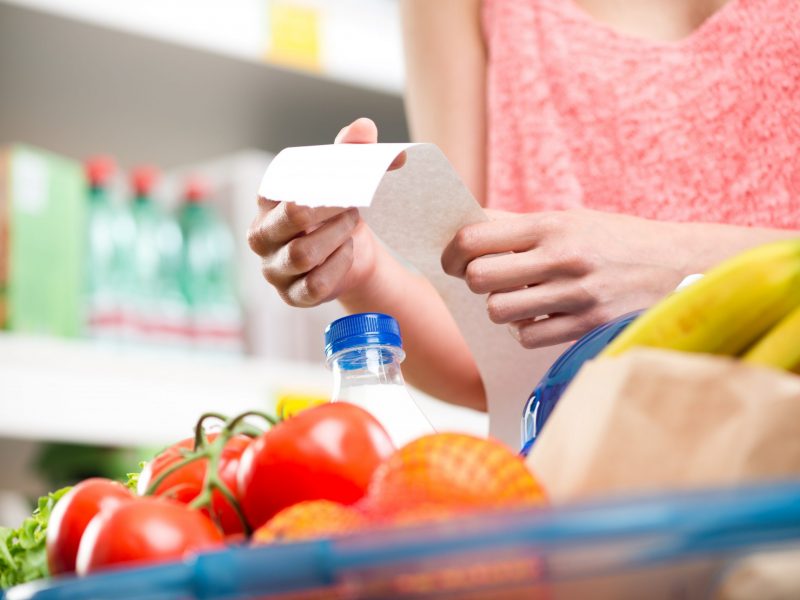
The value proposition and opportunity cost of food sold in New Zealand is not simply the export value of that same food, says KPMG’s Jack Keeys.

The pandemic provides an opportunity to examine and set a future pathway for New Zealand’s food system.

Global food prices are creeping towards record highs due to a combination of fuel prices, bad weather and Covid-19, according to University of Warwick global sustainable development

Digitised food, urban farms and ocean protein could play a greater role in future food production, says Plant & Food Research chief scientist Professor Richard Newcomb.

Food production accounts for a quarter of global greenhouse gas emissions and there are some carbon culprits in the first meal of the day.
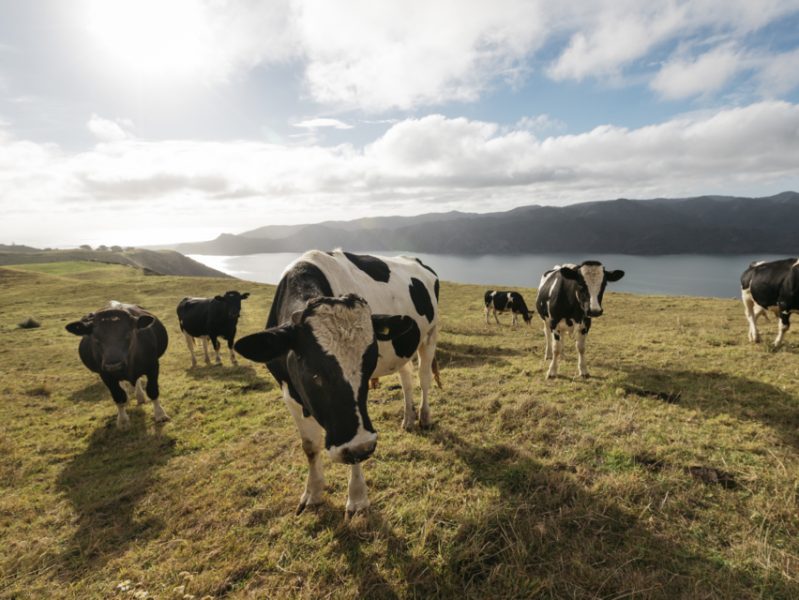
A new framework makes it possible to compare how different food products and food-producing regions affect Earth’s climate.

The chocolate company tested a limited run of its Peanut Slab in compostable wrappers as part of its move to 100% sustainable packaging by 2025.
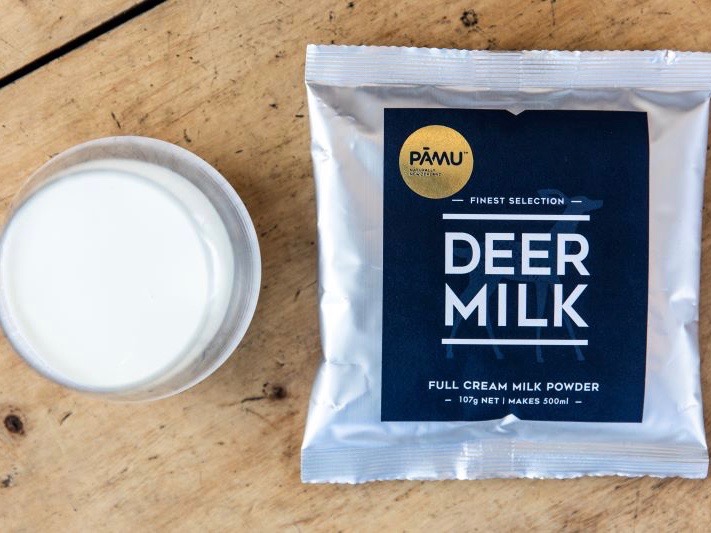
What does a move from volume to value look like in practice, and how do we go about achieving it?
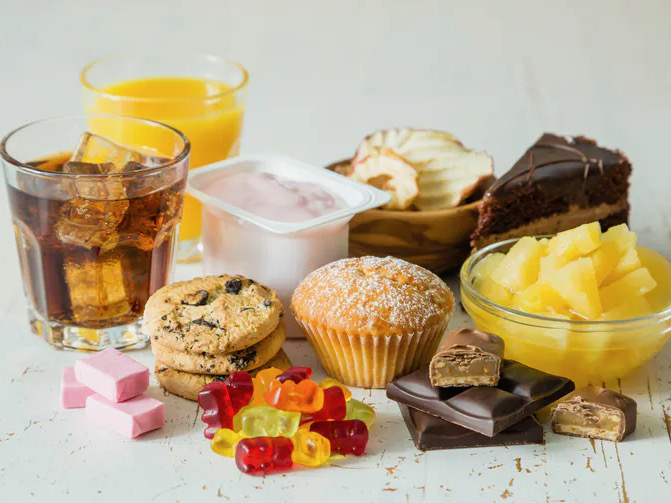
The plan has drawn fire from some in the food industry there but support from others, so what is at stake?

The opportunity for an intelligently connected food system is riper than ever, writes Trust Codes’ Emma Wheeler.
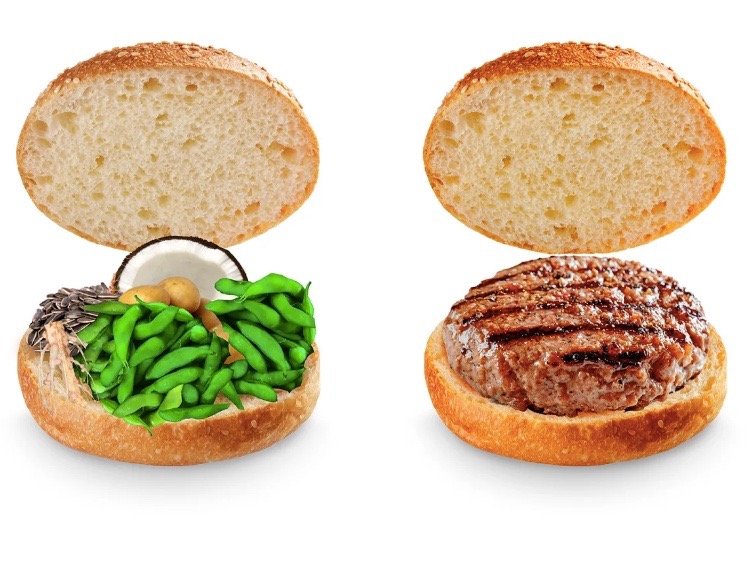
The ultra-processed nature and long ingredient list of some plant-based burgers means they may not be as healthy as some expect, writes a nutritional biochemist.
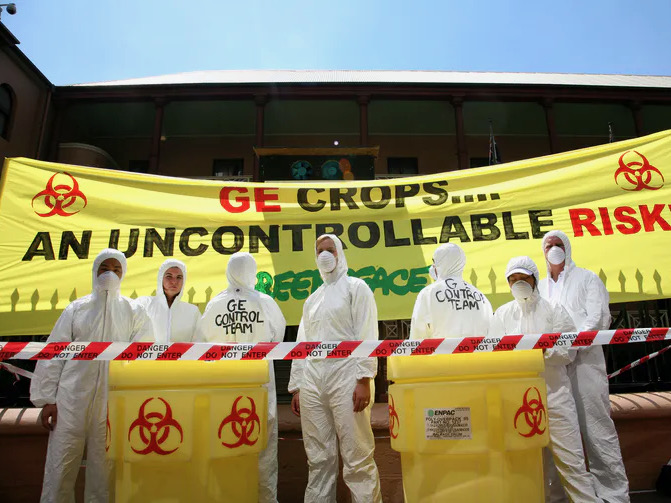
There are no genetically modified commercial crops in New Zealand but across the ditch, it’s a different story.

Not everyone is happy with the government’s Hauraki Gulf plan released this week and there is more work to do to ensure any changes are fair for everyone, writes Seafood New Zealand chief executive Dr Jeremy Helson.

With industry transformation on the cards, FoodBowl boss Alex Allan considers what it would take to unlock F&B sector restraints.

KPMG’s Auckland-based agri-food research & insights analyst, Jack Keeys, looks forward to look back at some of the challenges New Zealand’s food system has the opportunity to address.

European consumers are keen to hear about the sustainability of NZ produce, writes NZTE’s regional director of Europe, Alison Adams.

Producing further up the value chain will be a way of boosting export values, according to Infometrics economist Andrew Beattie.

Meeting climate change and environmental challenges means backing innovation, writes AgResearch’s Dr Trevor Stuthridge.
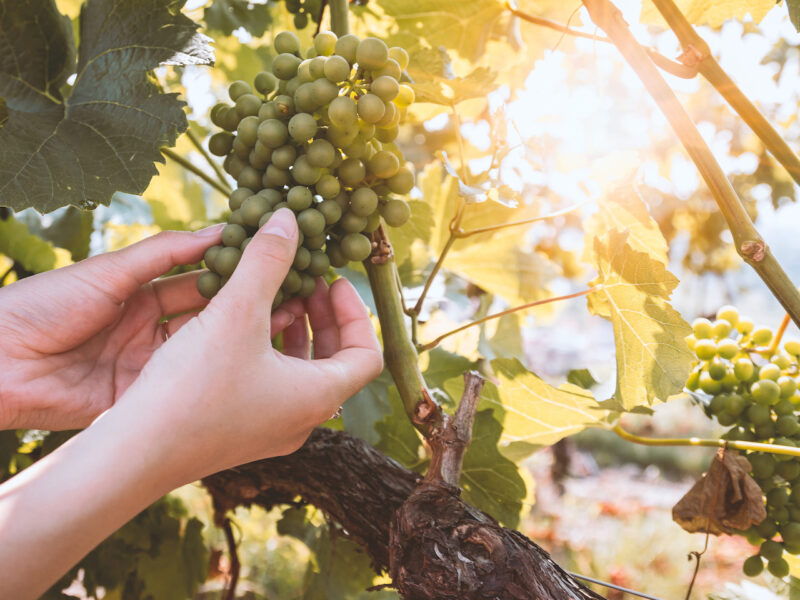
Women entrepreneurs are increasingly entering the wine industry, a traditionally masculine domain.

The clock is ticking on a lifeline for the seafood industry in a Covid-19 world, writes Seafood NZ CEO Dr Jeremy Helson.

Essential workers, online adaption, home deliveries – 2020 was a year like no other, says Seafood NZ CEO Dr Jeremy Helson.
© 2024 Business Media Network Ltd
Website by Webstudio